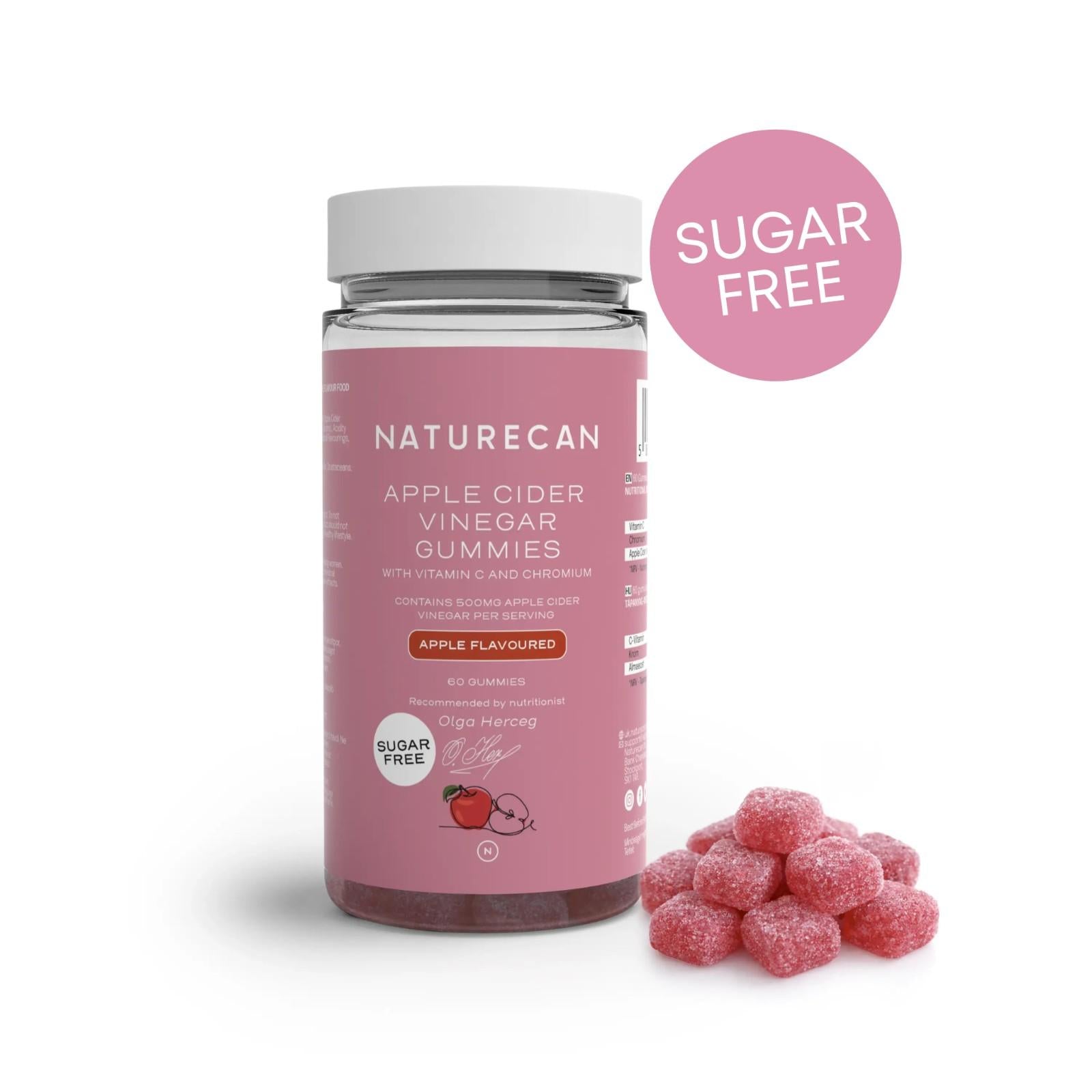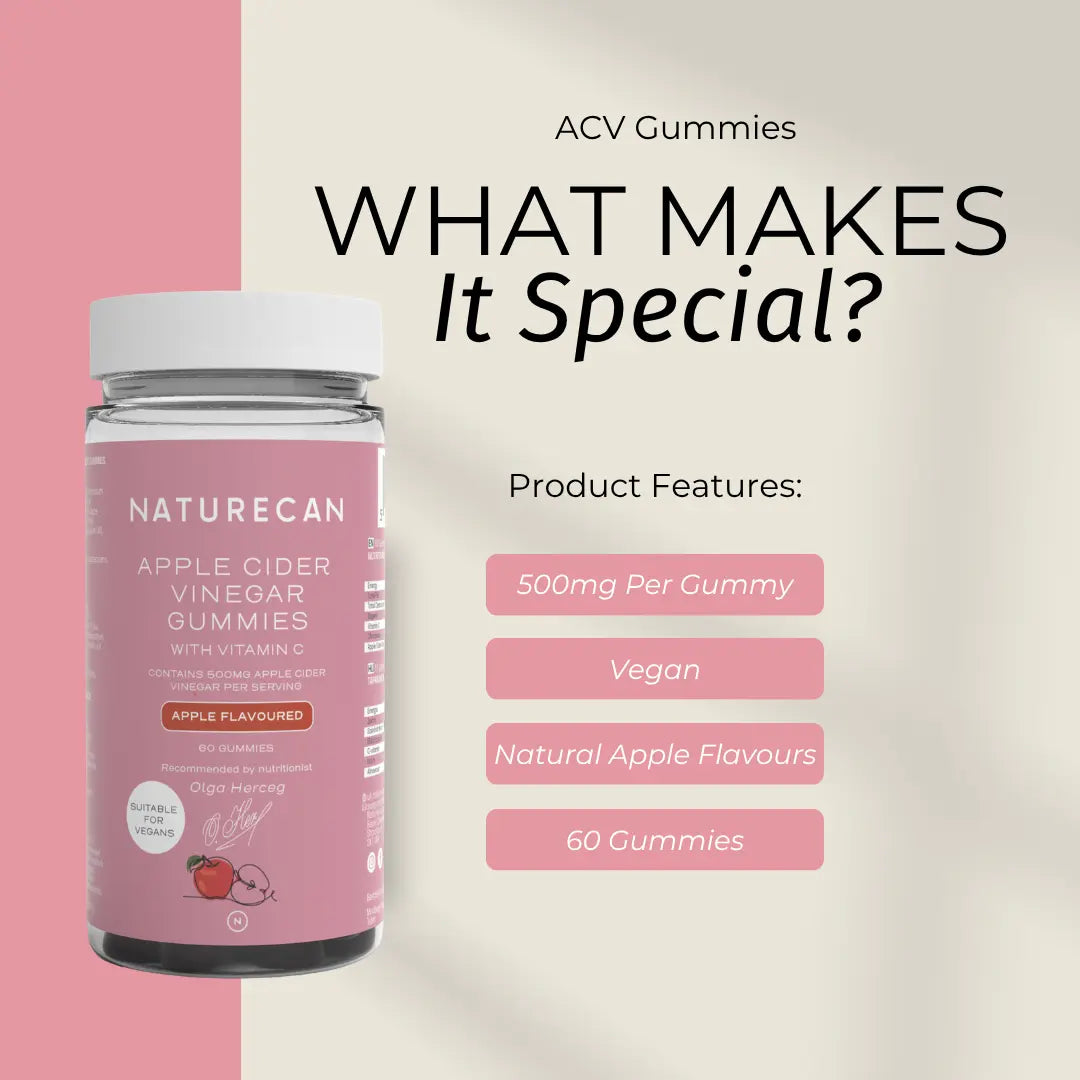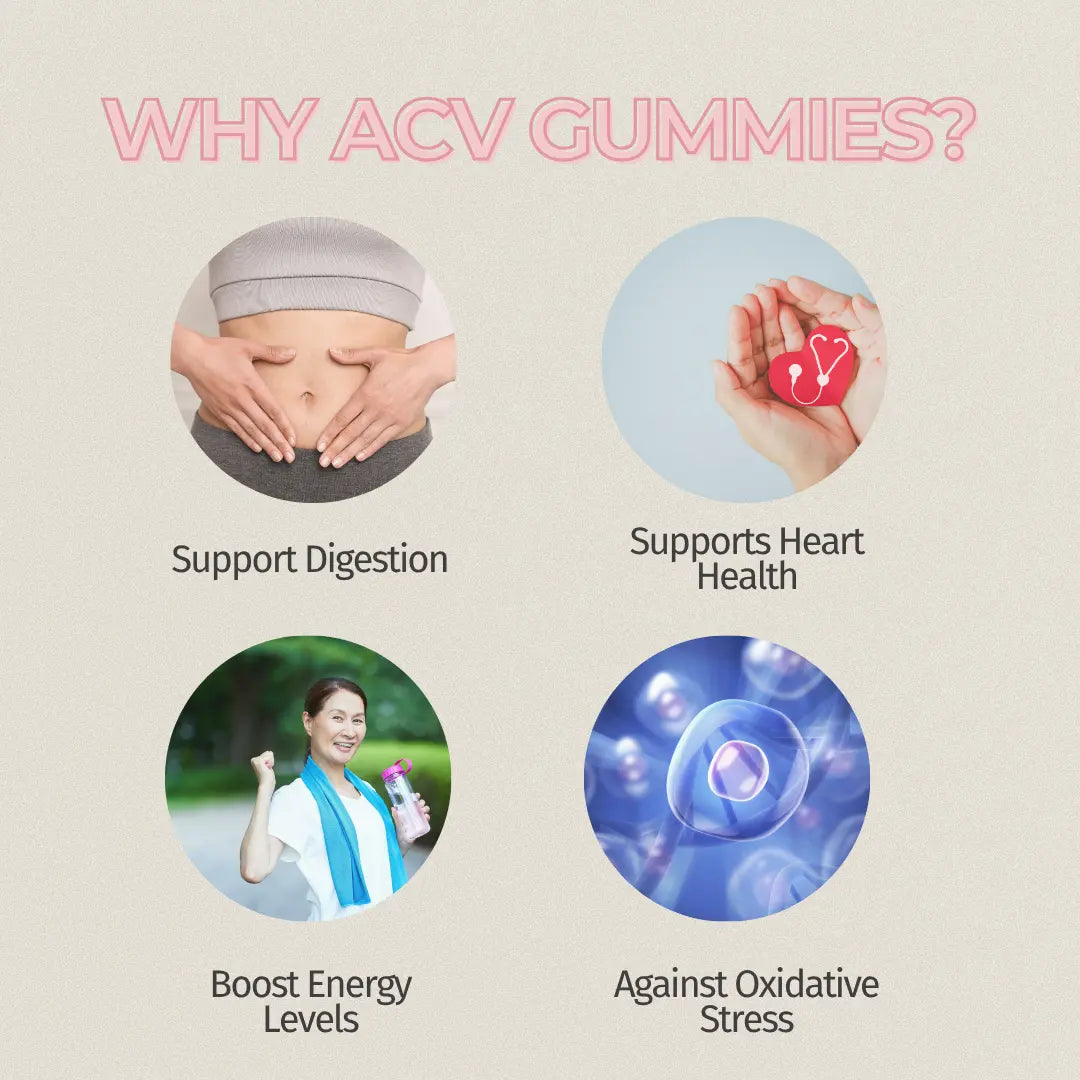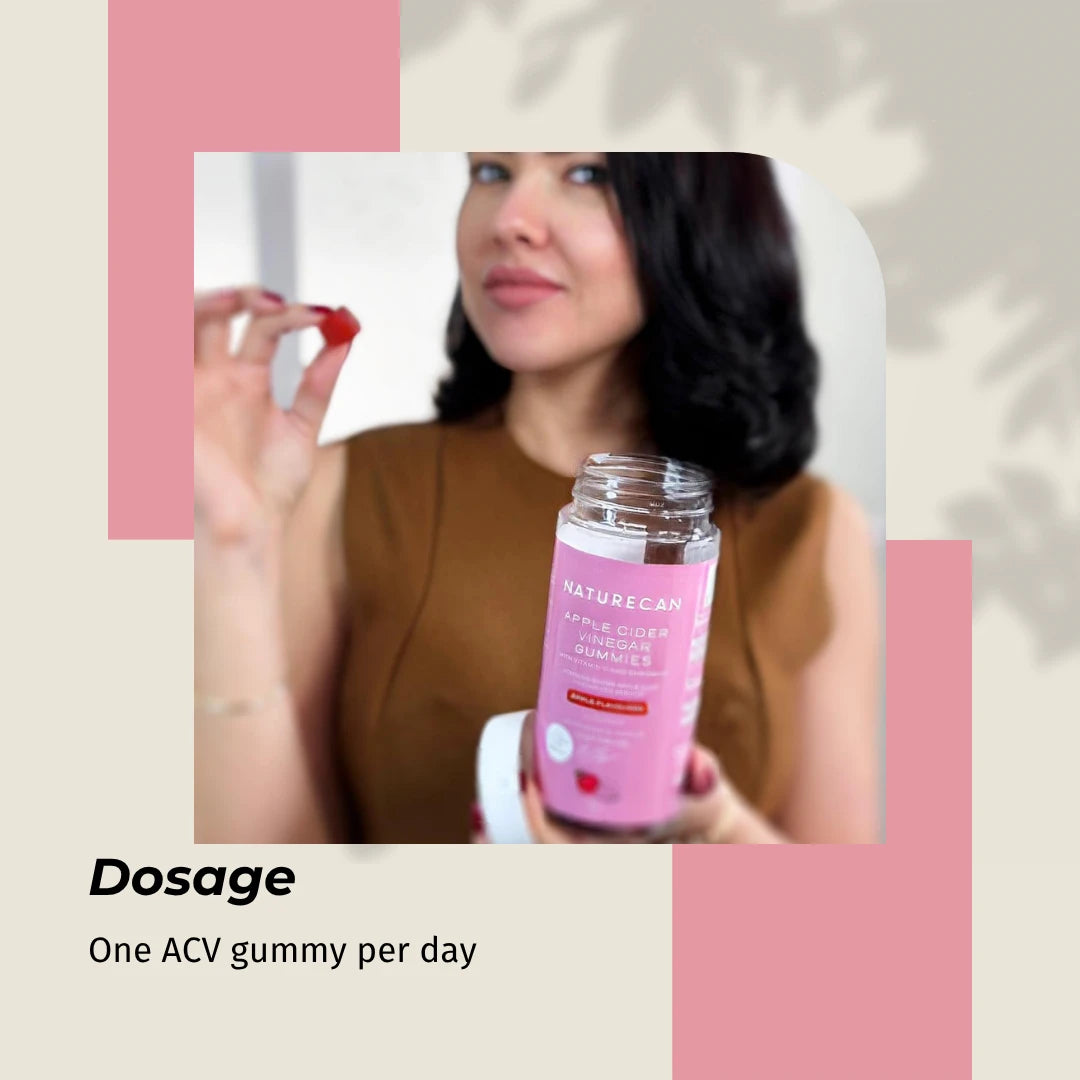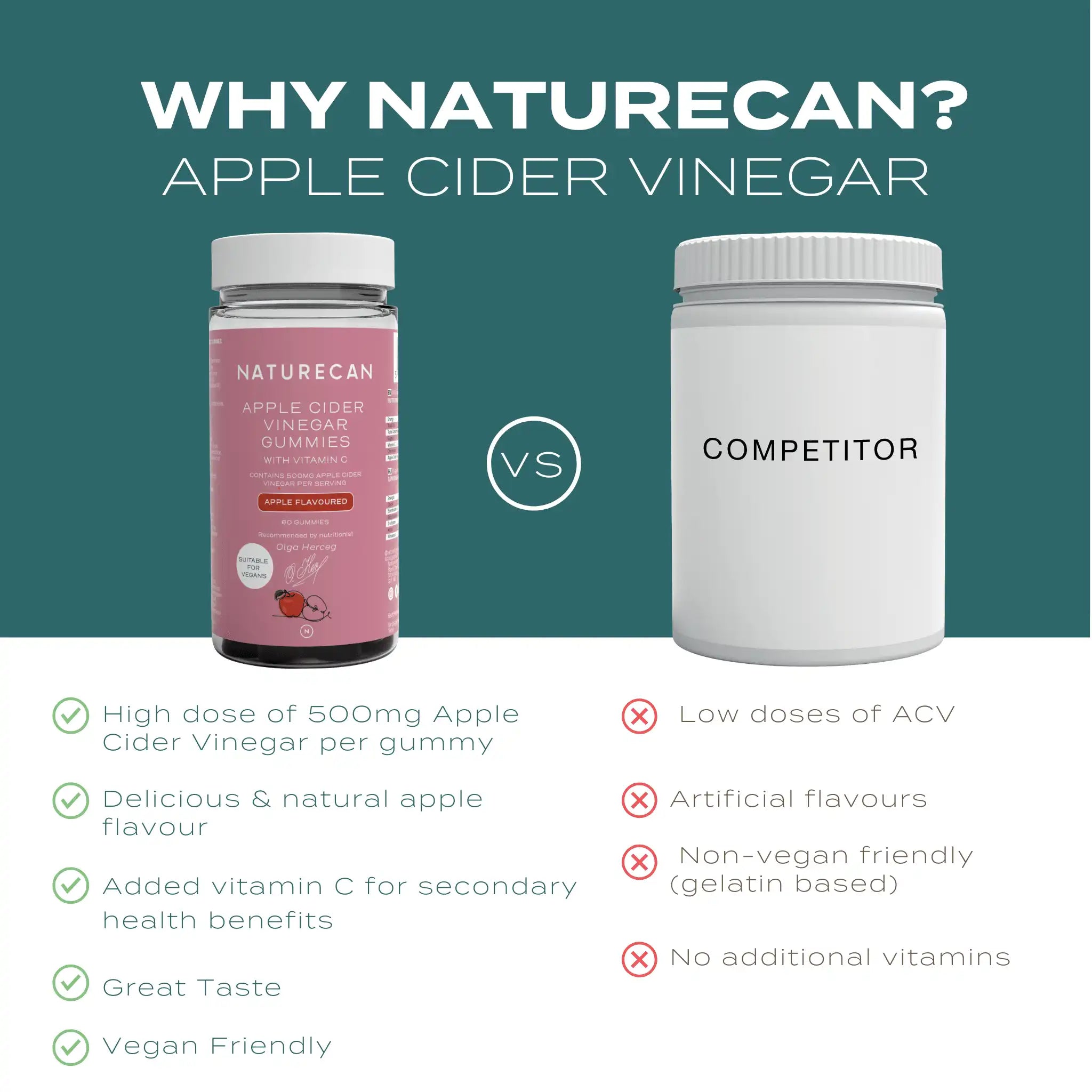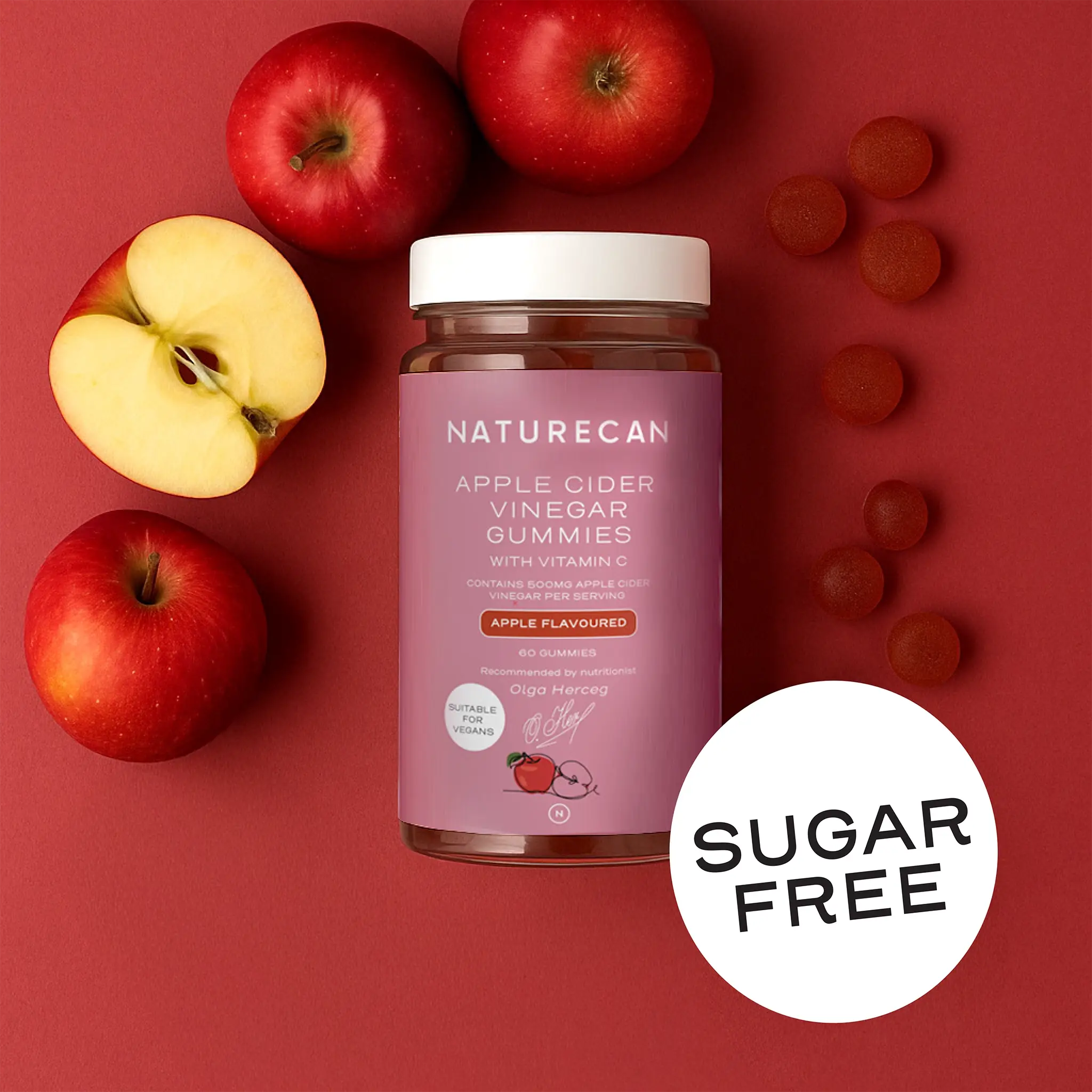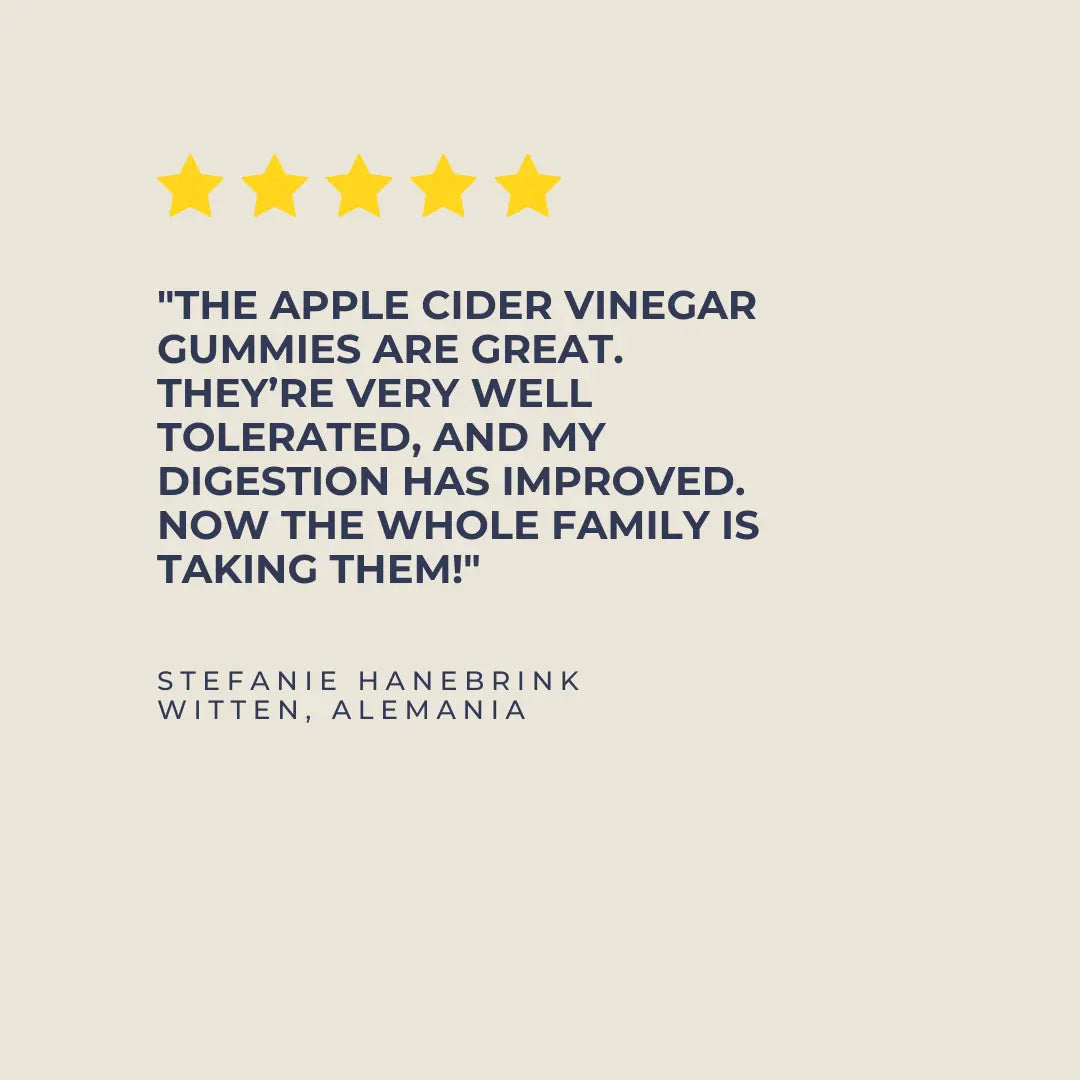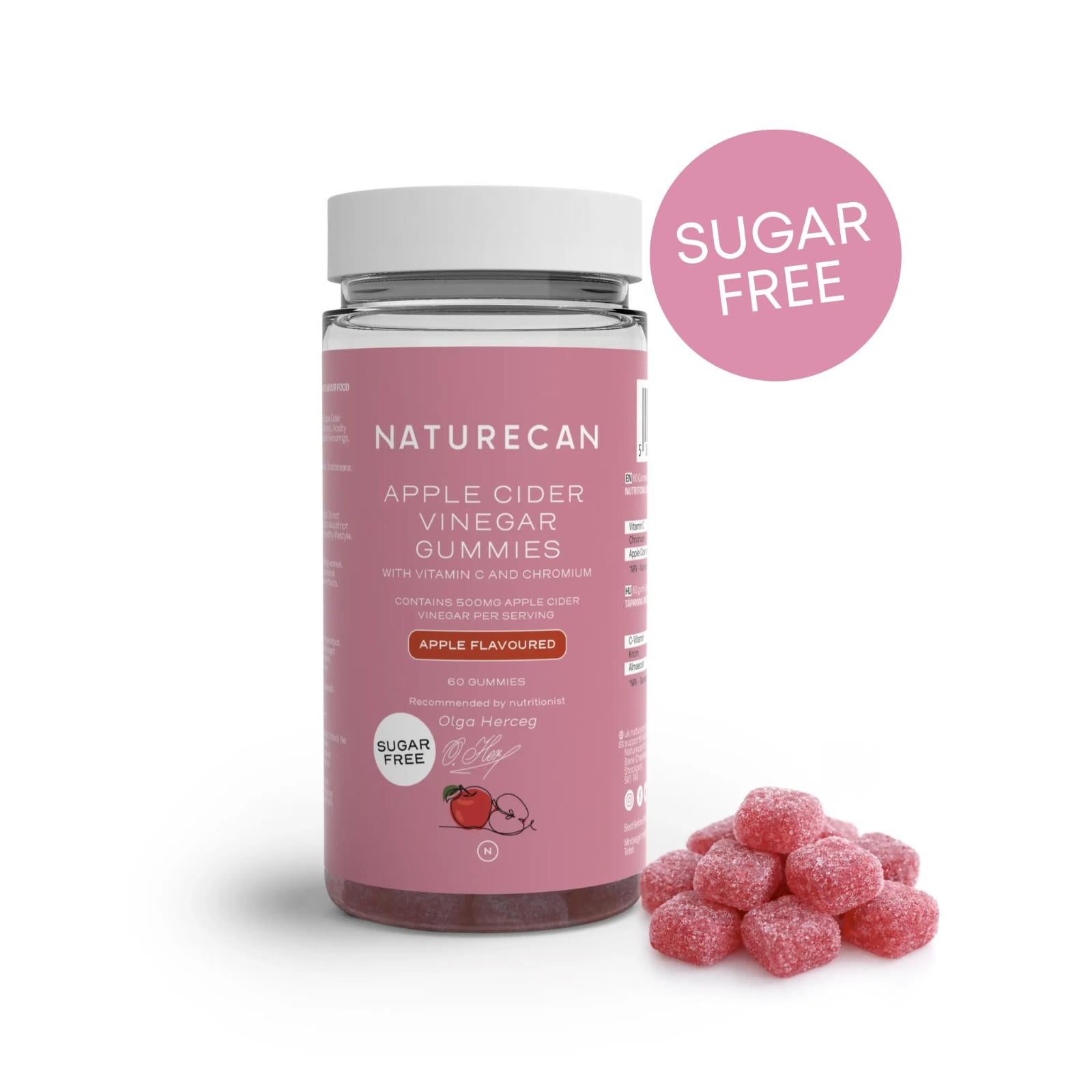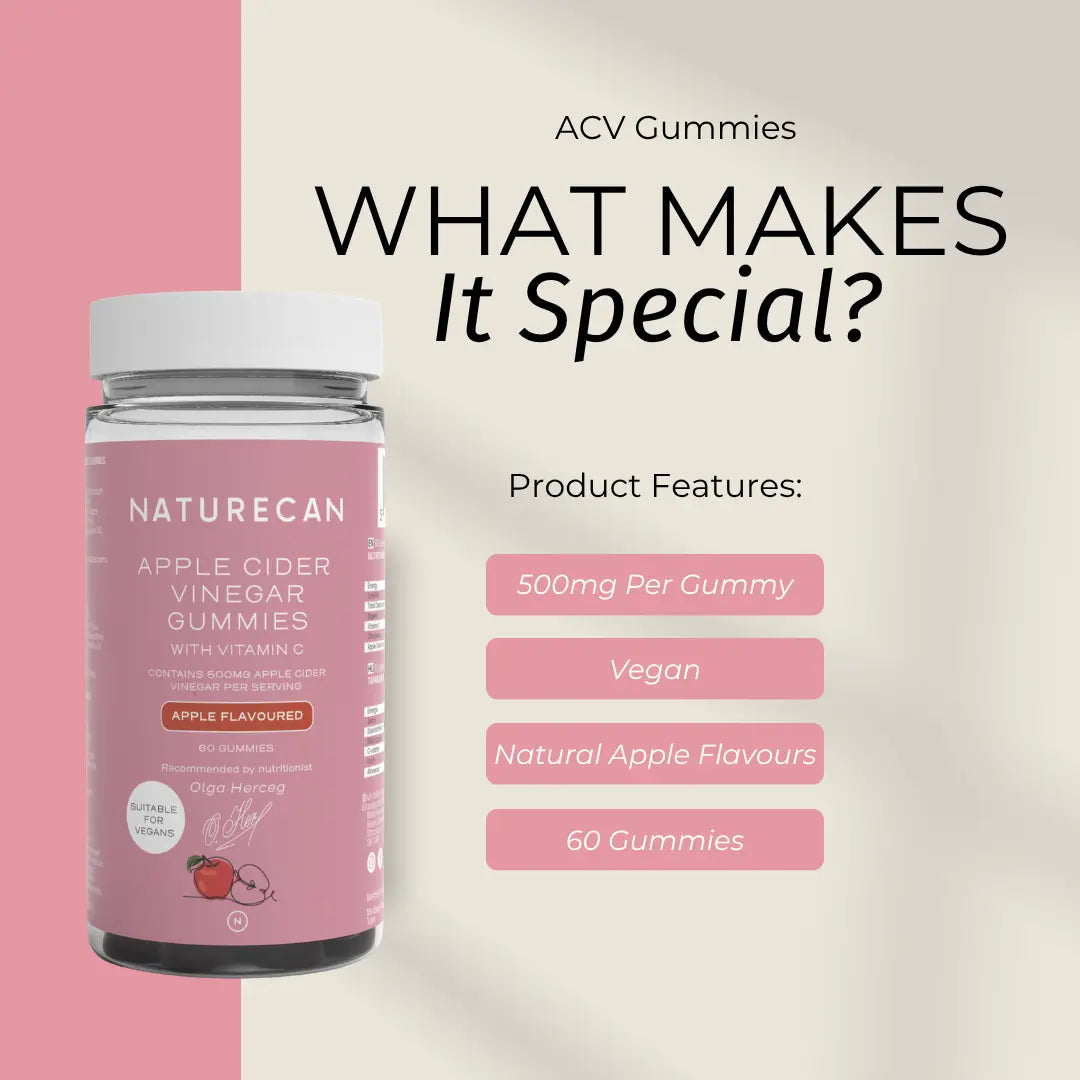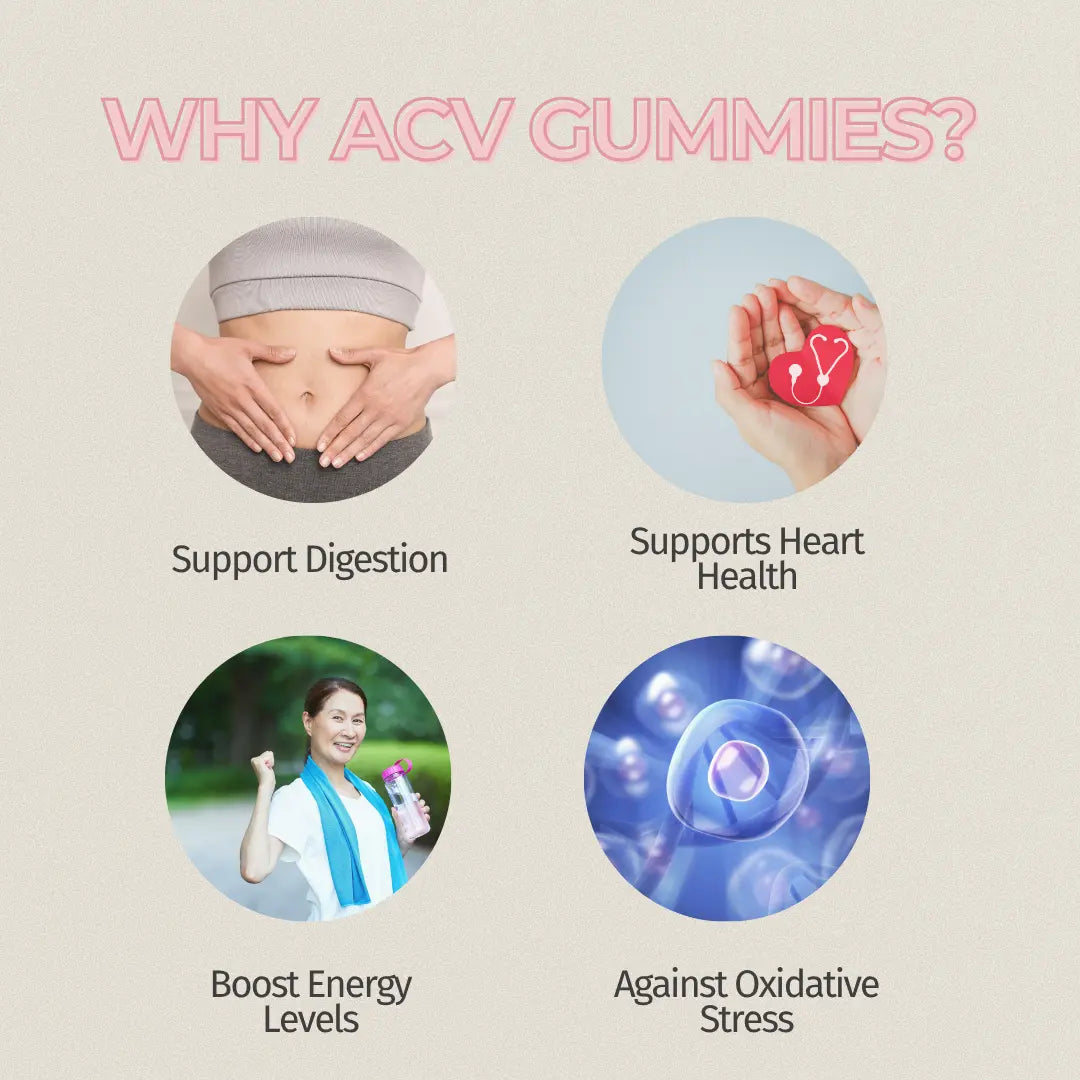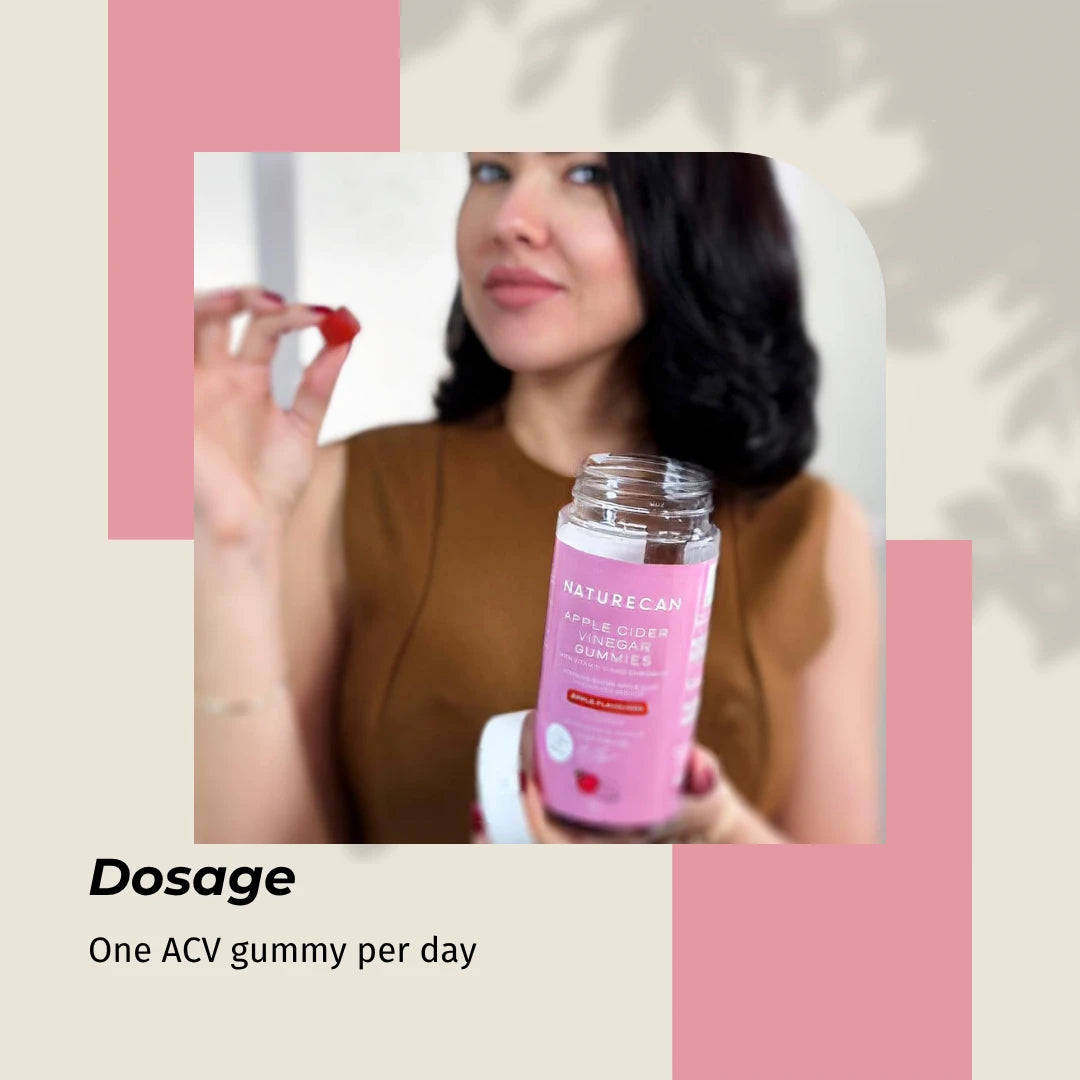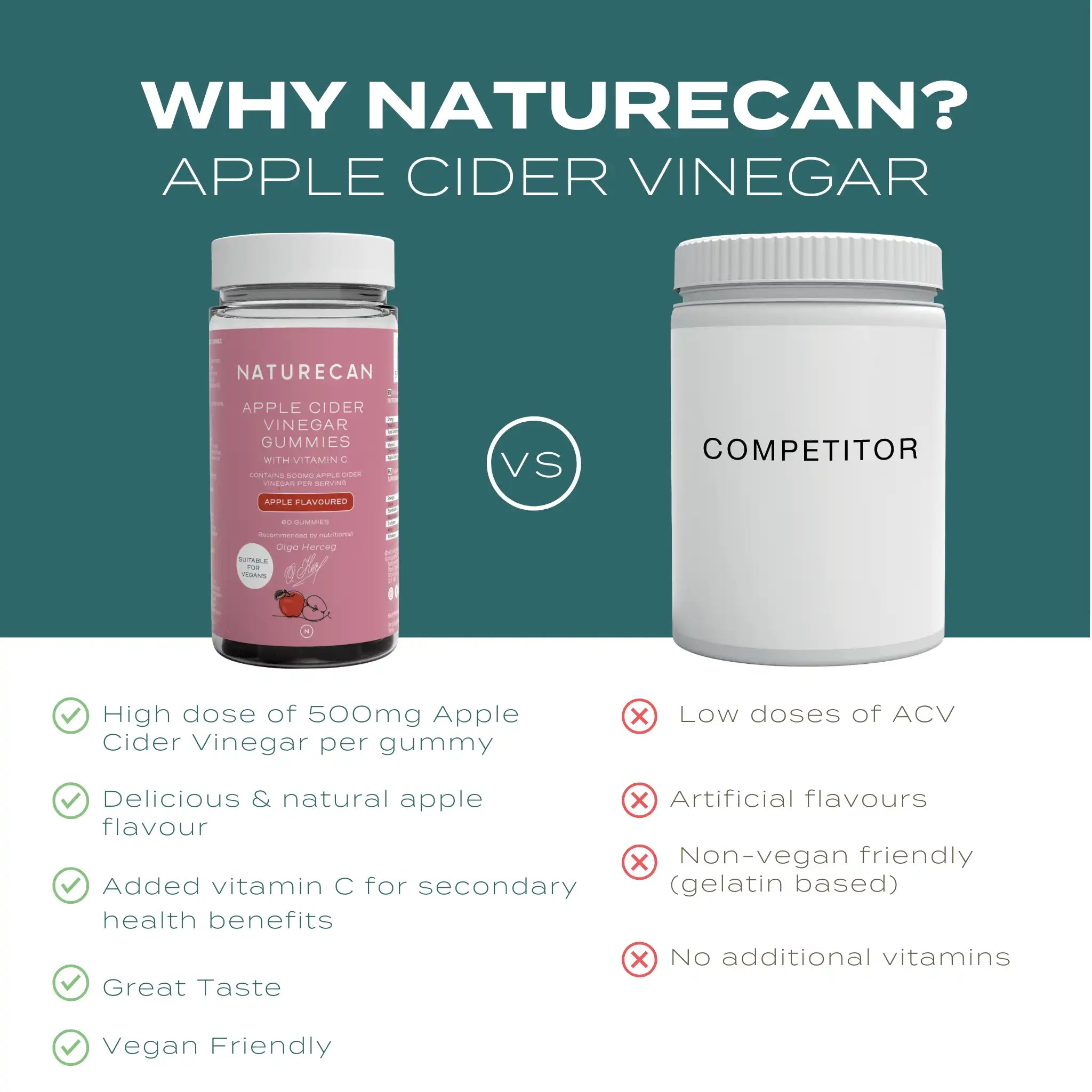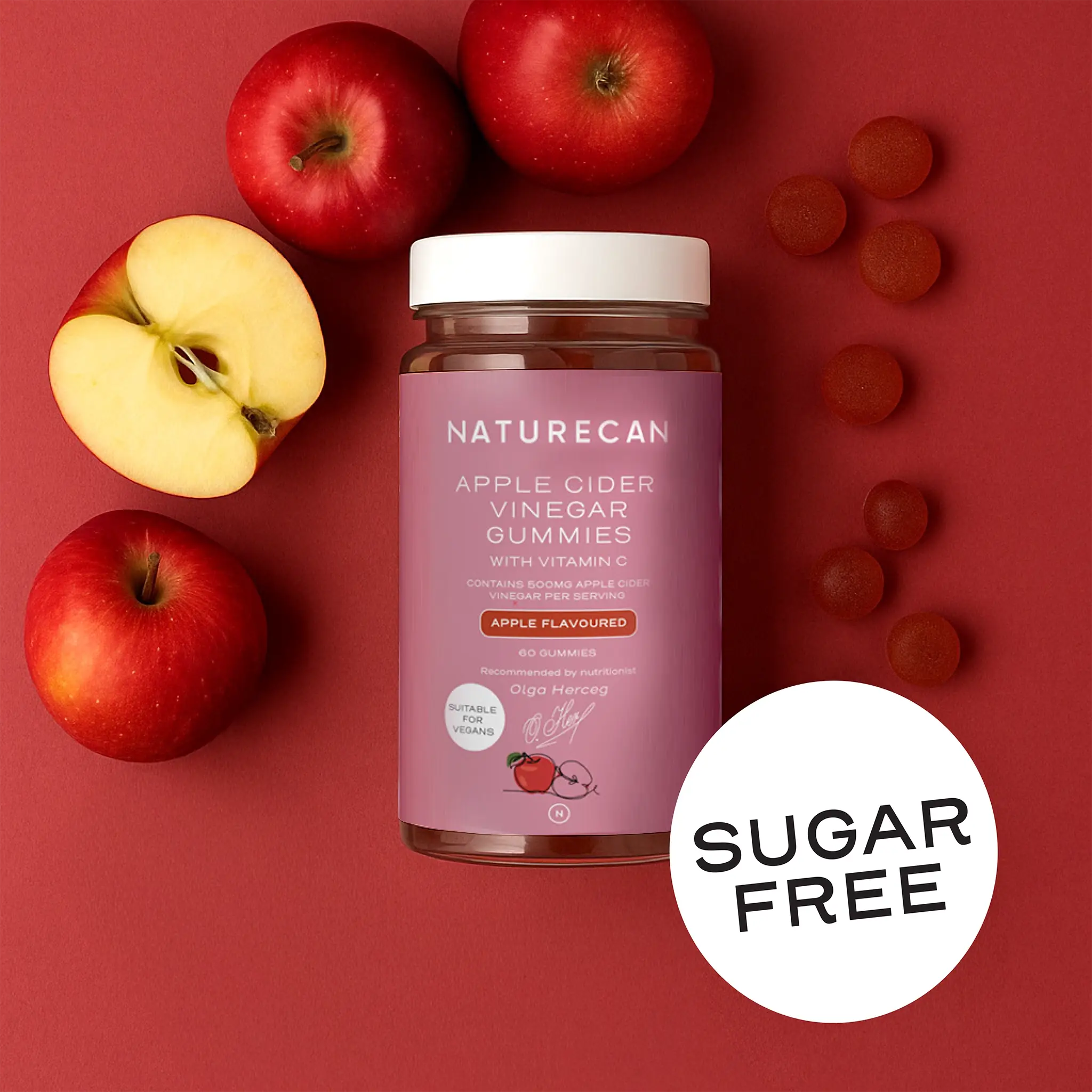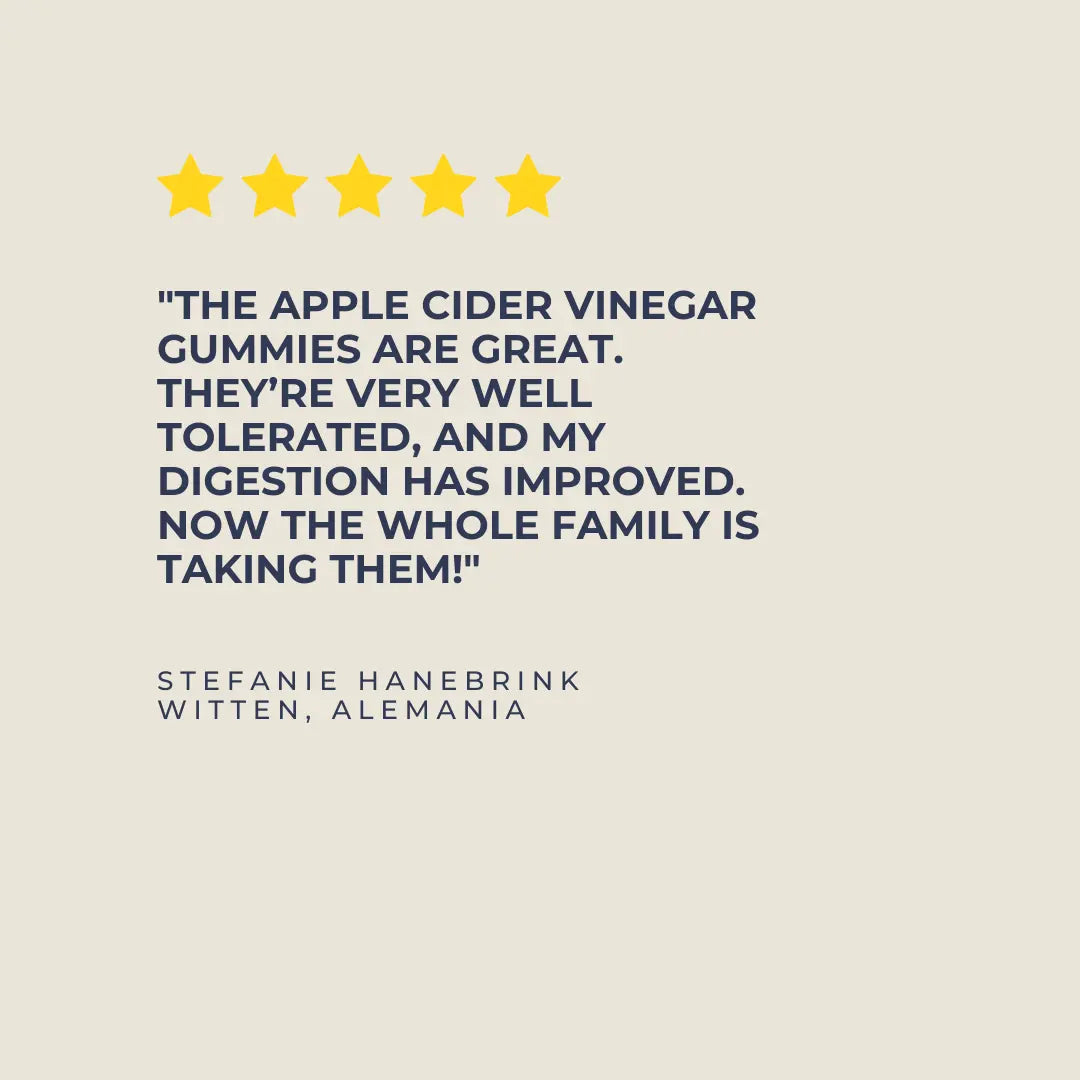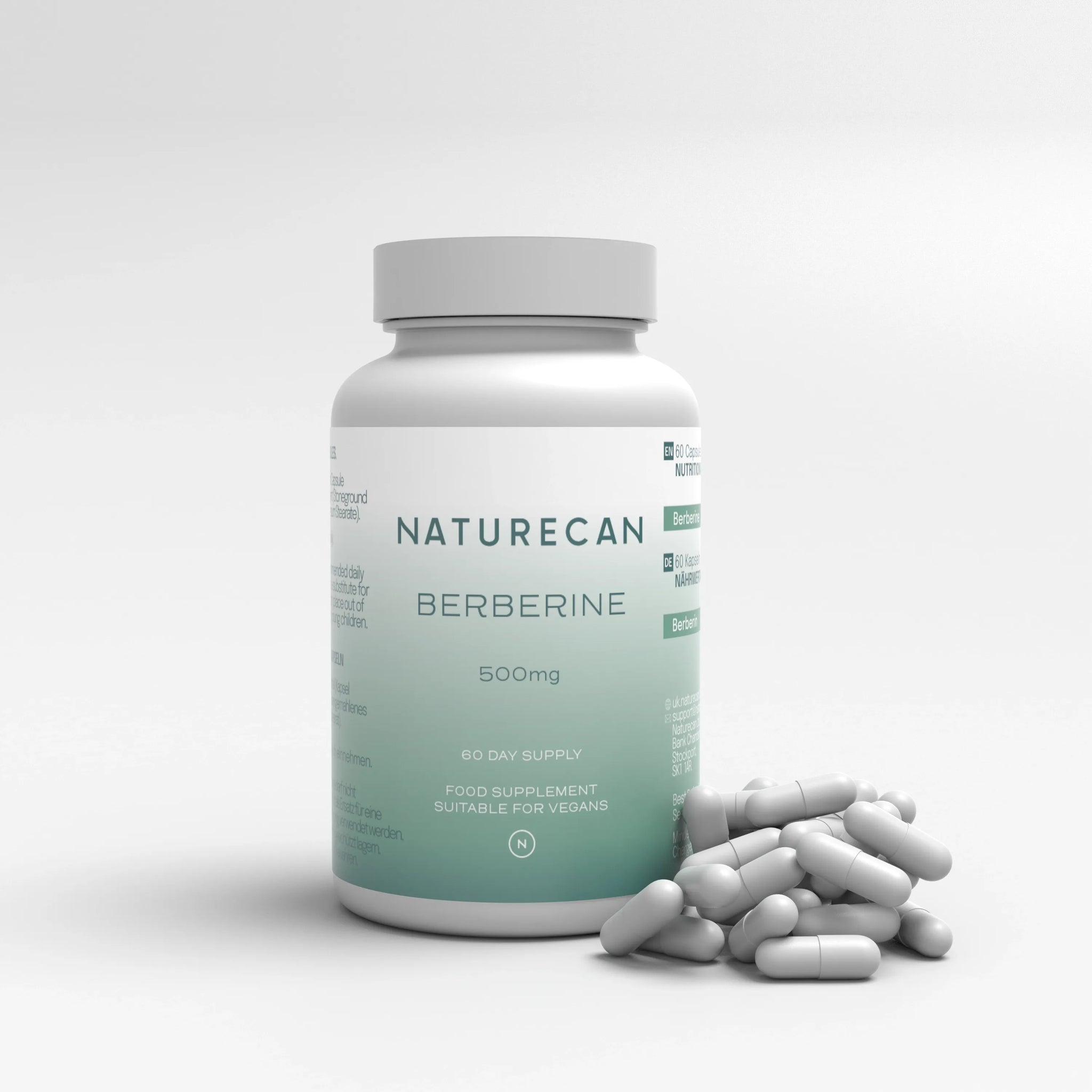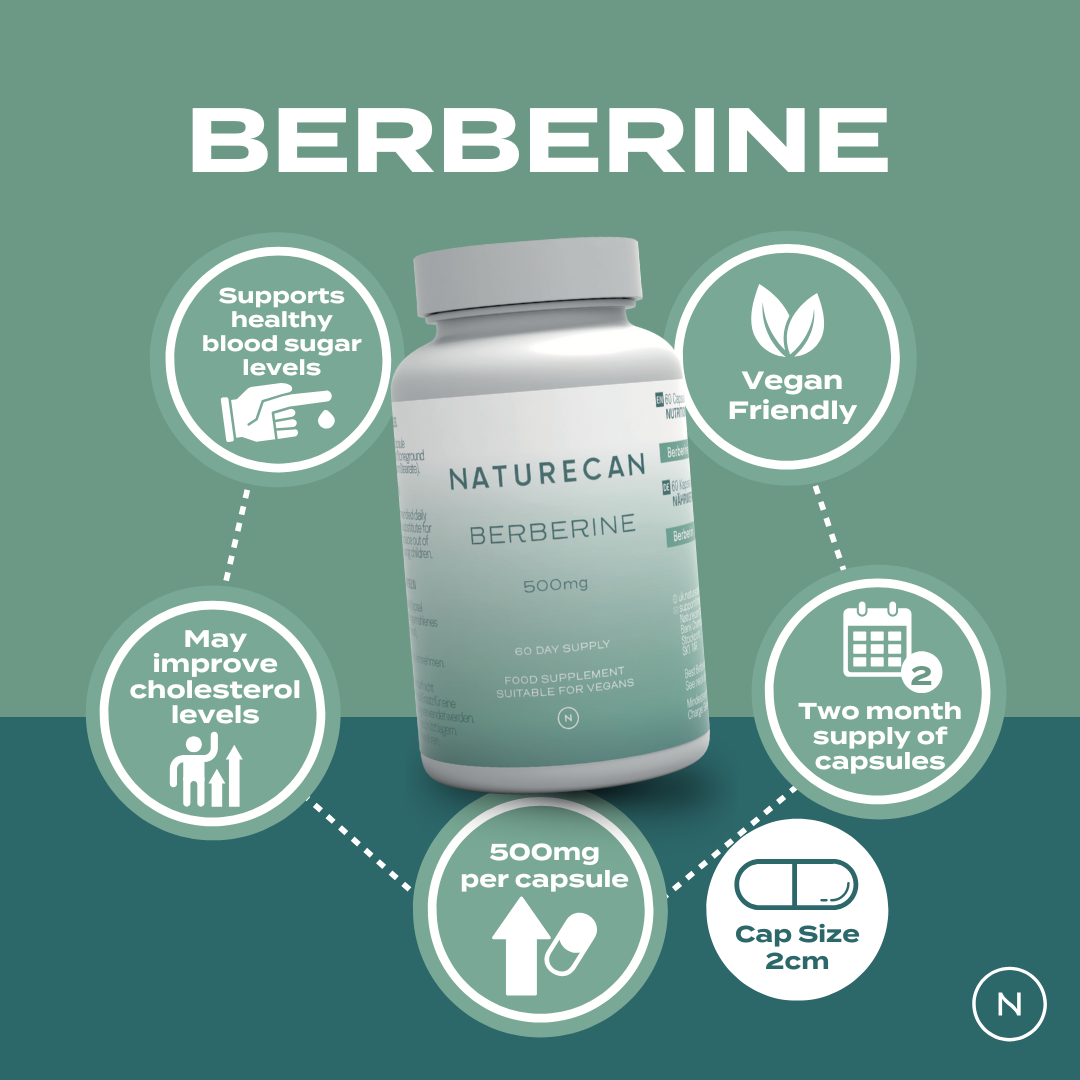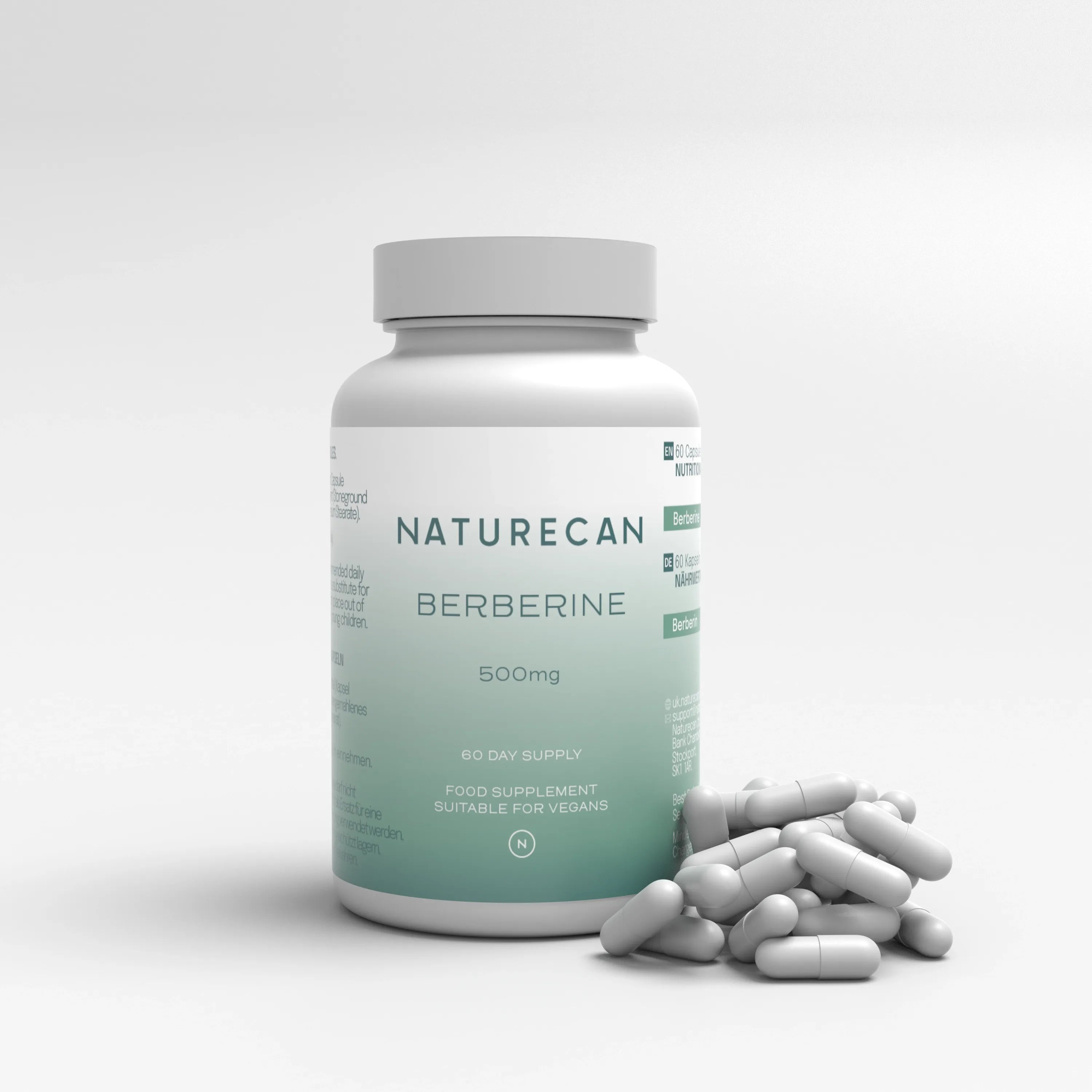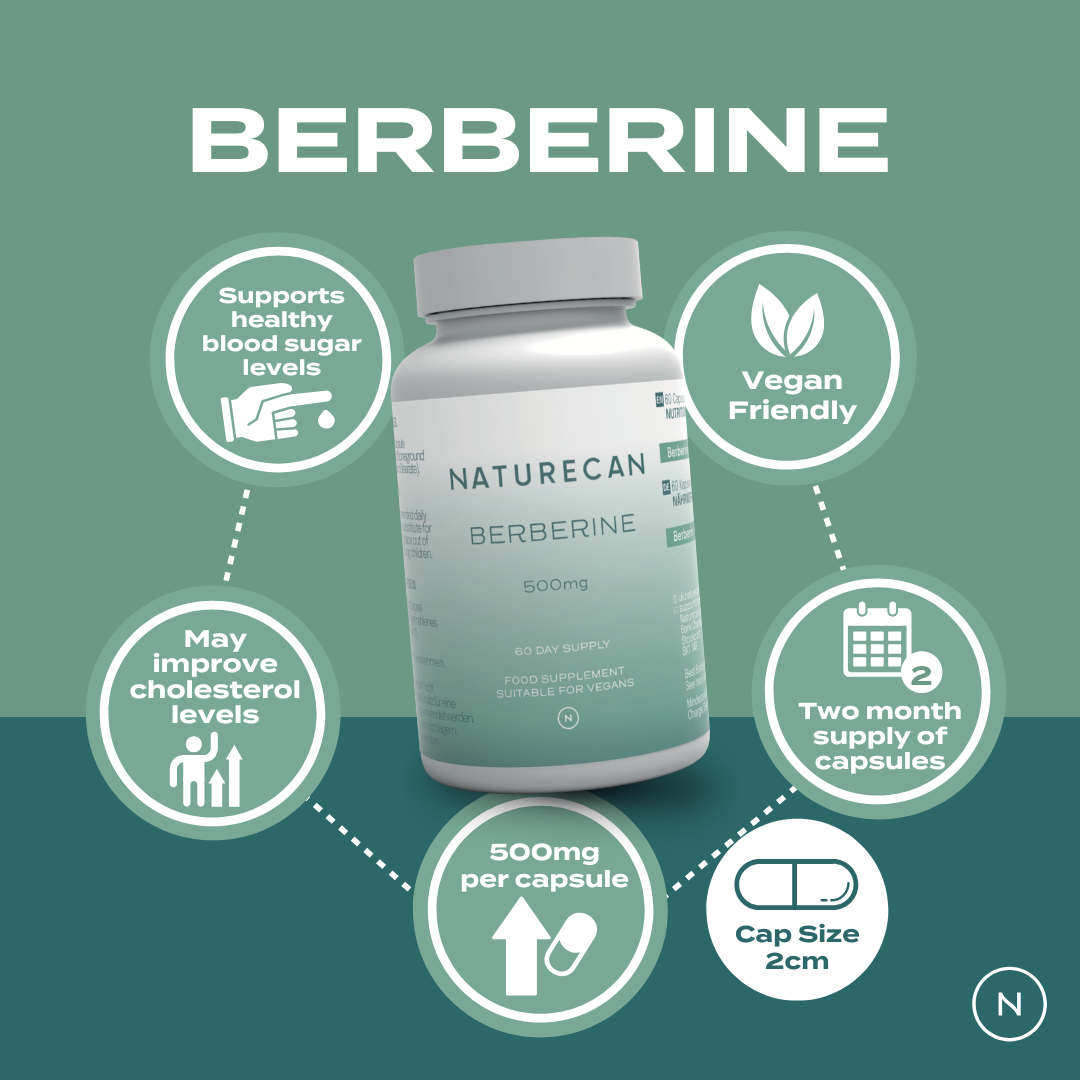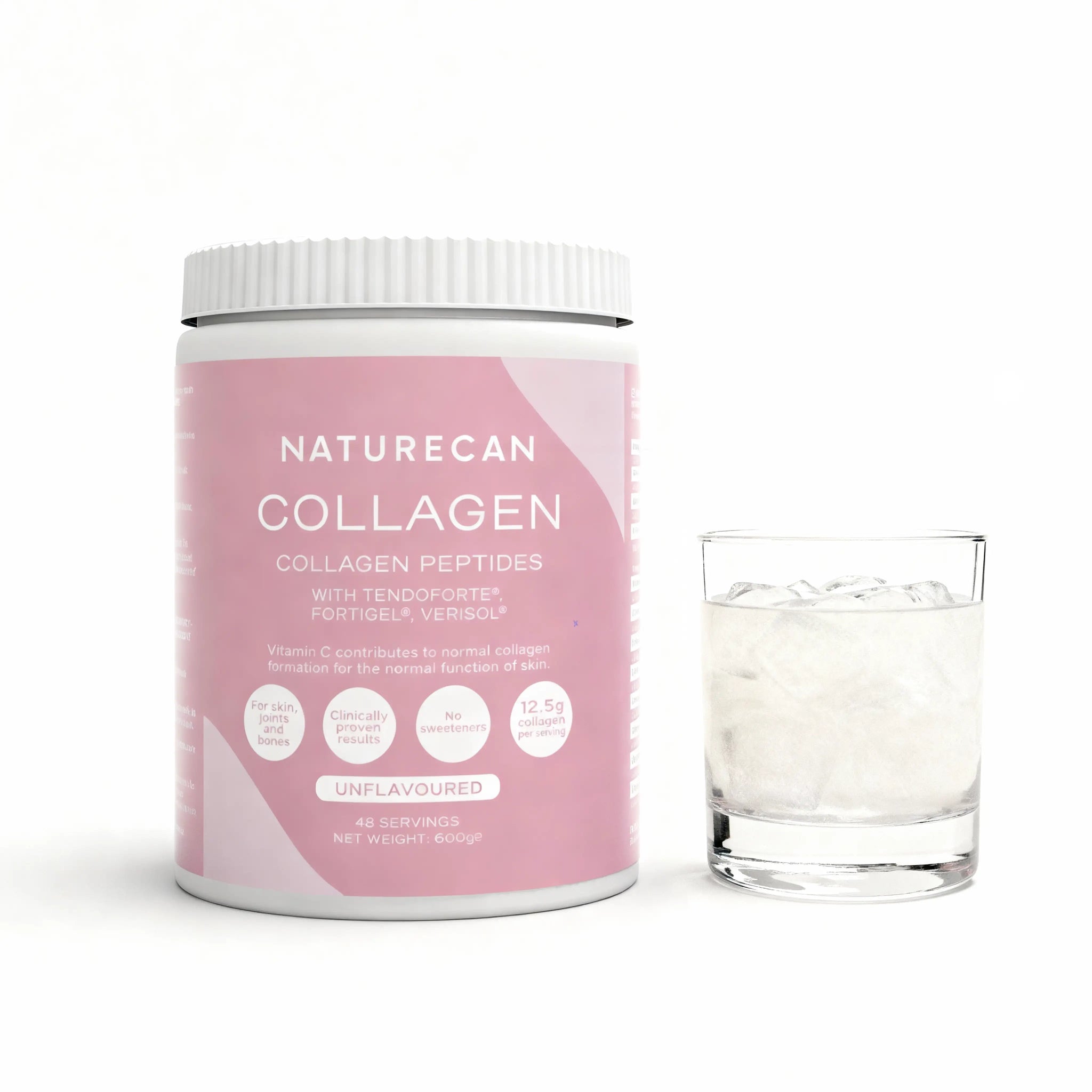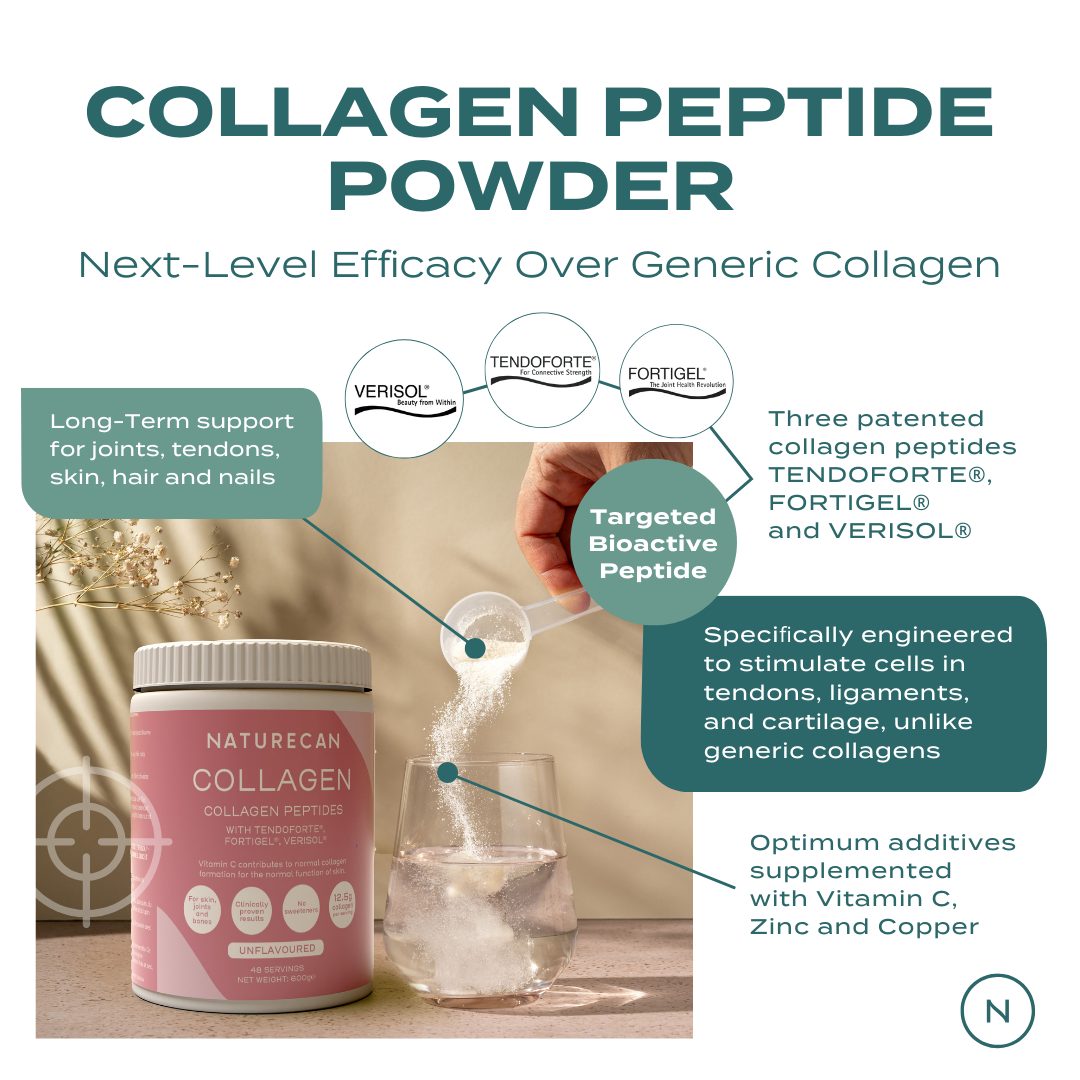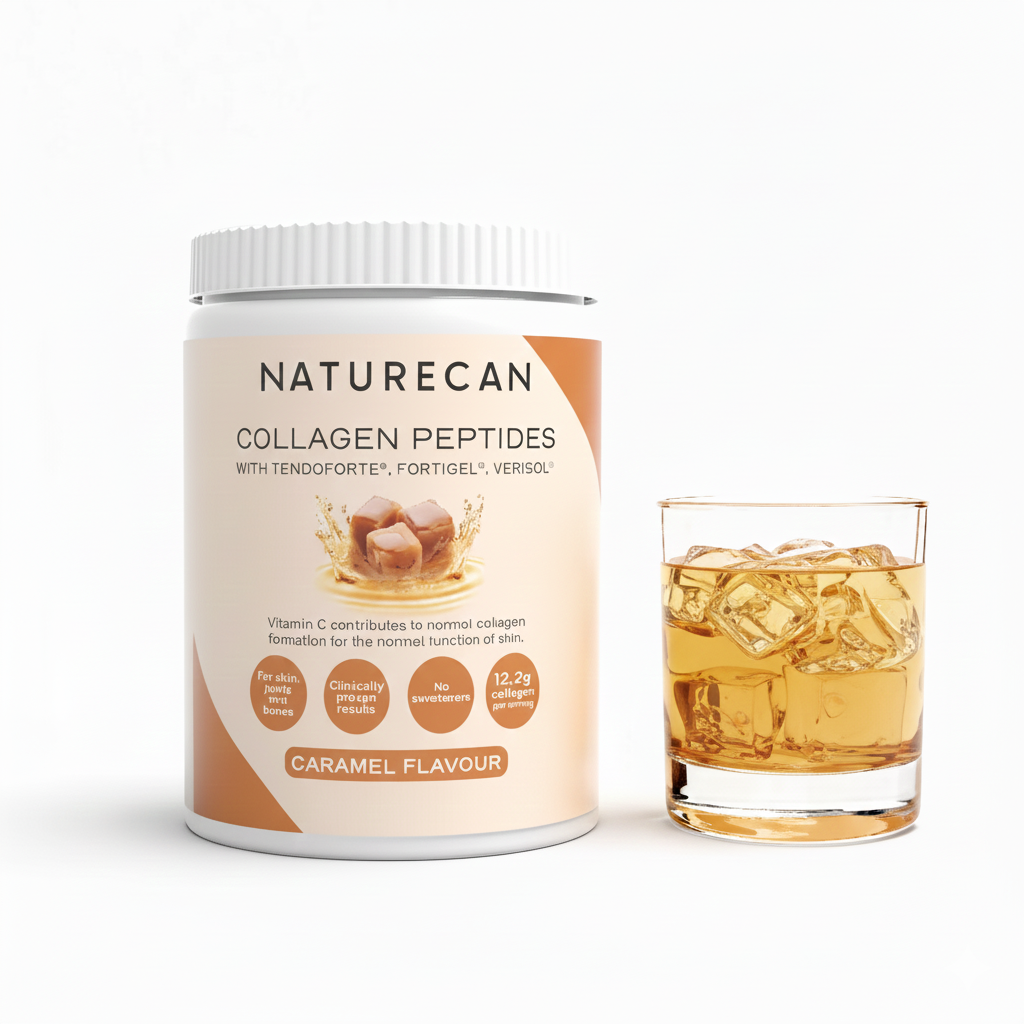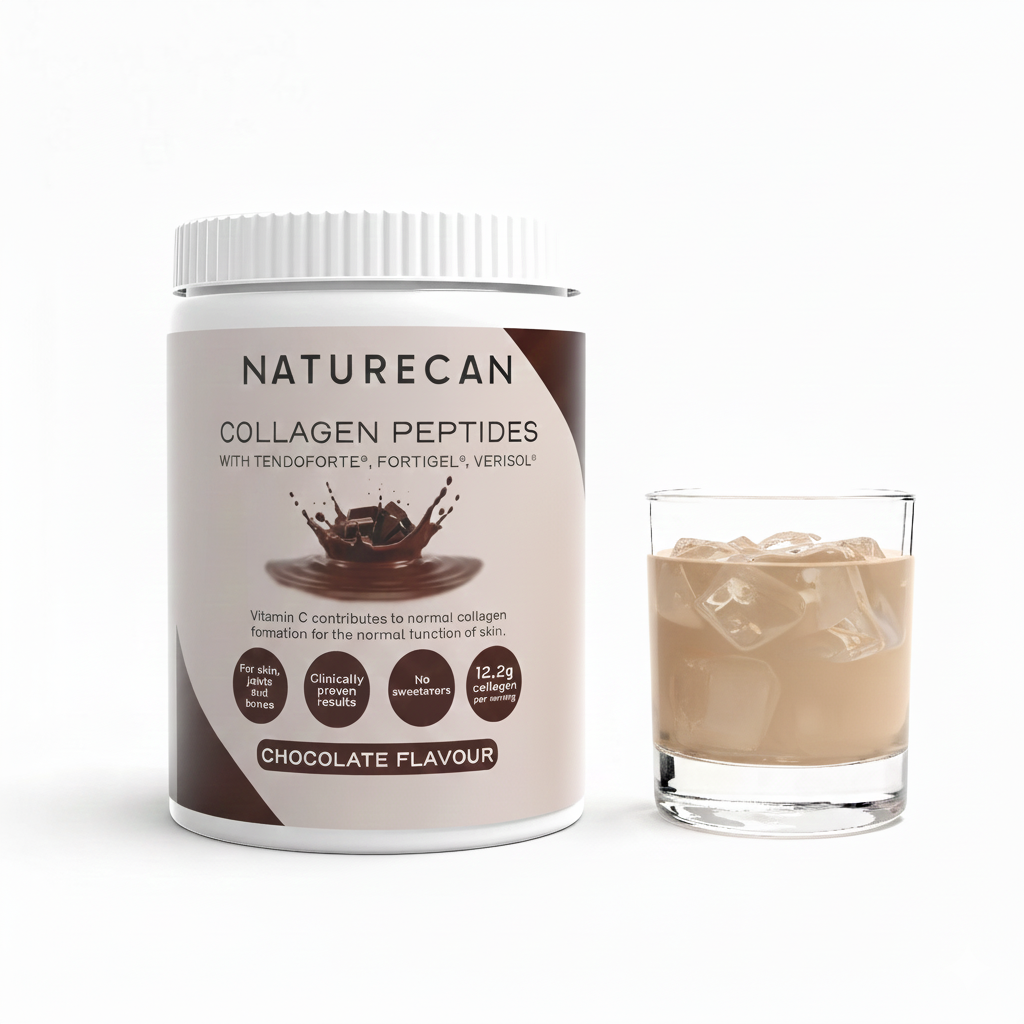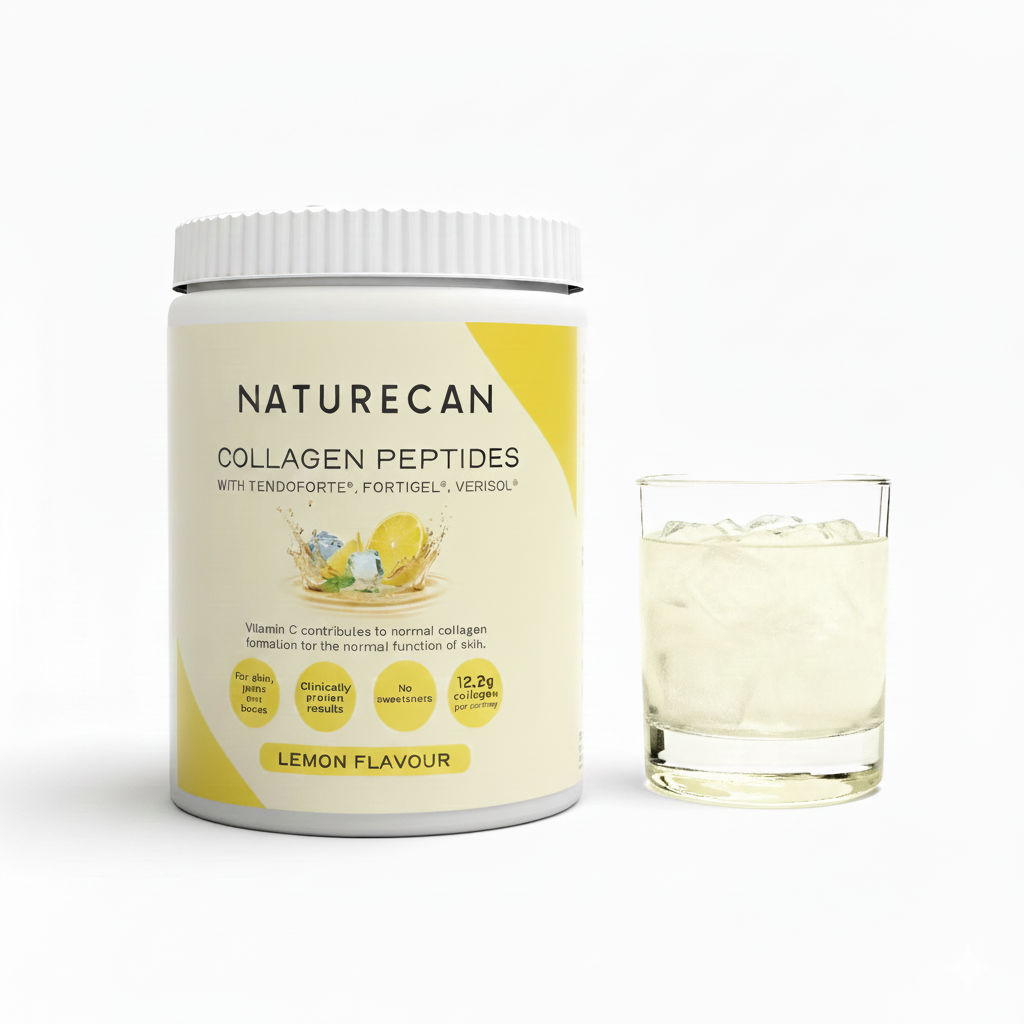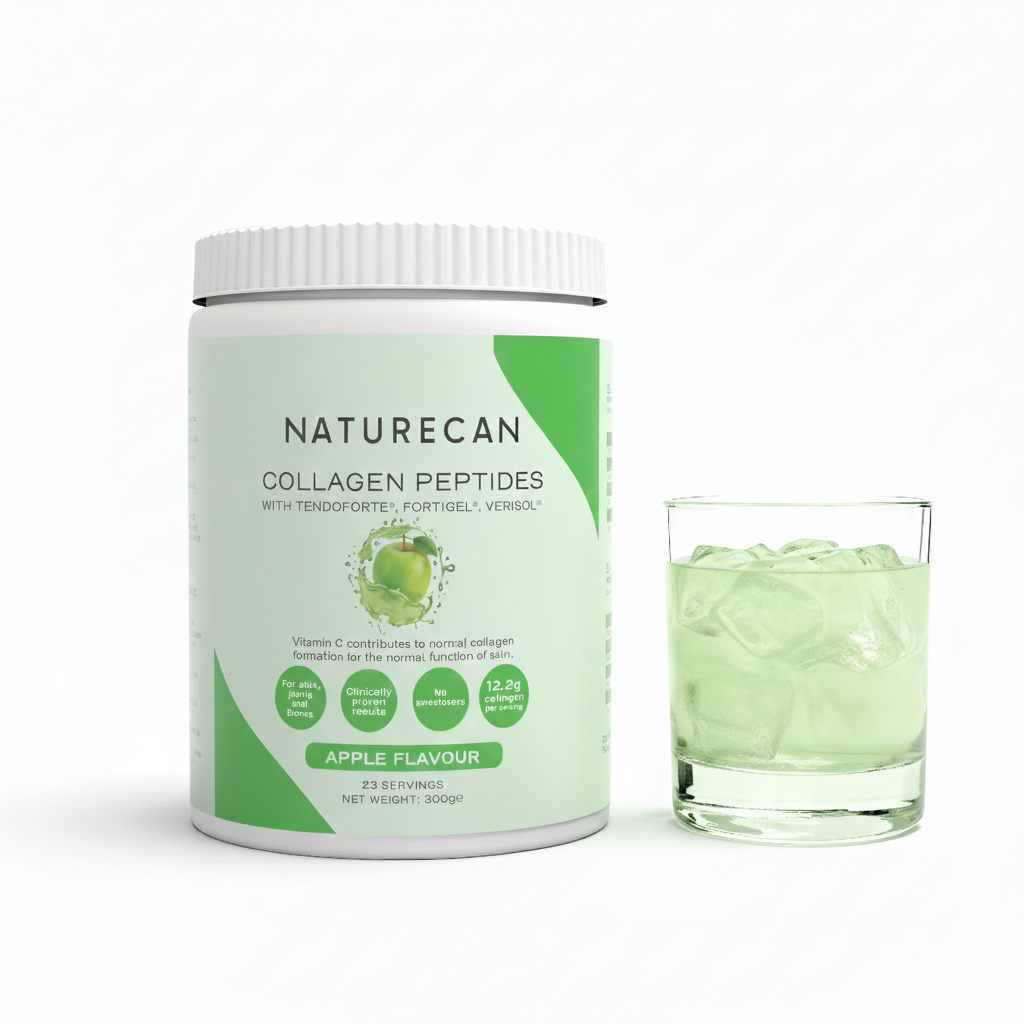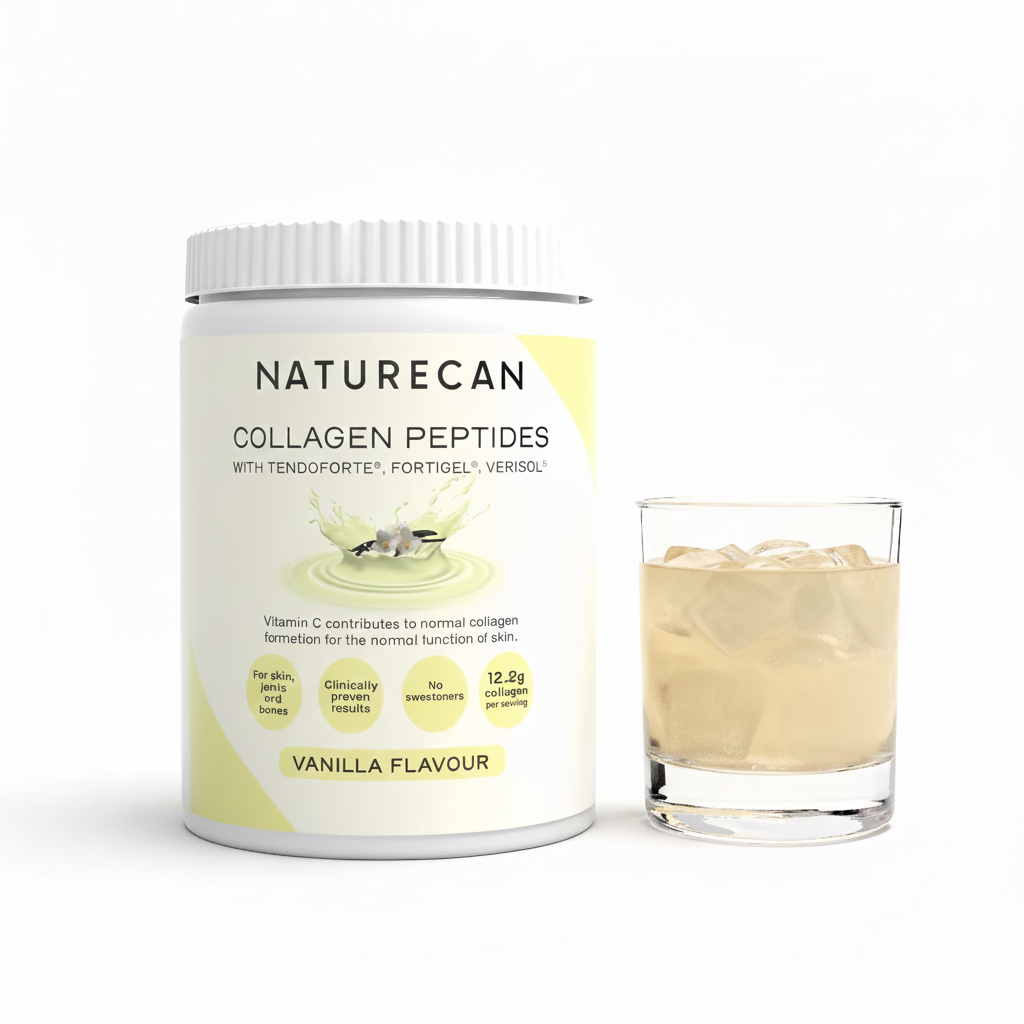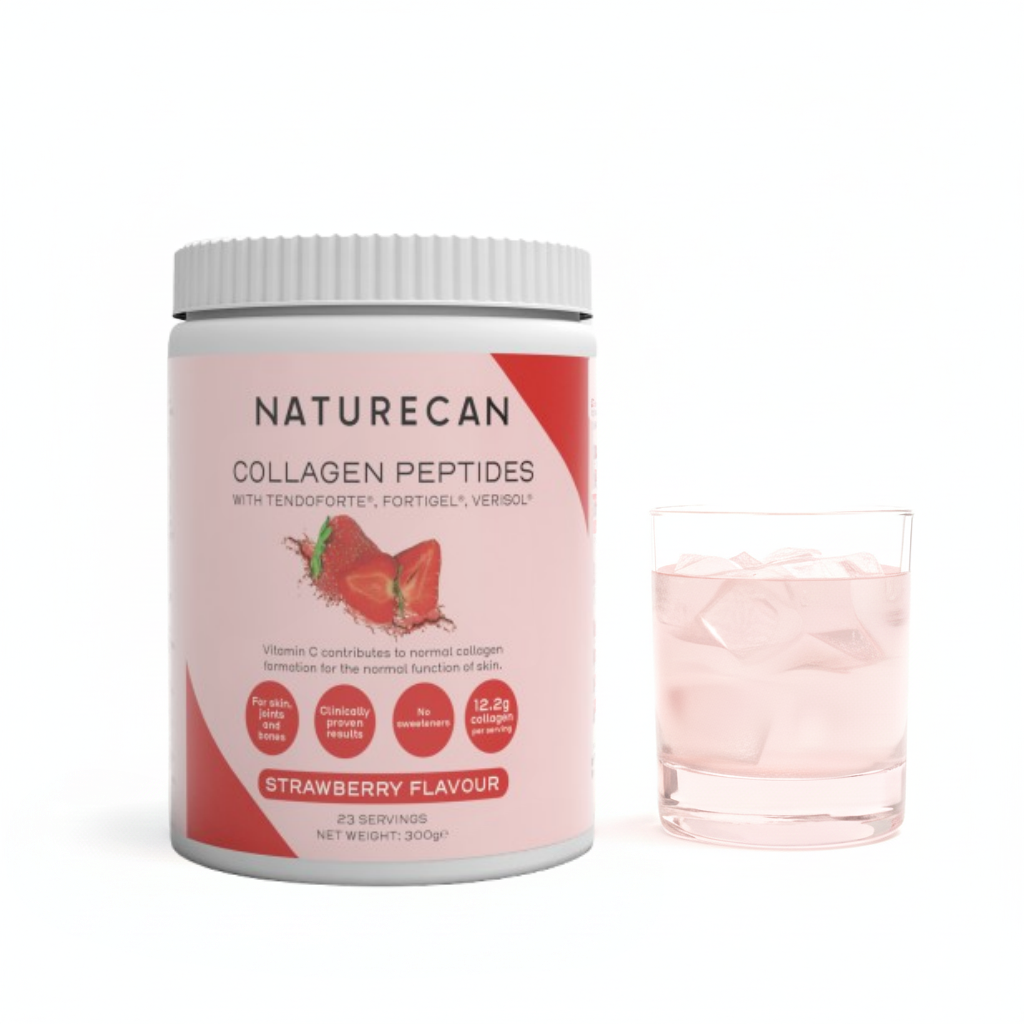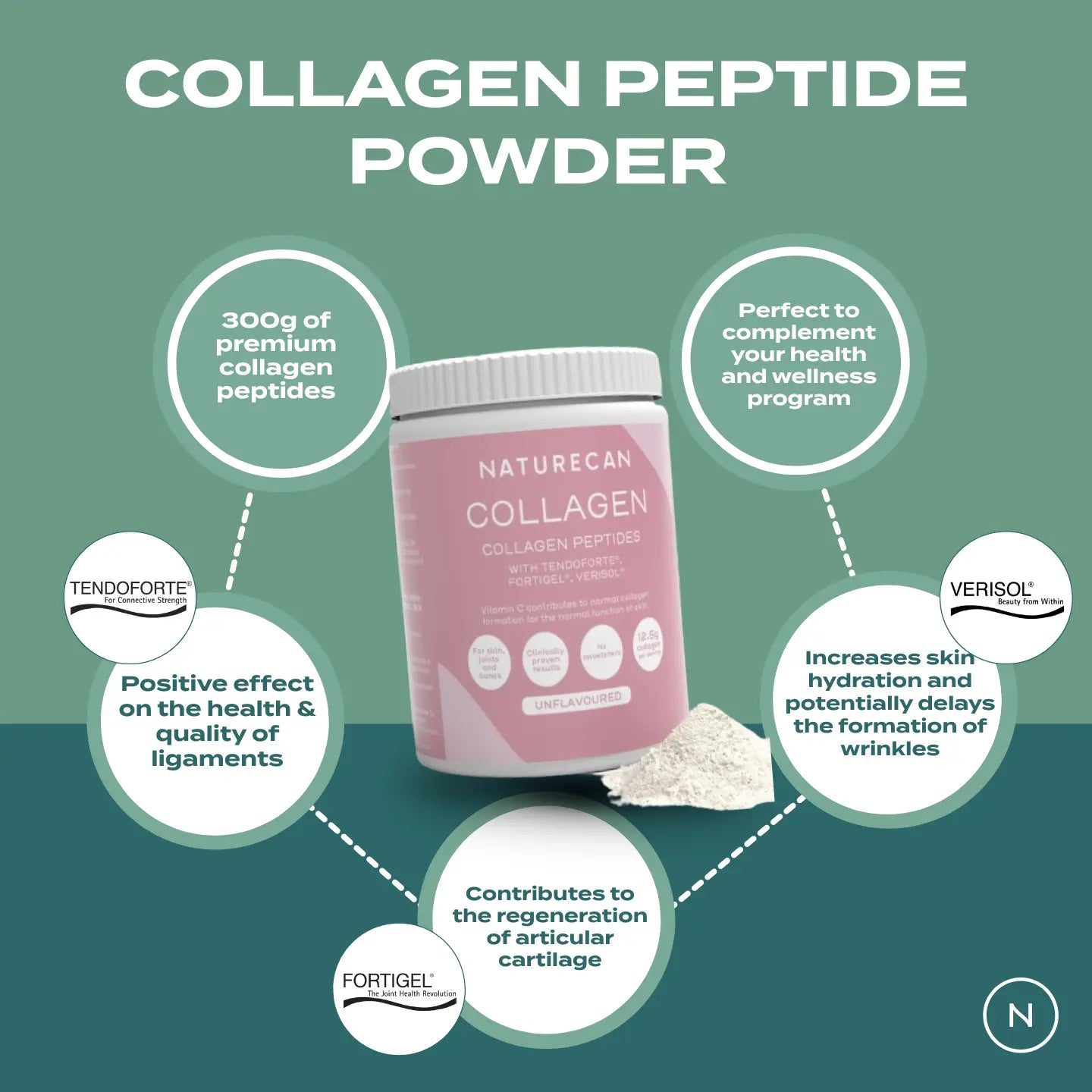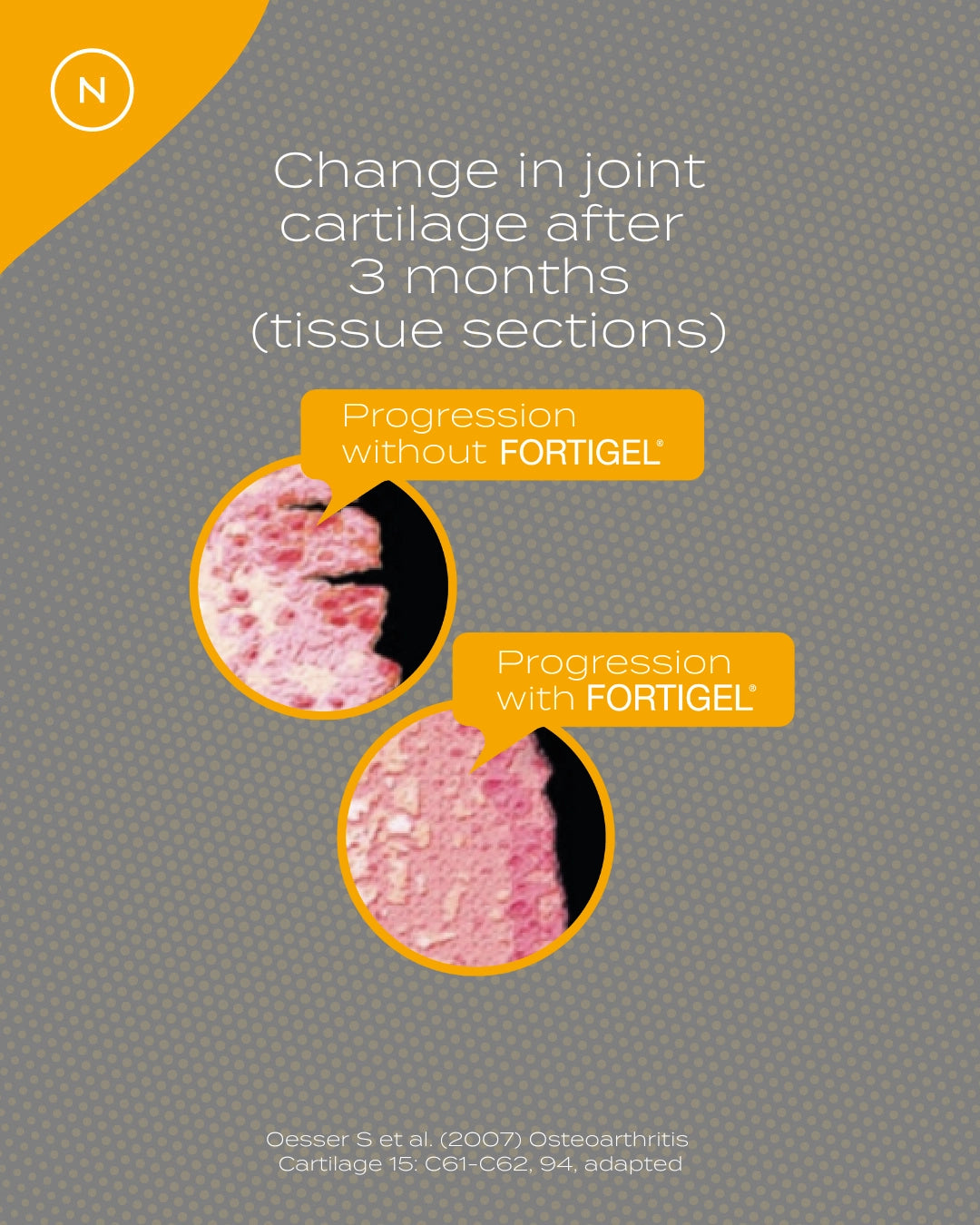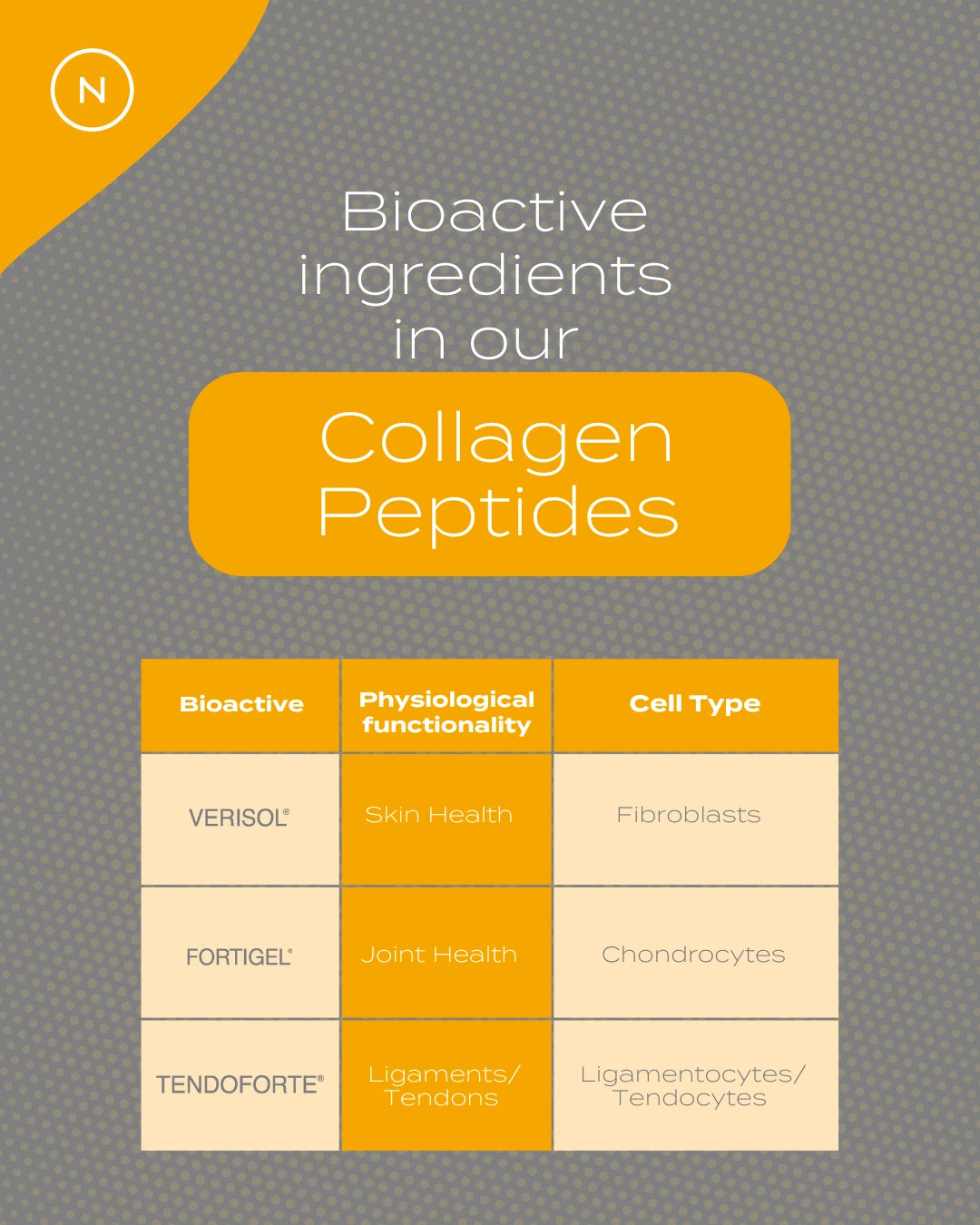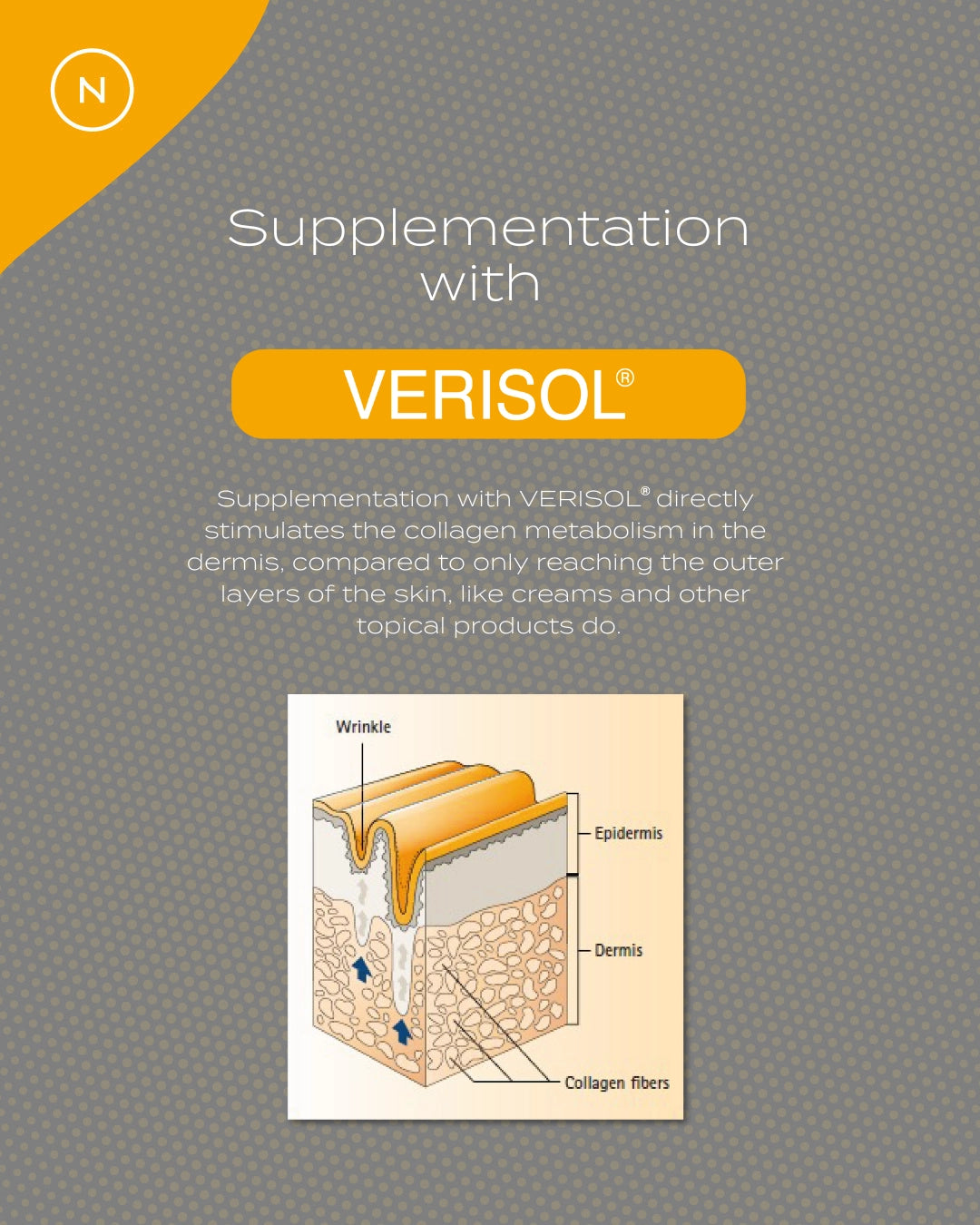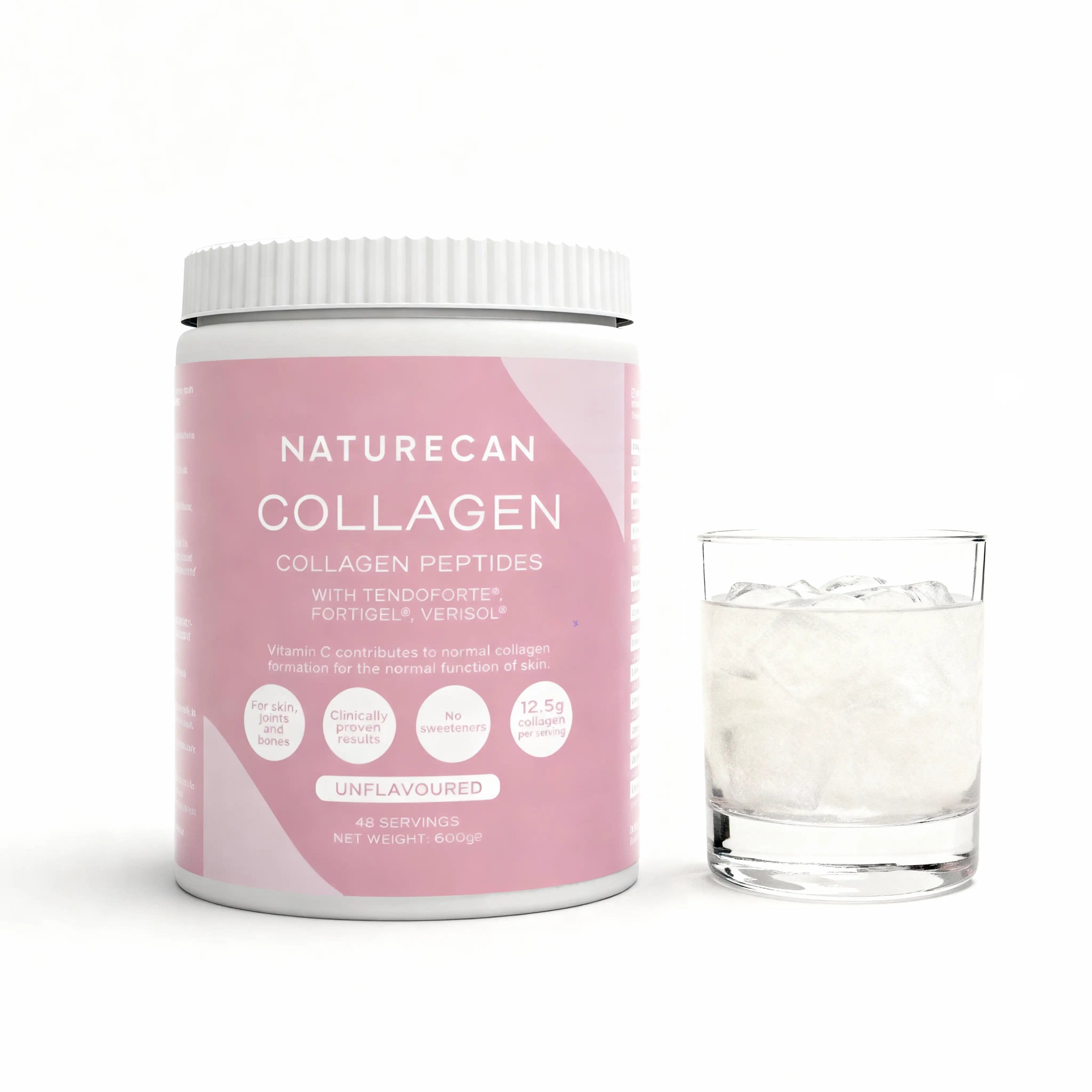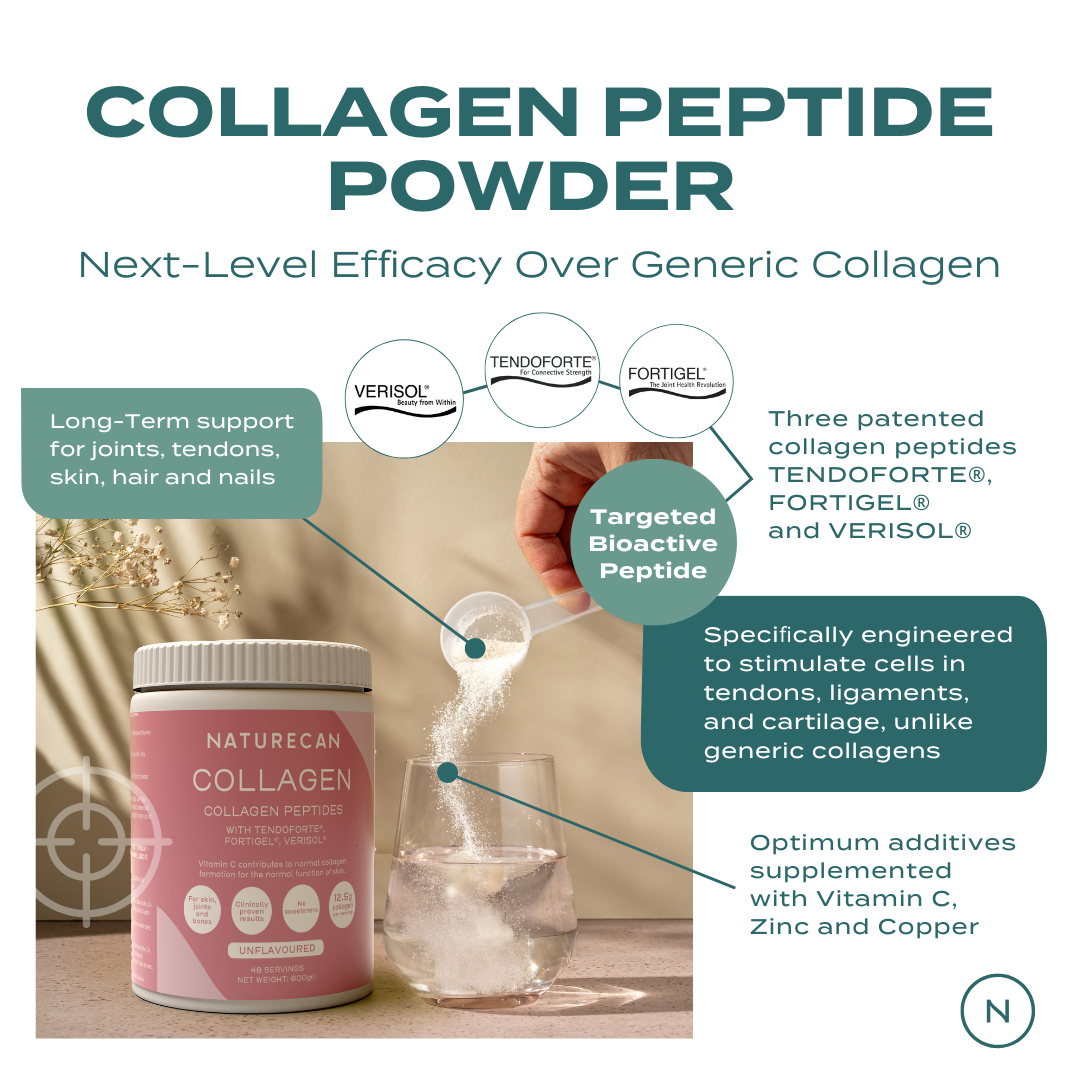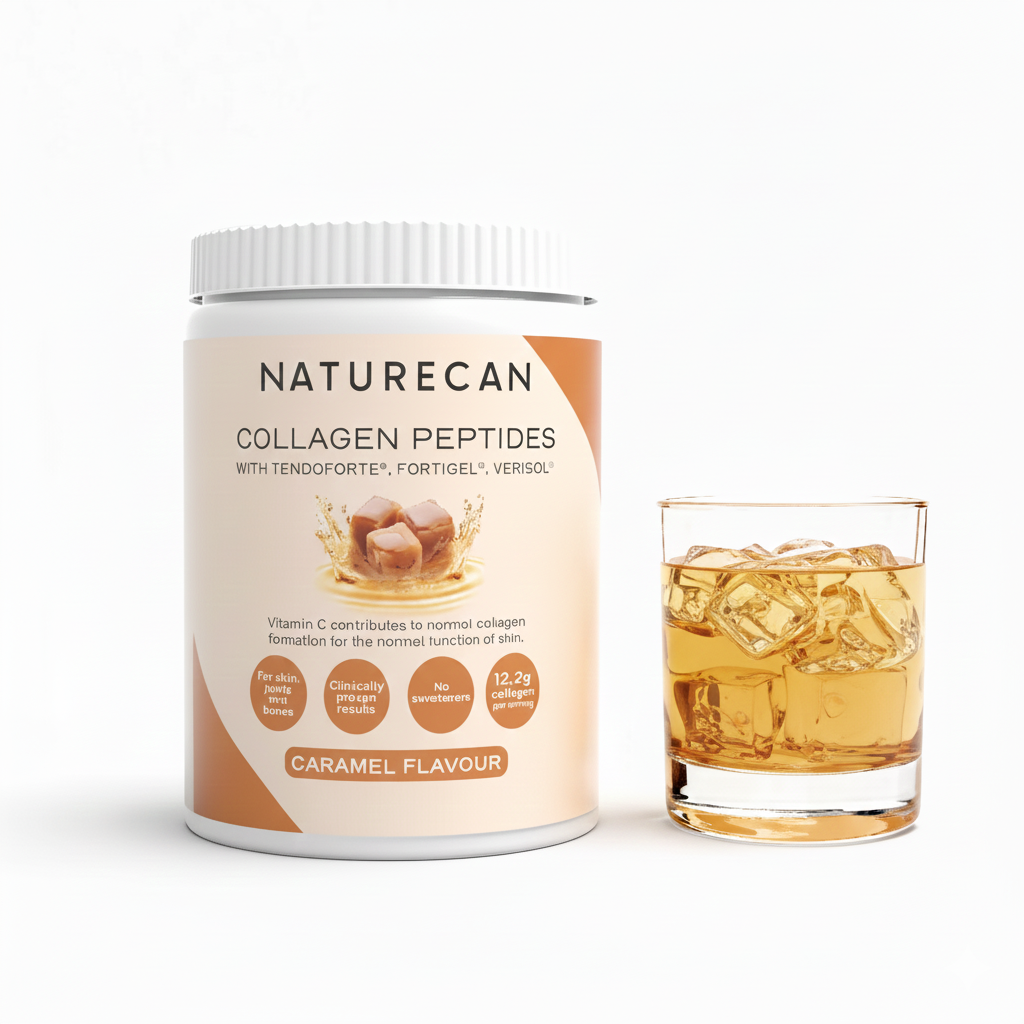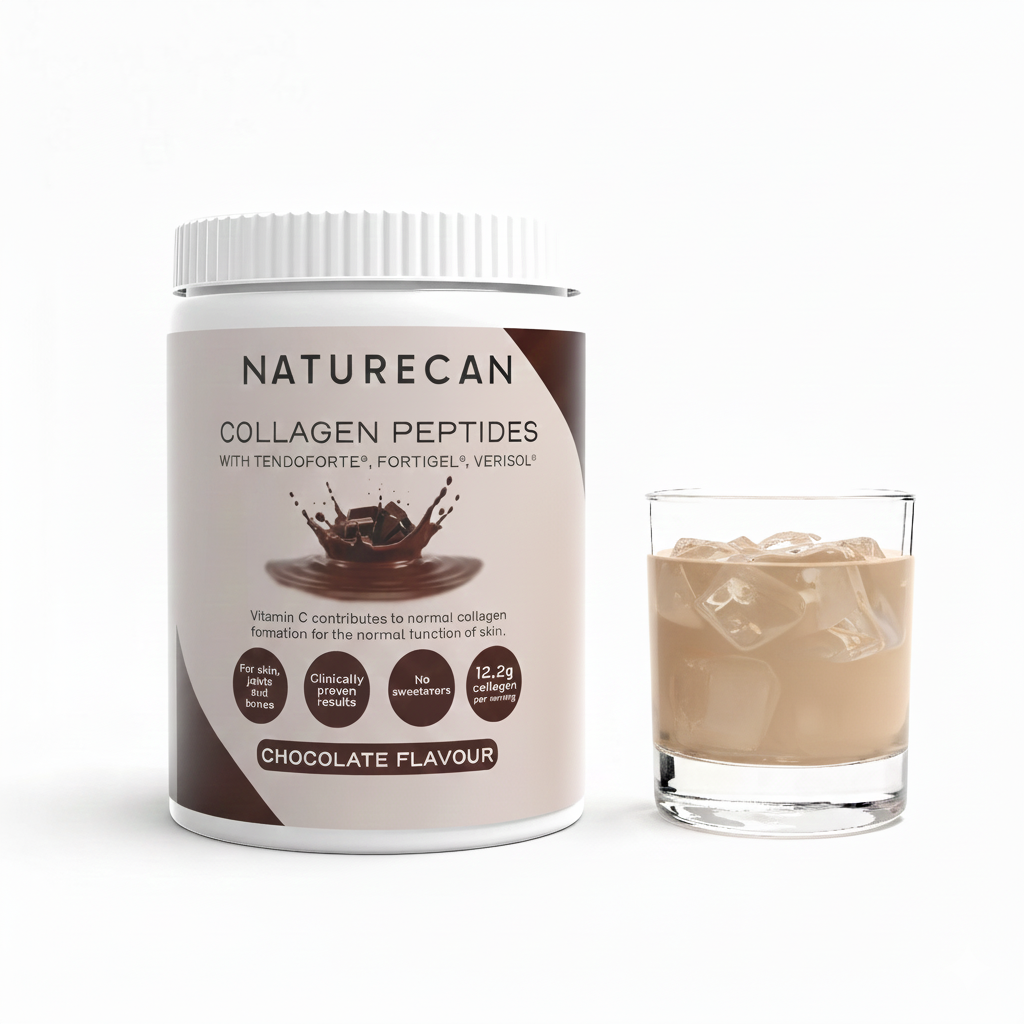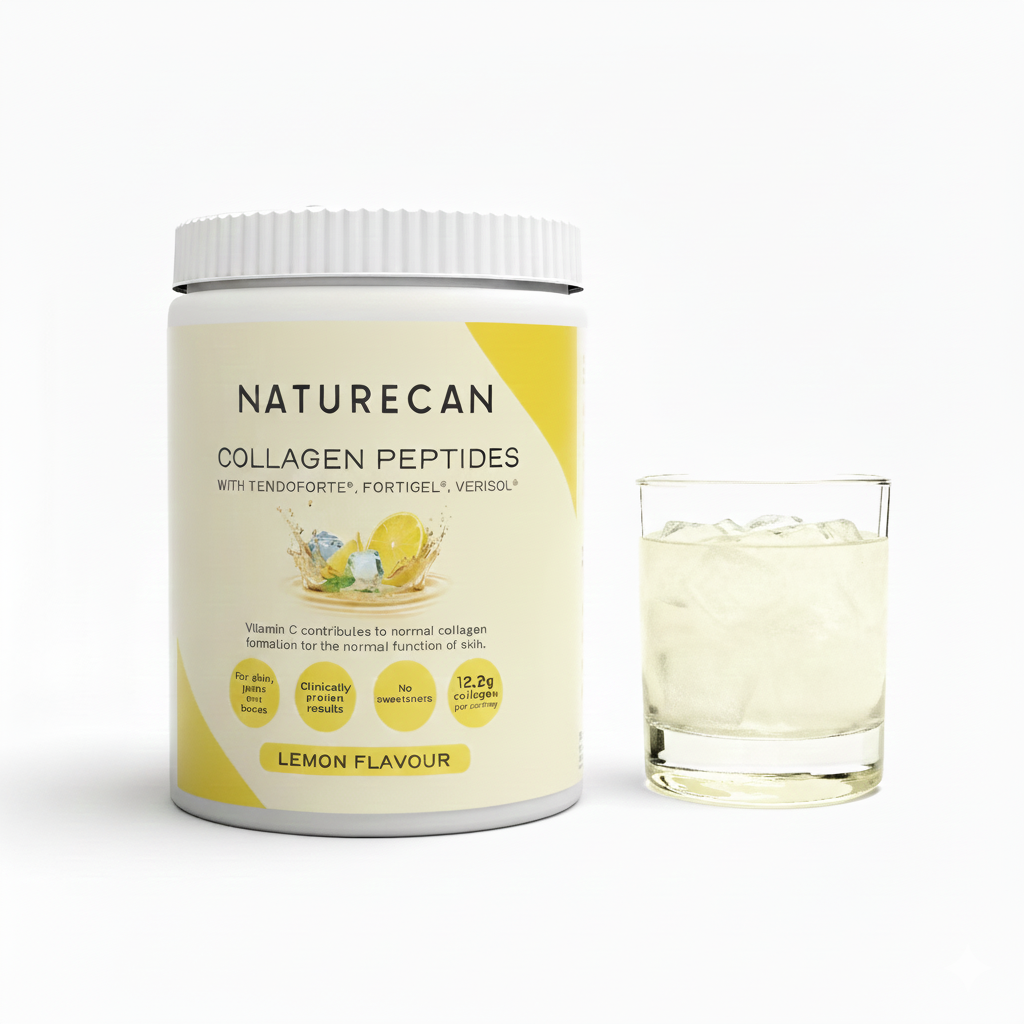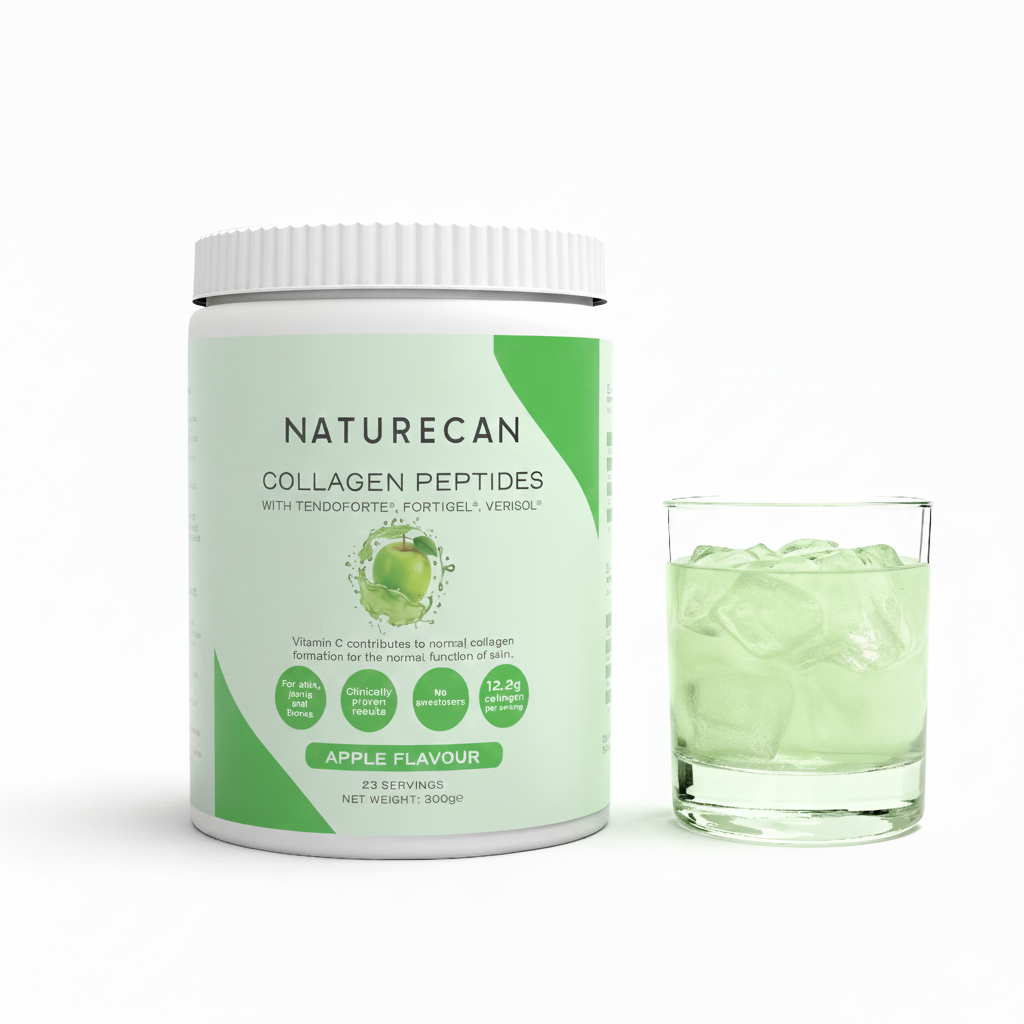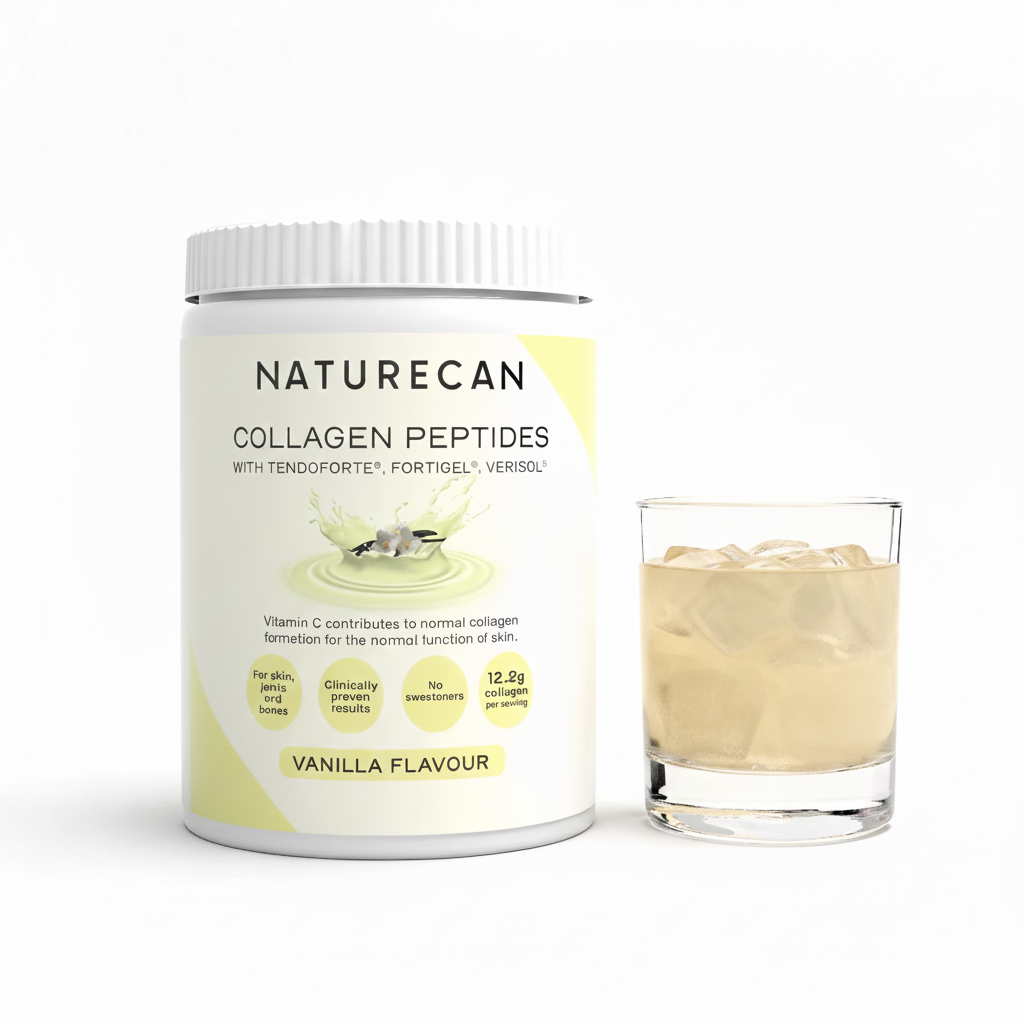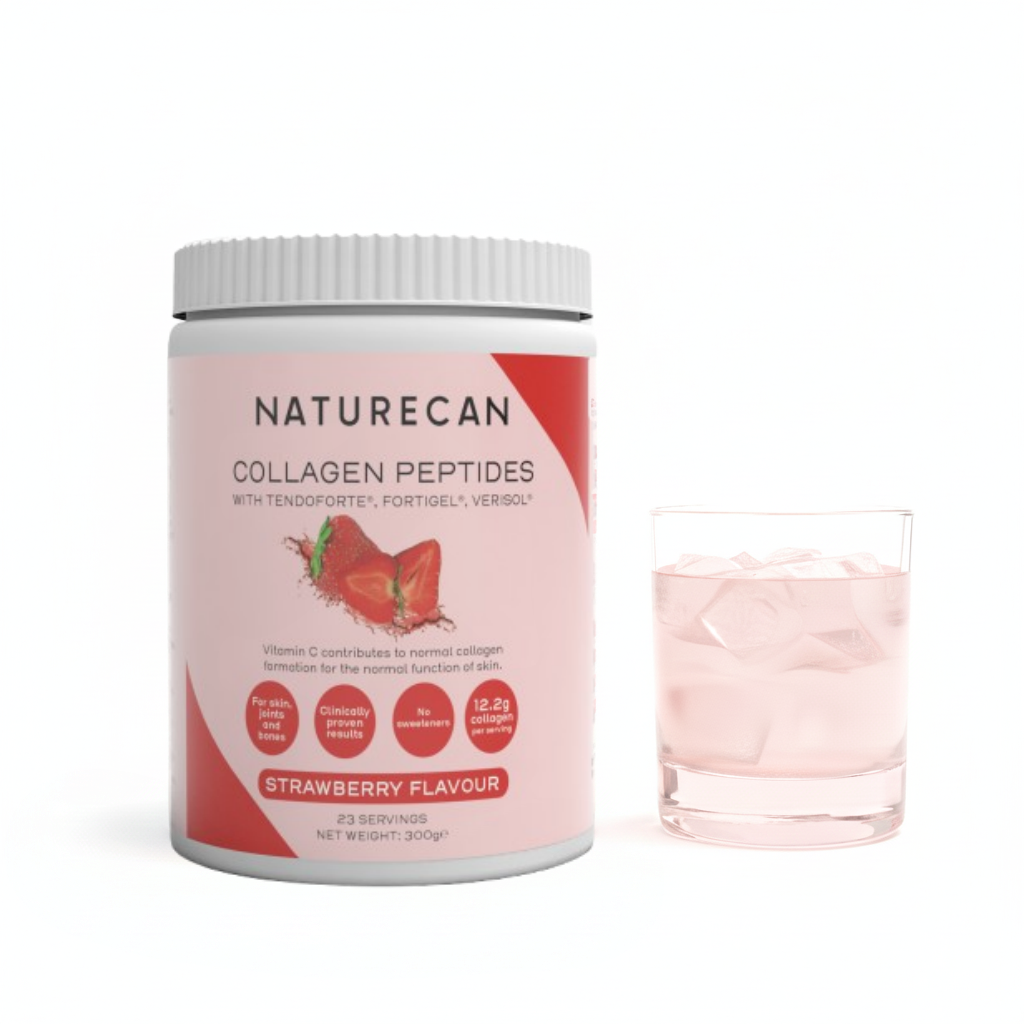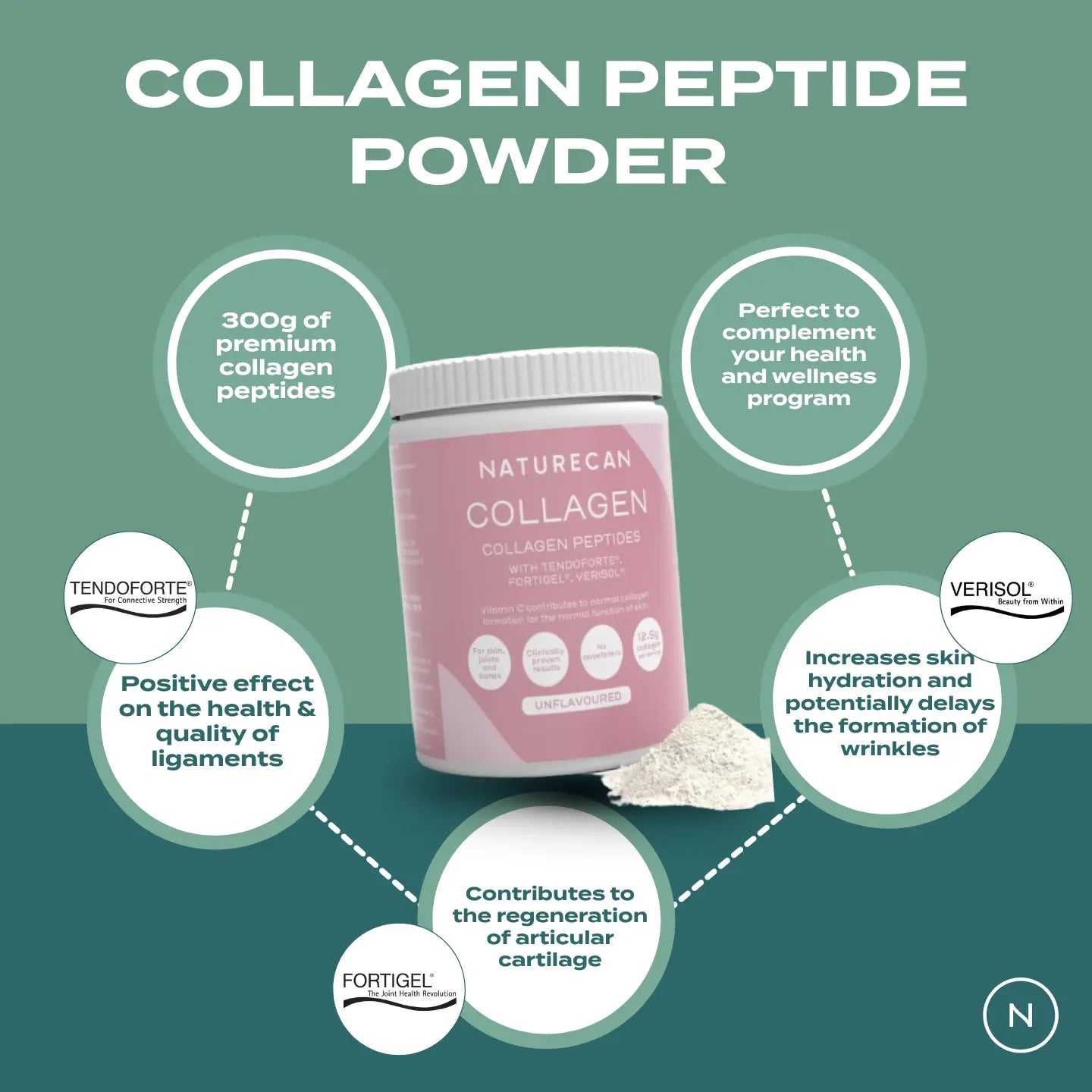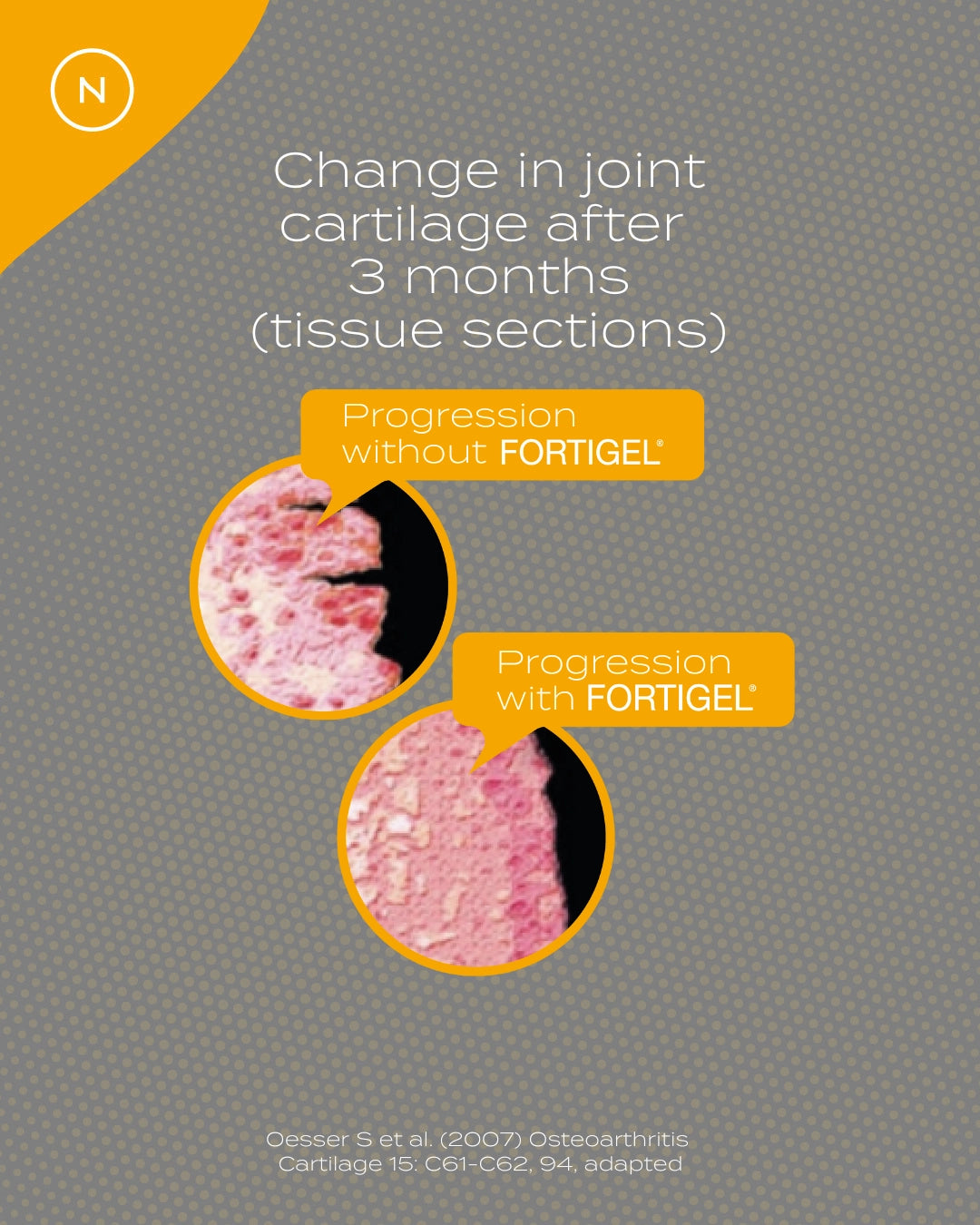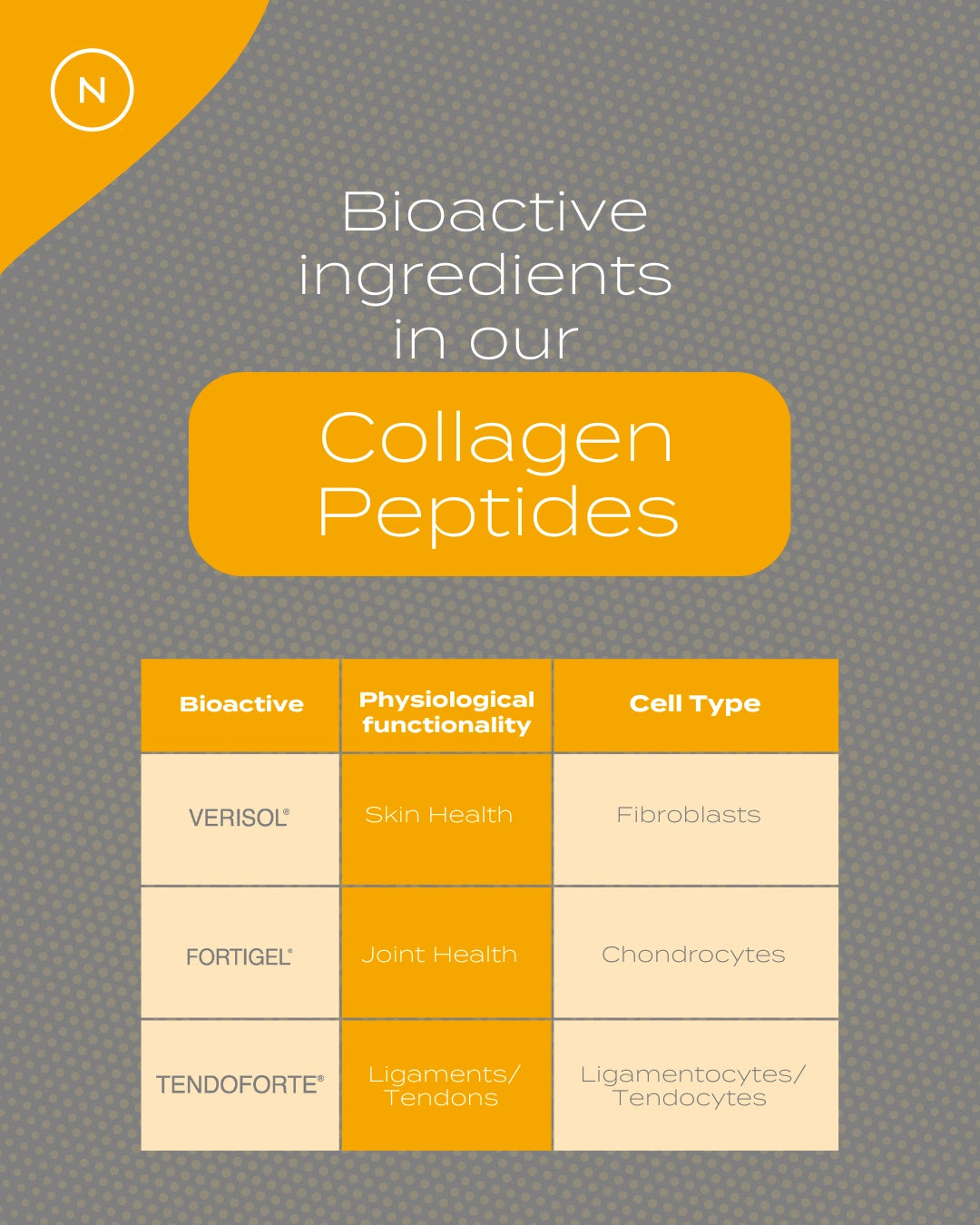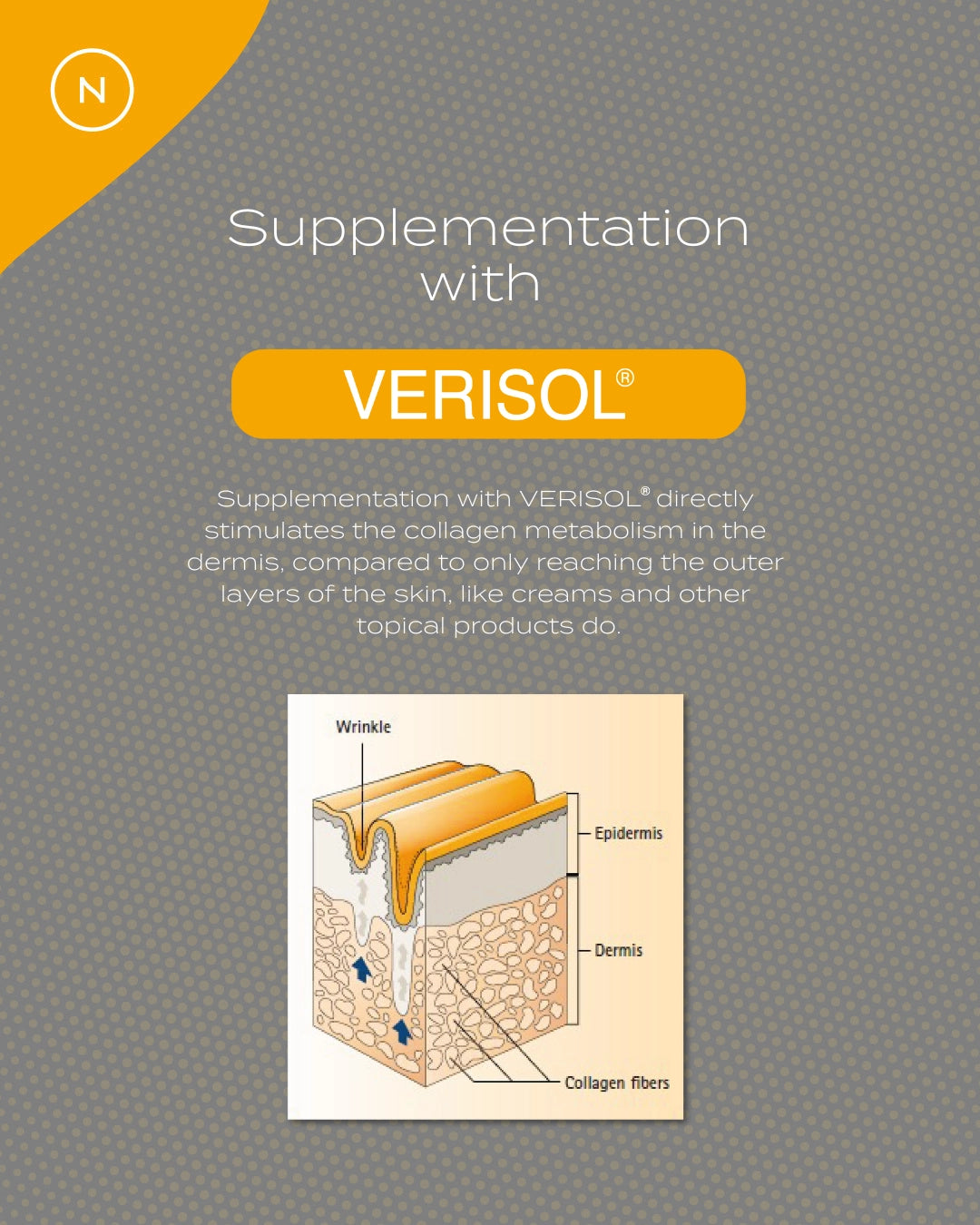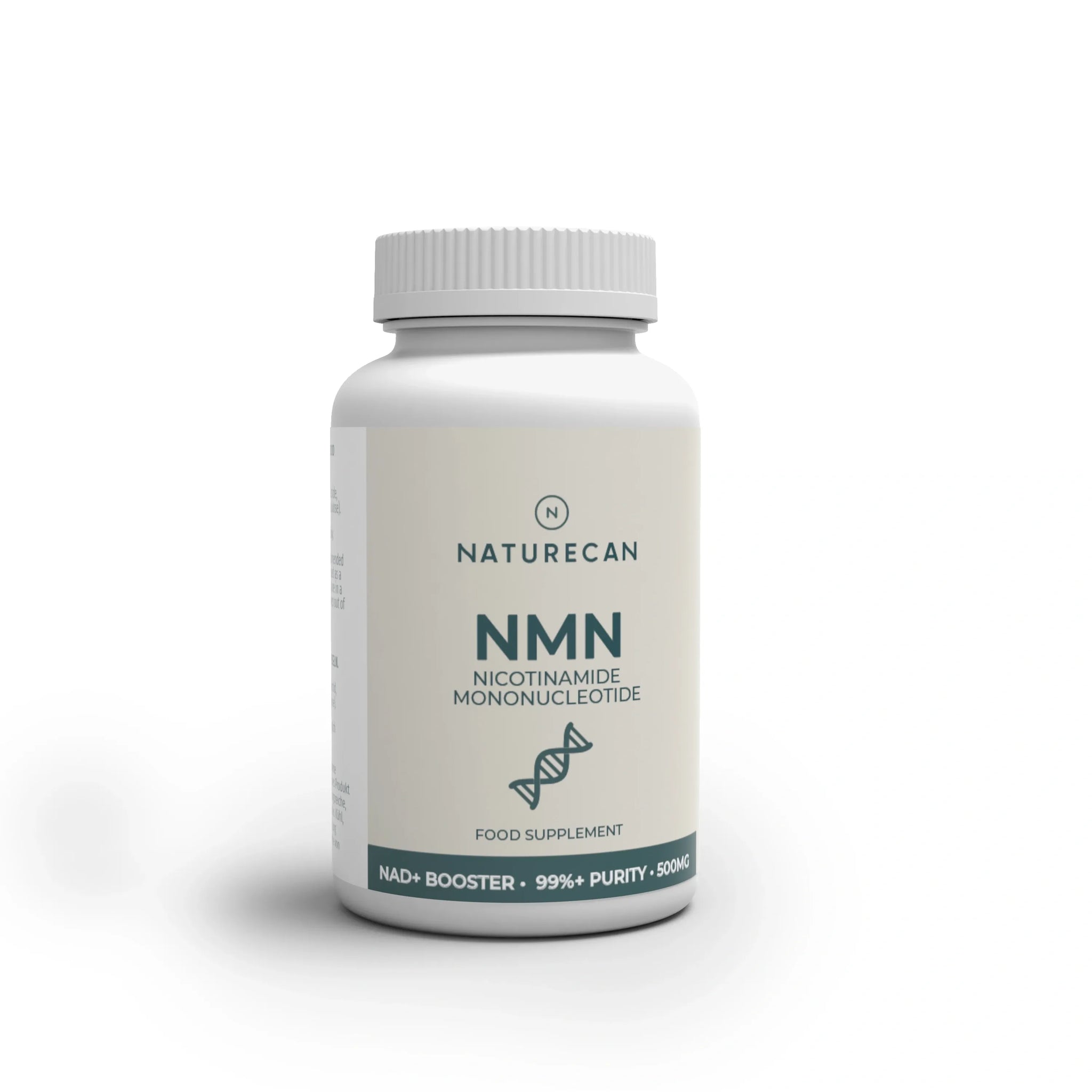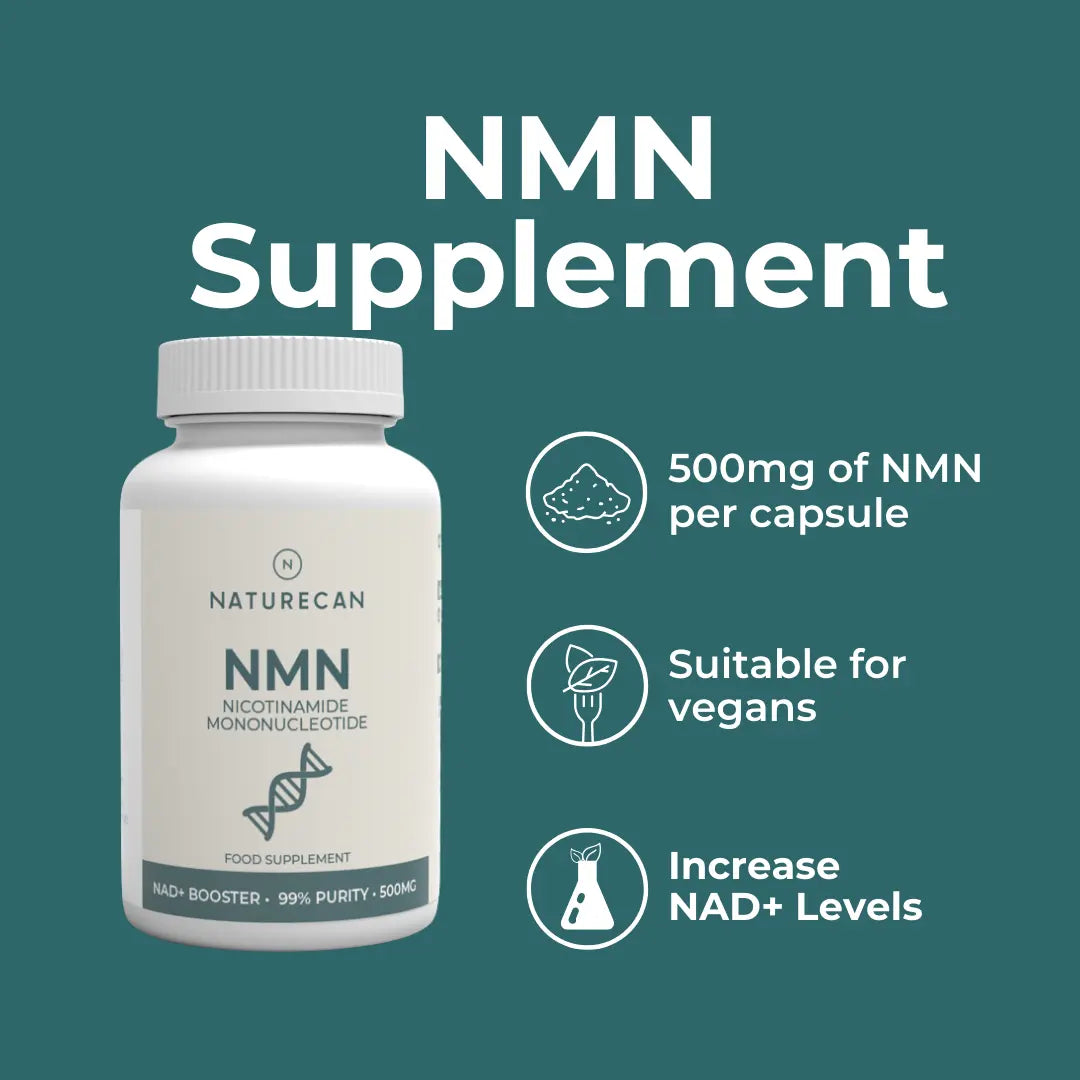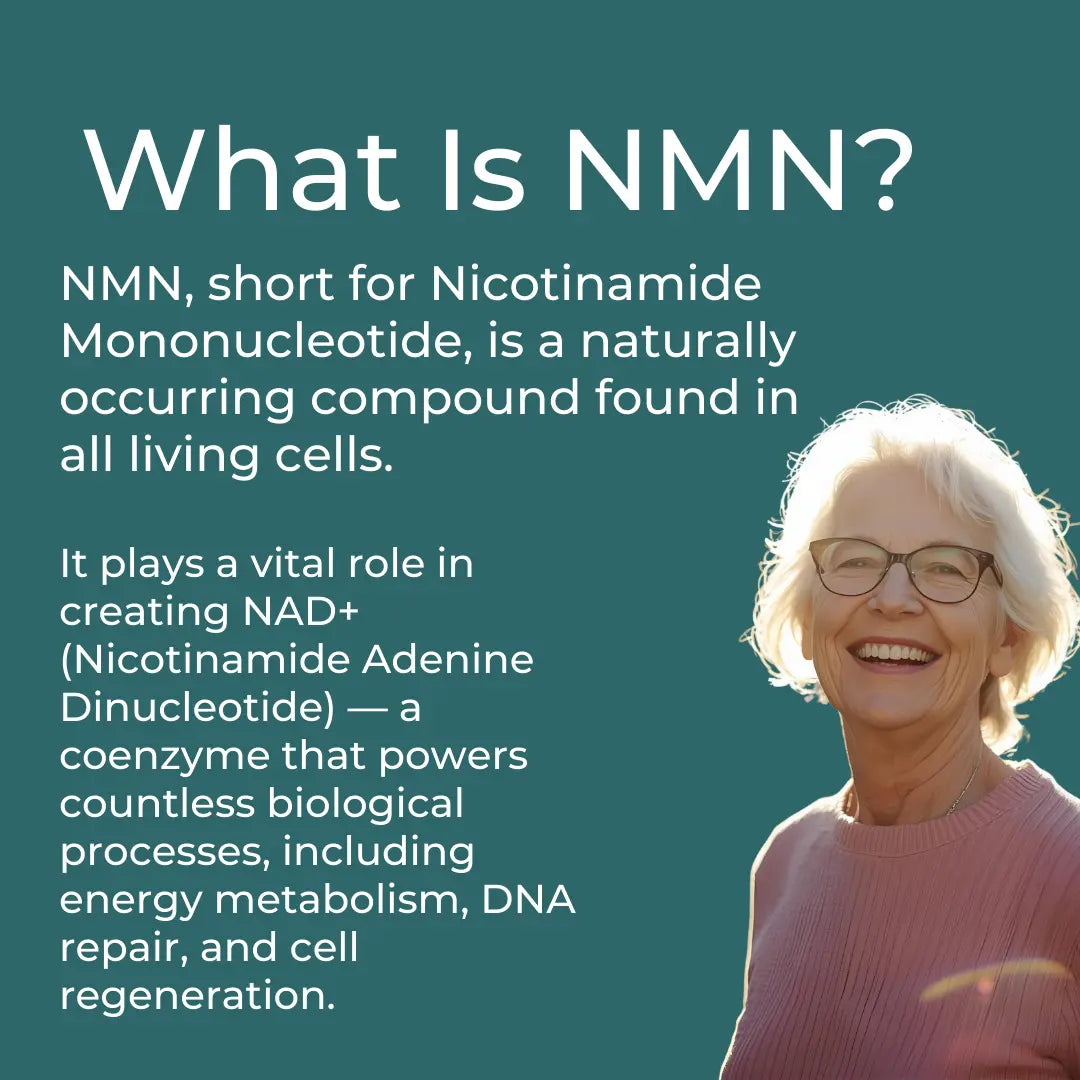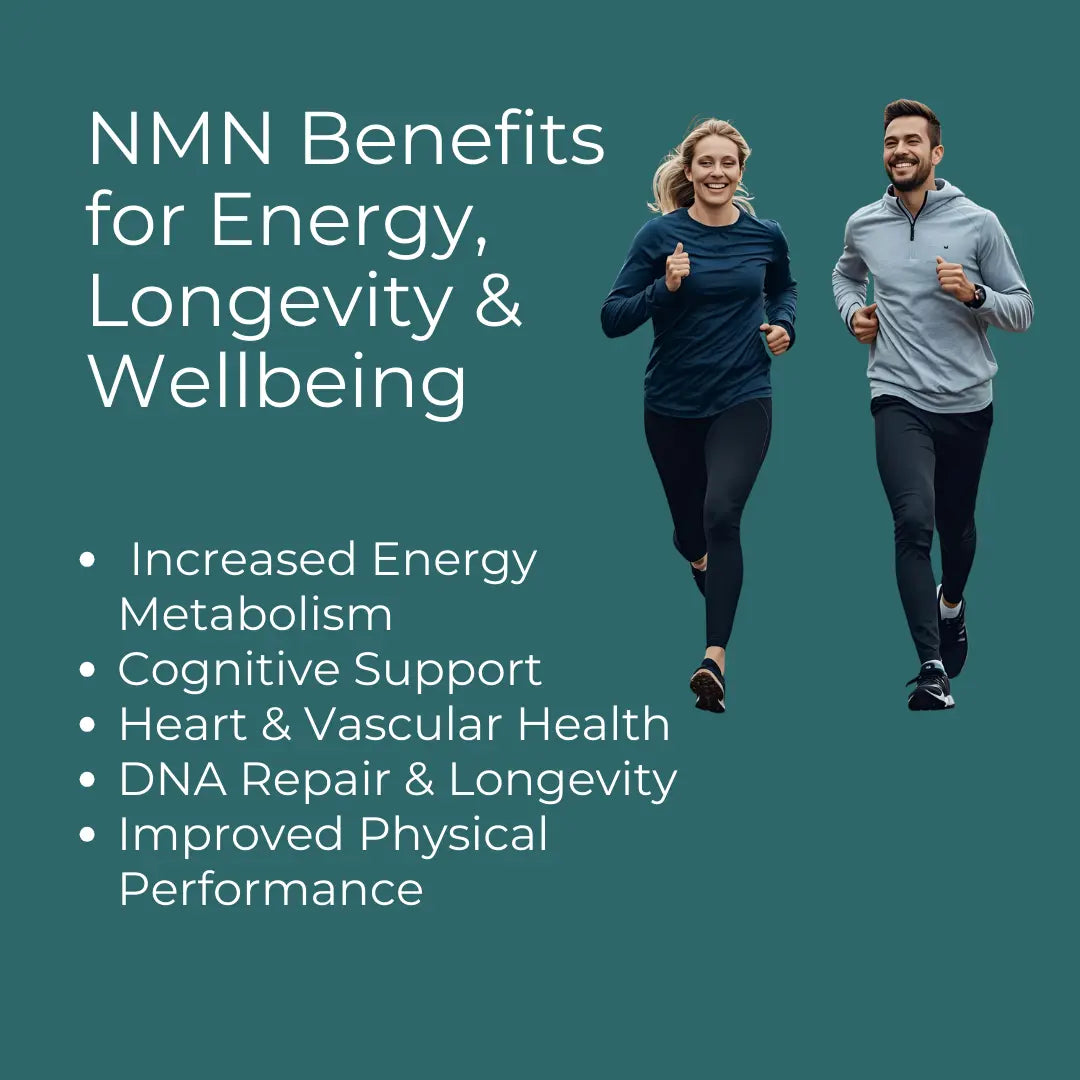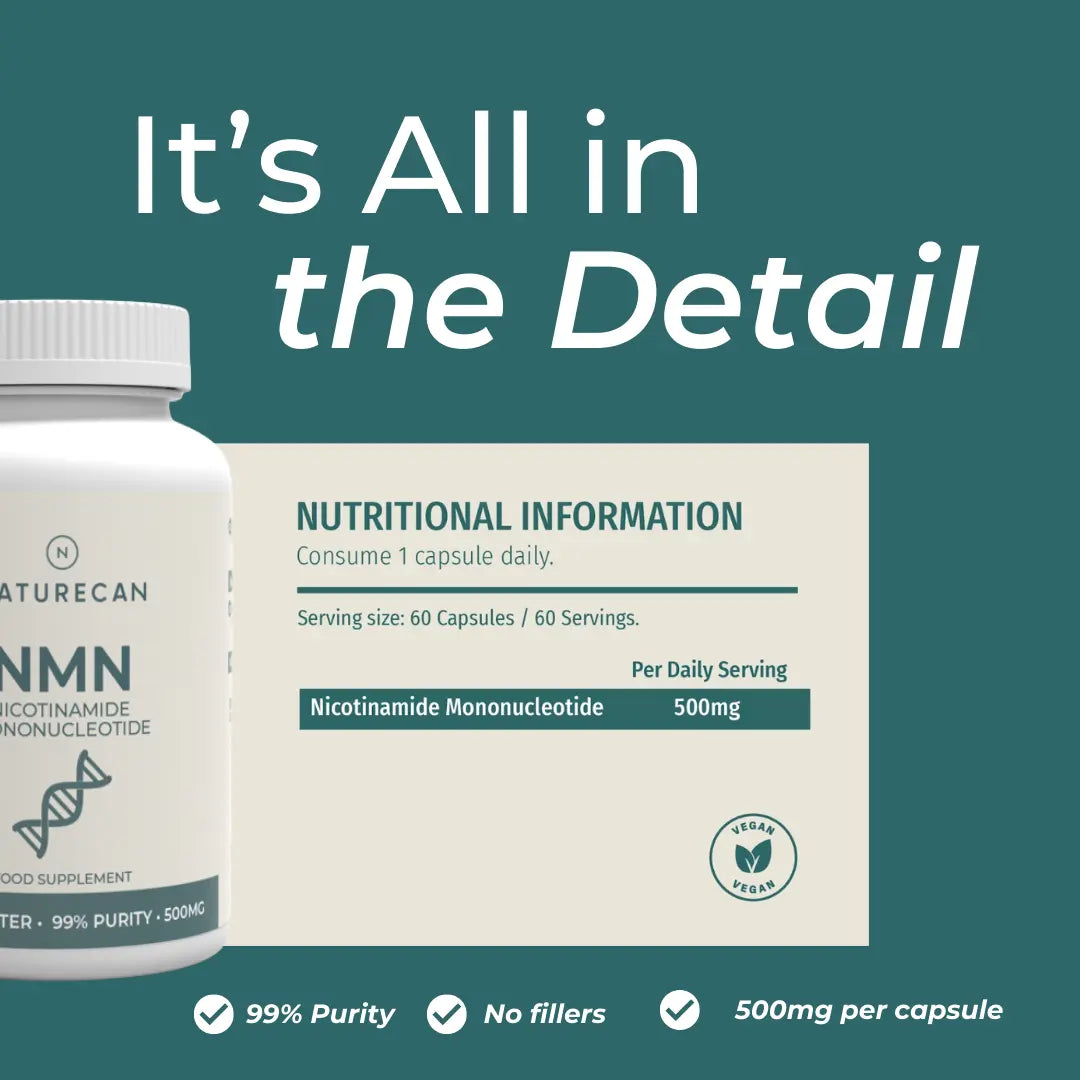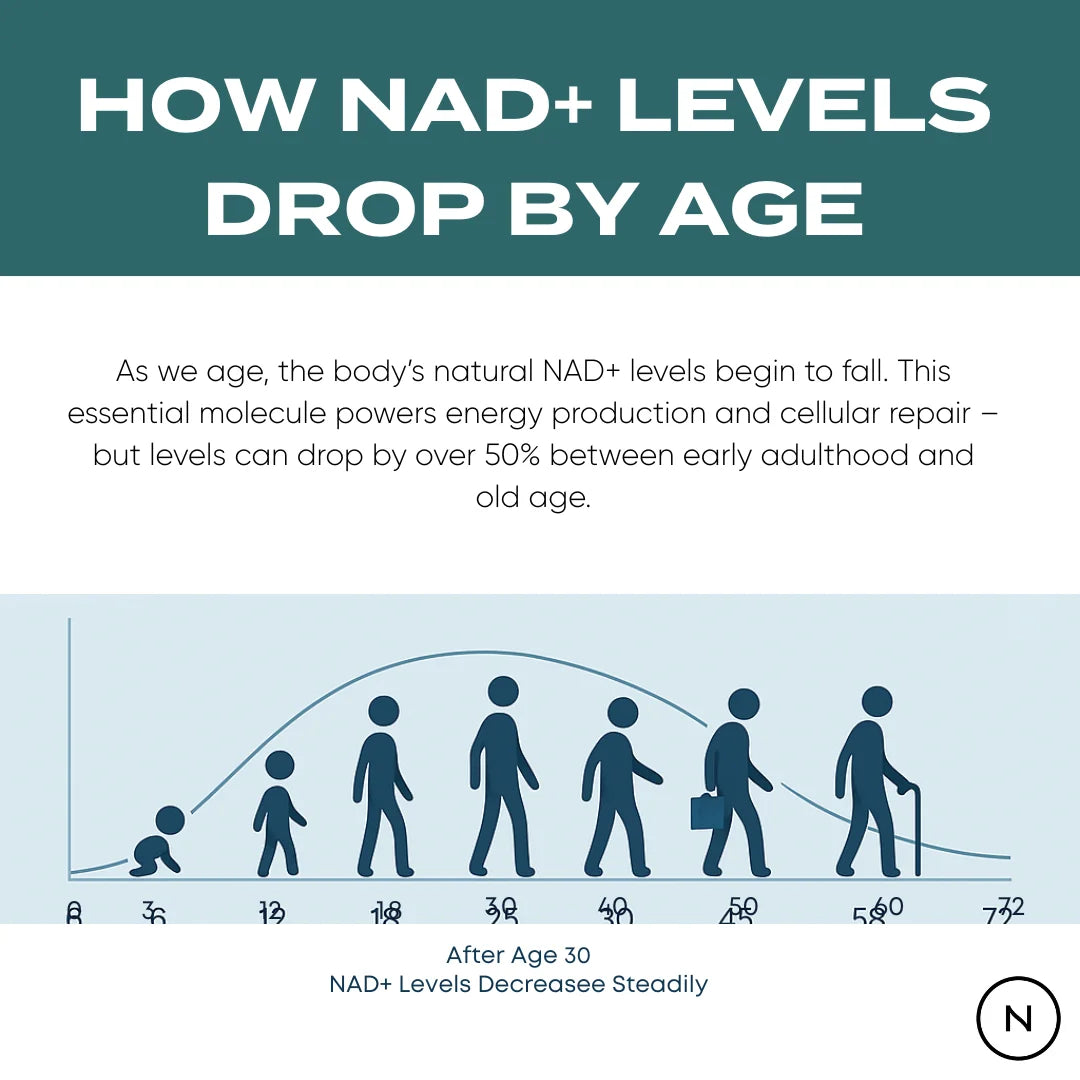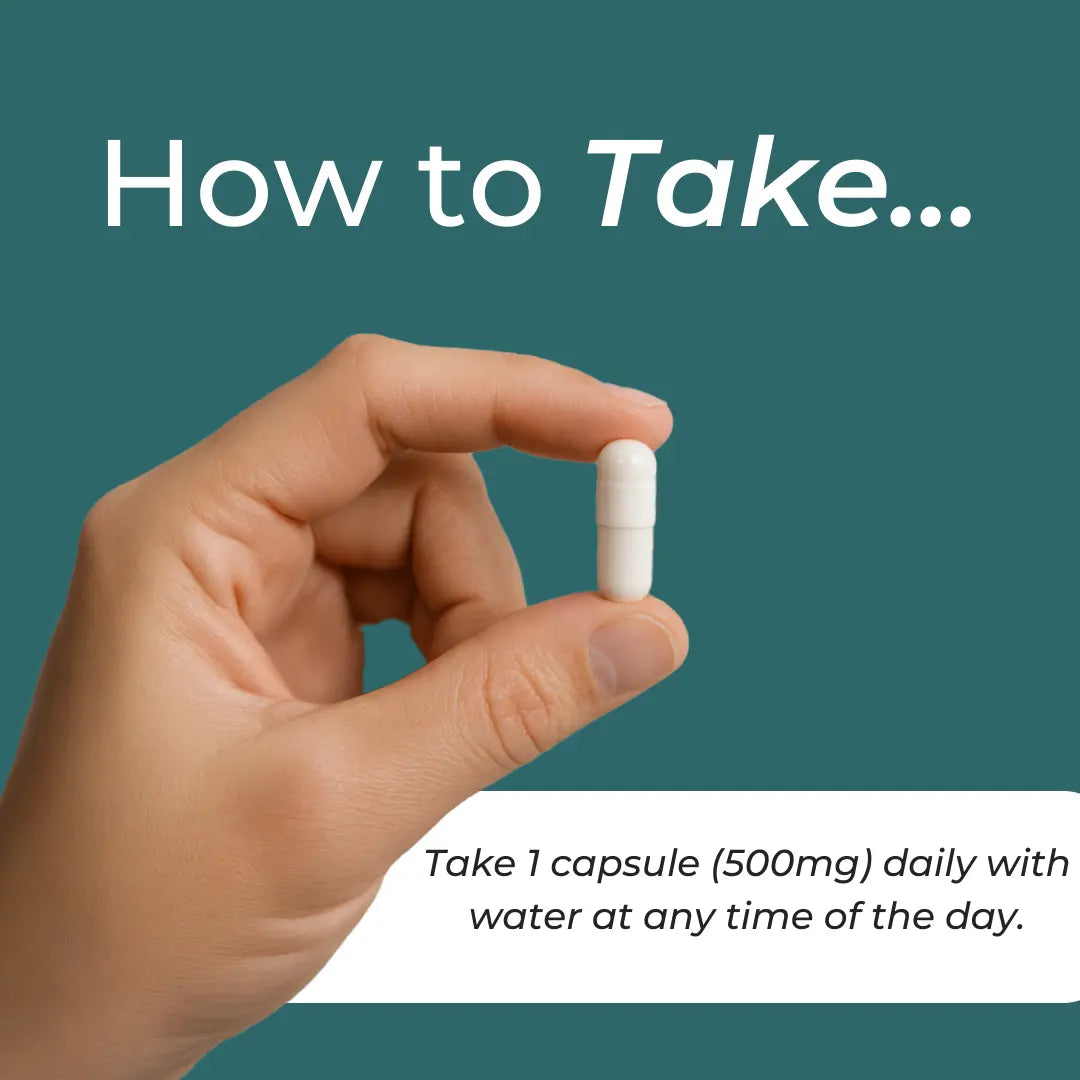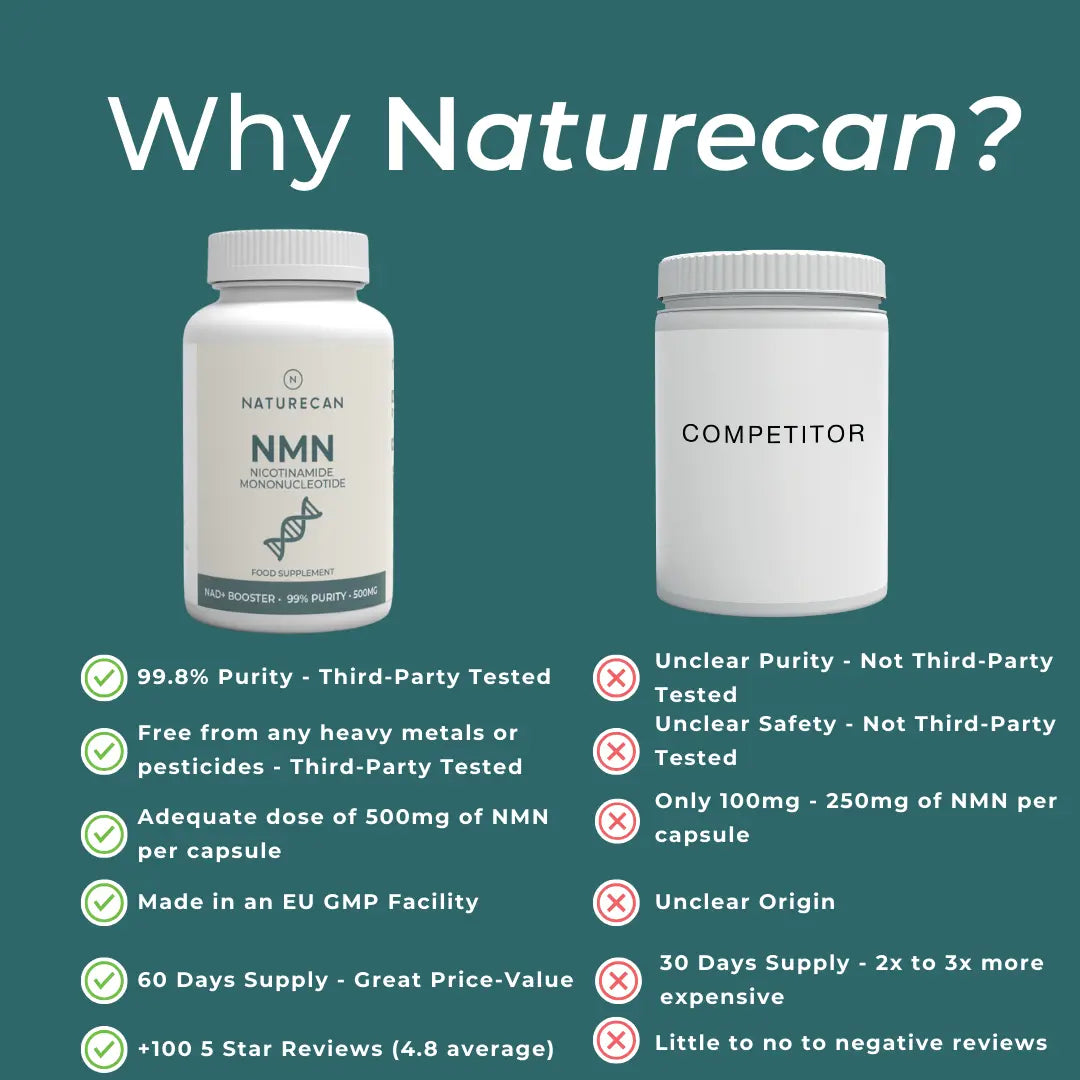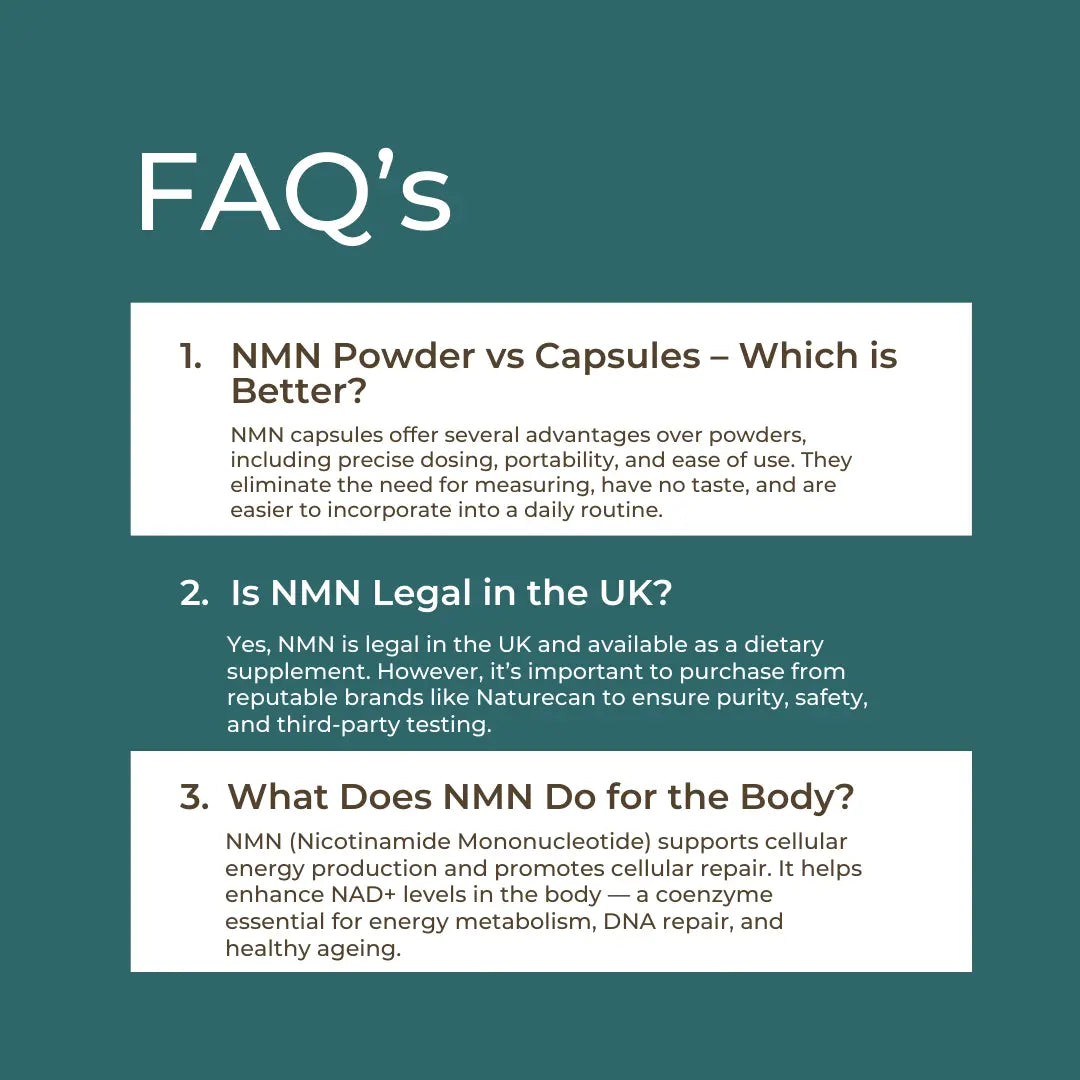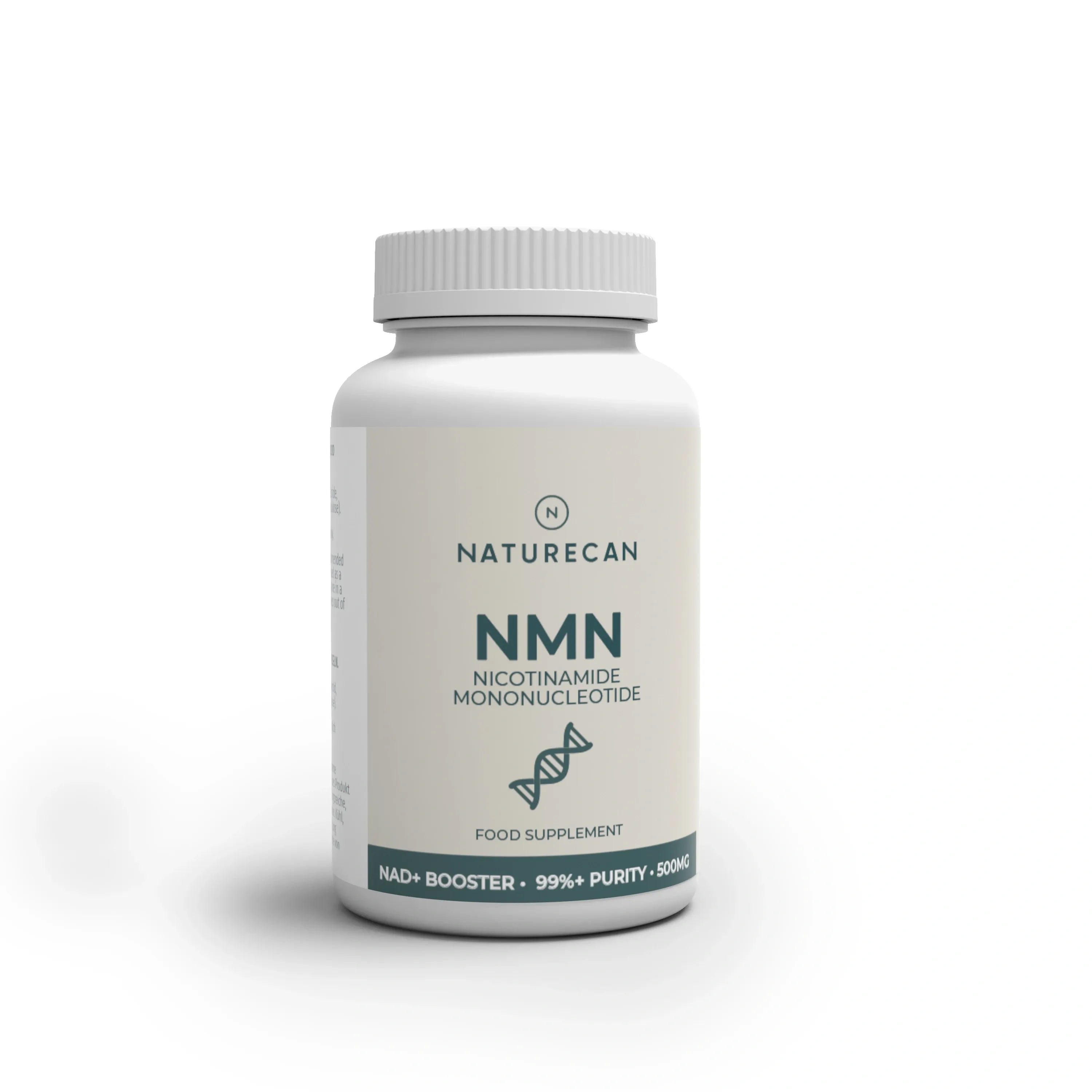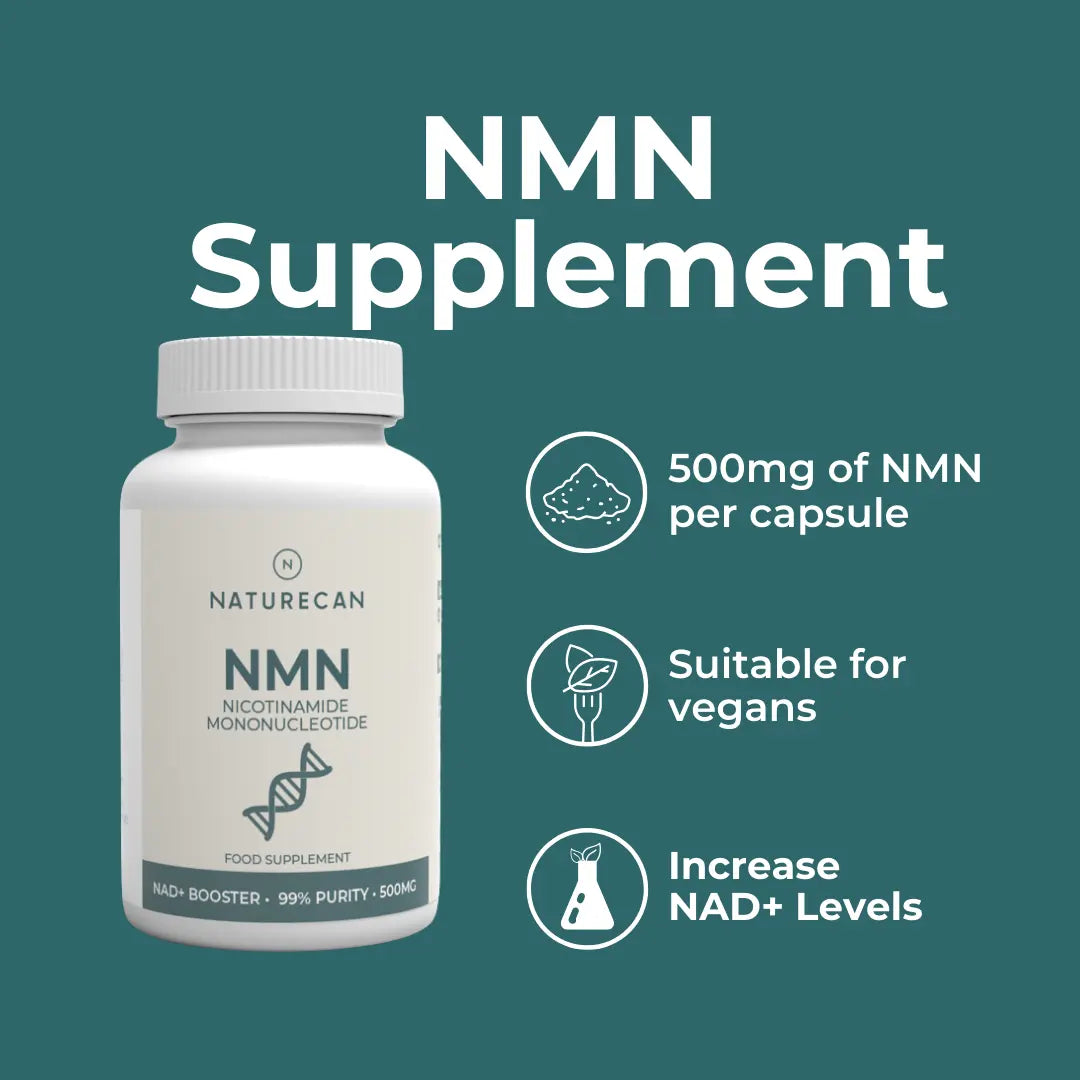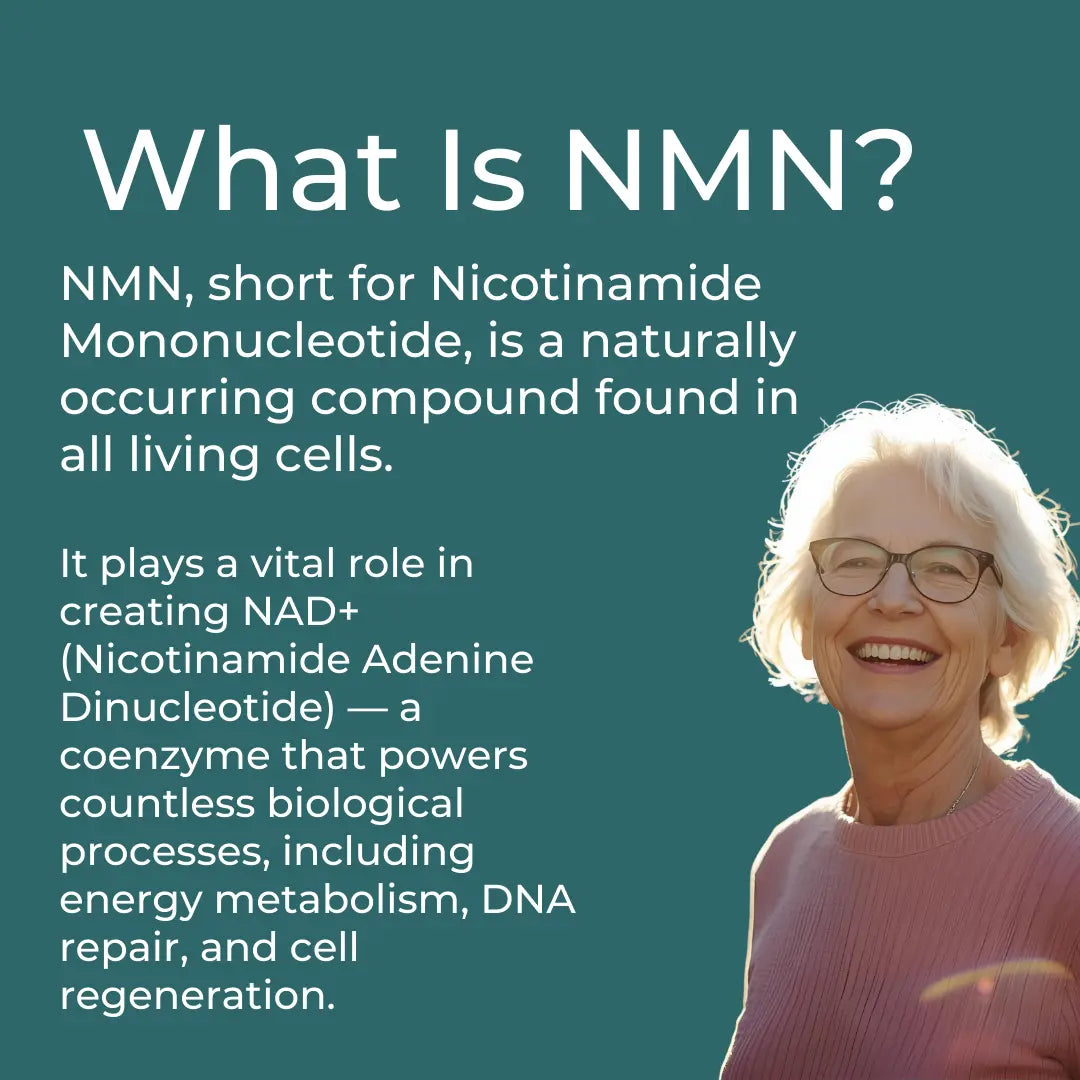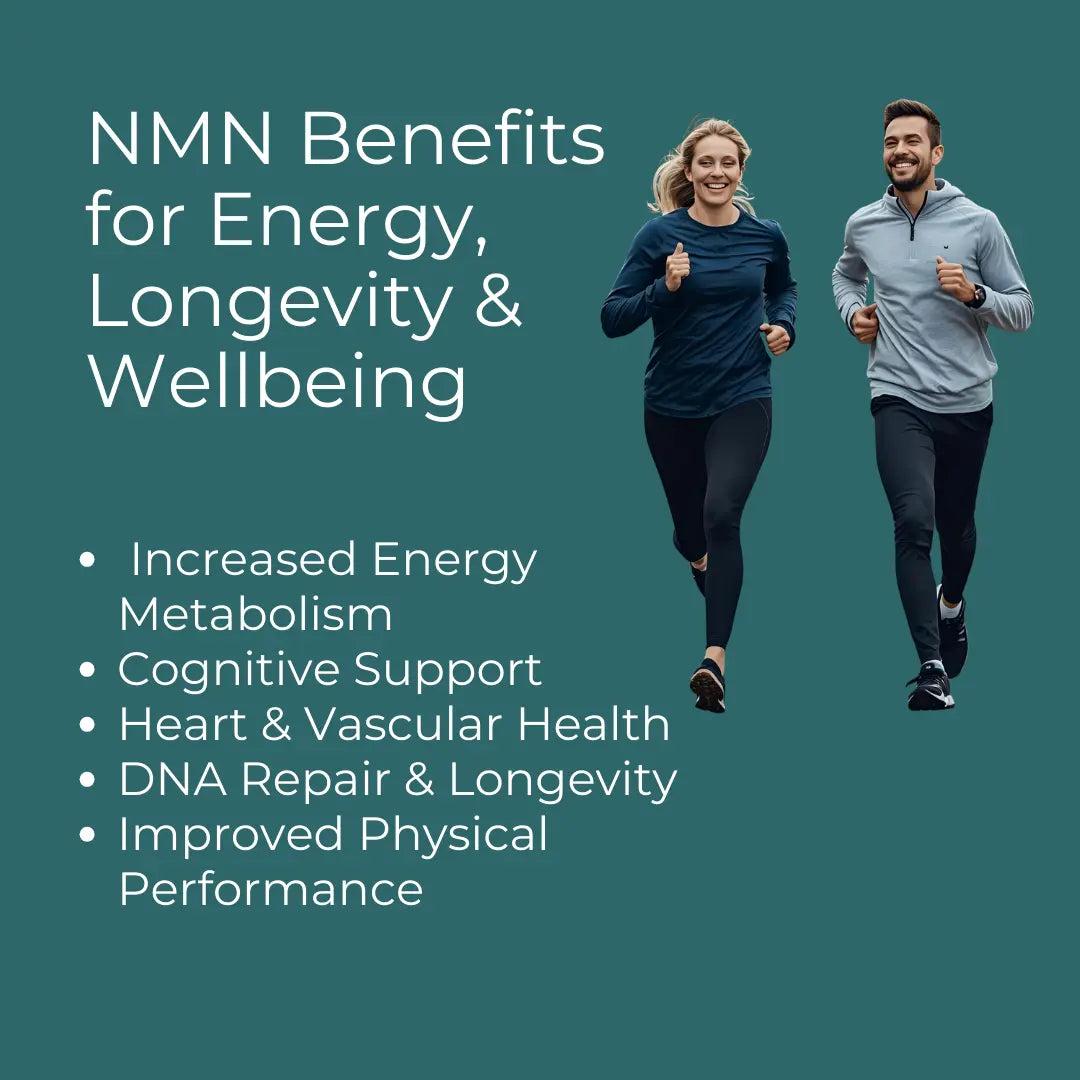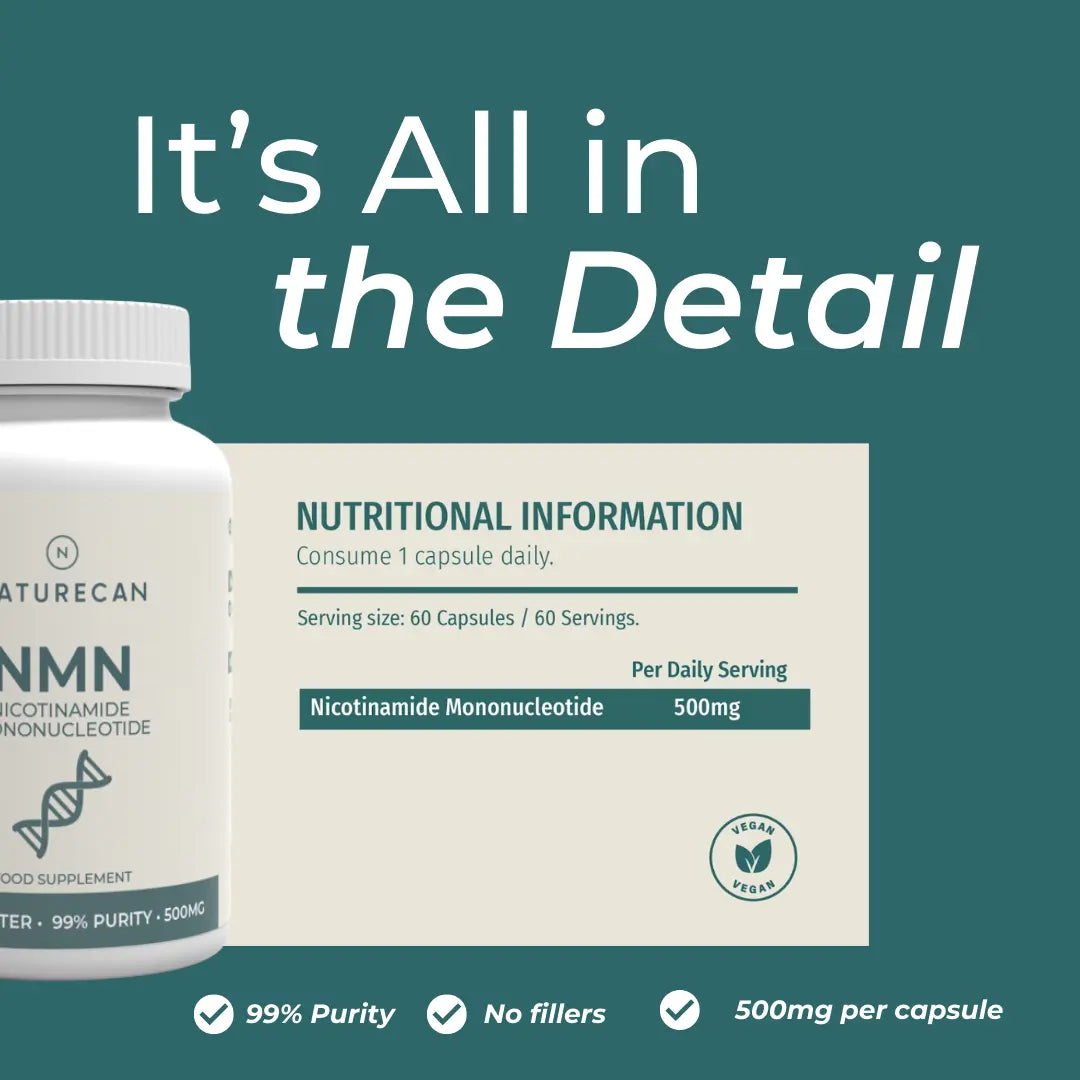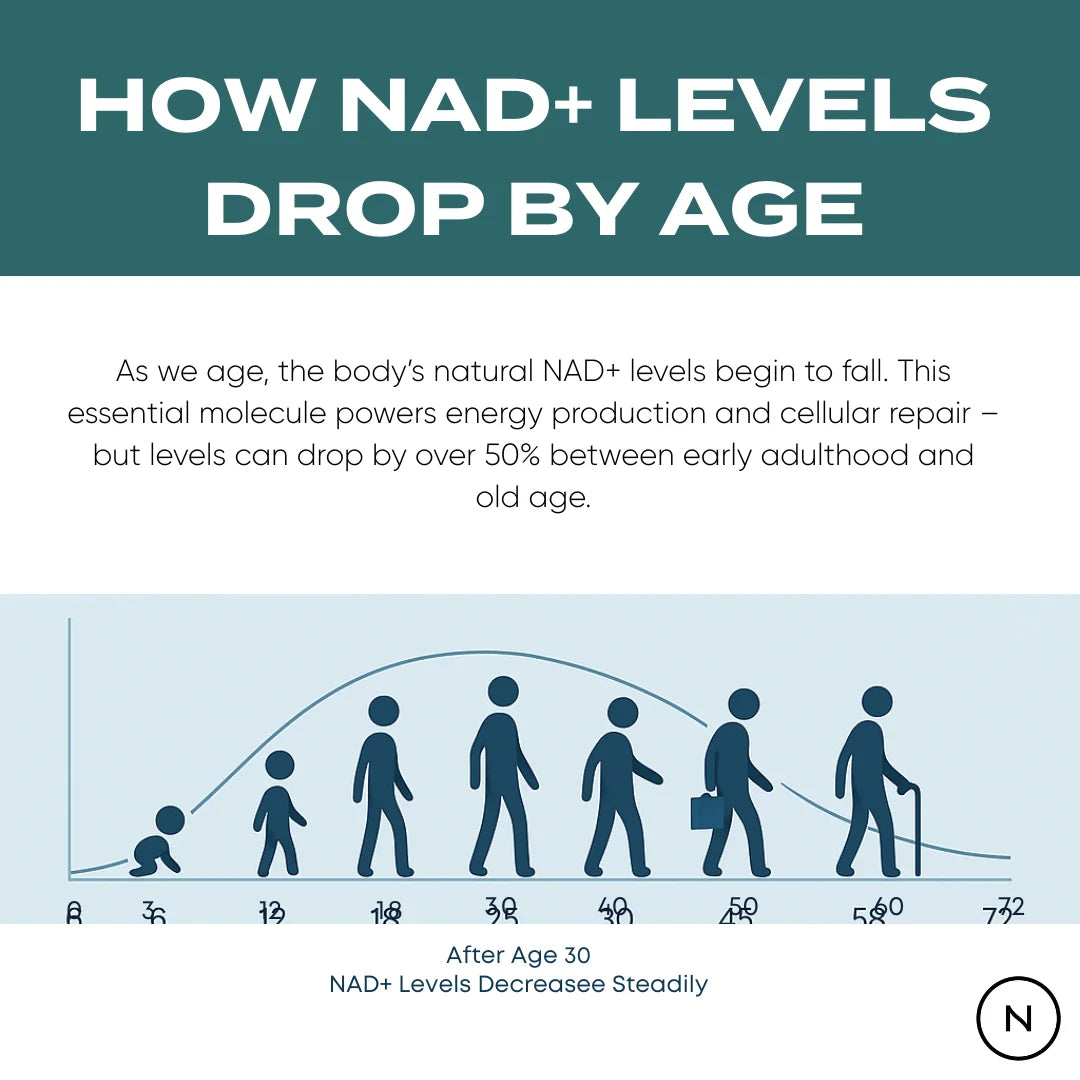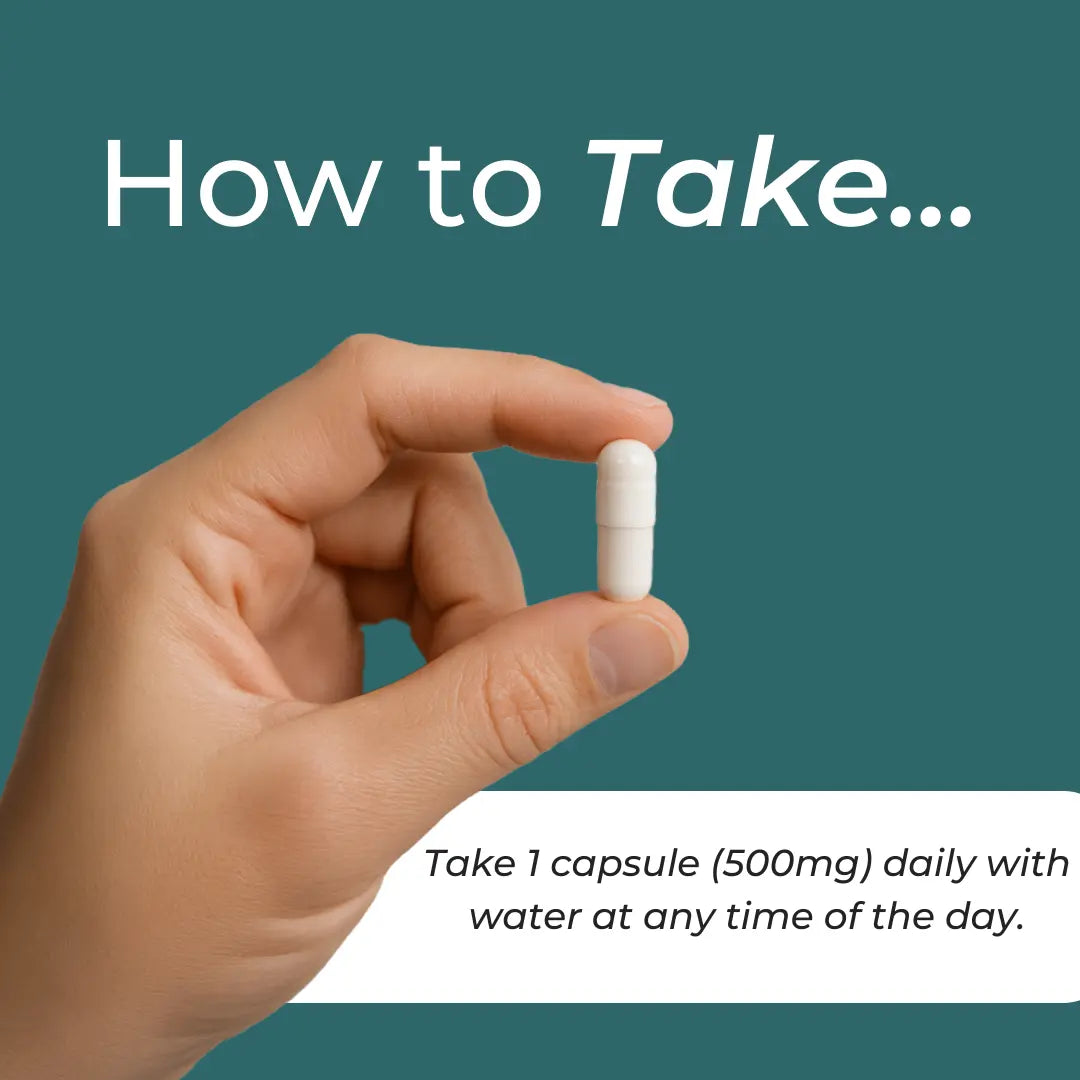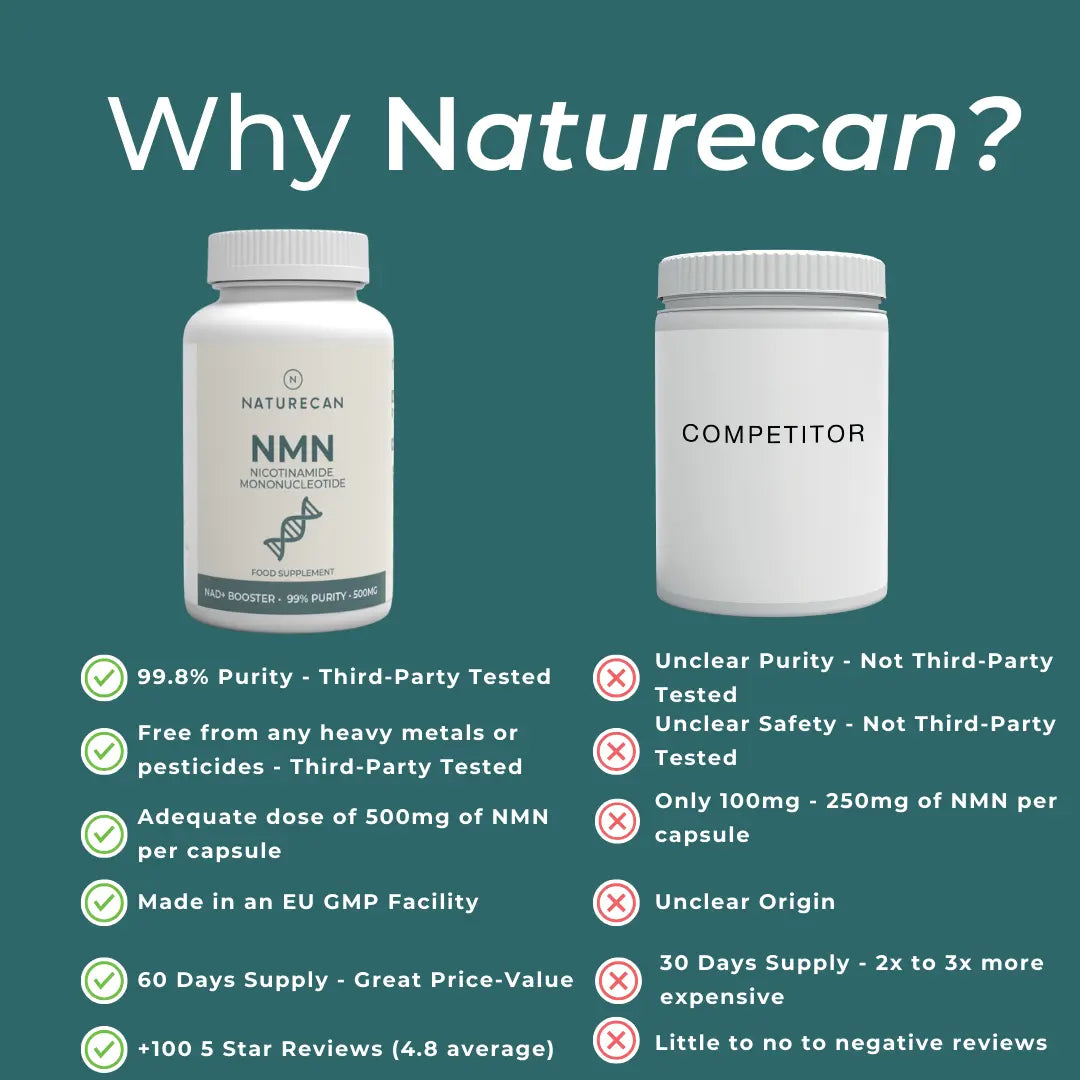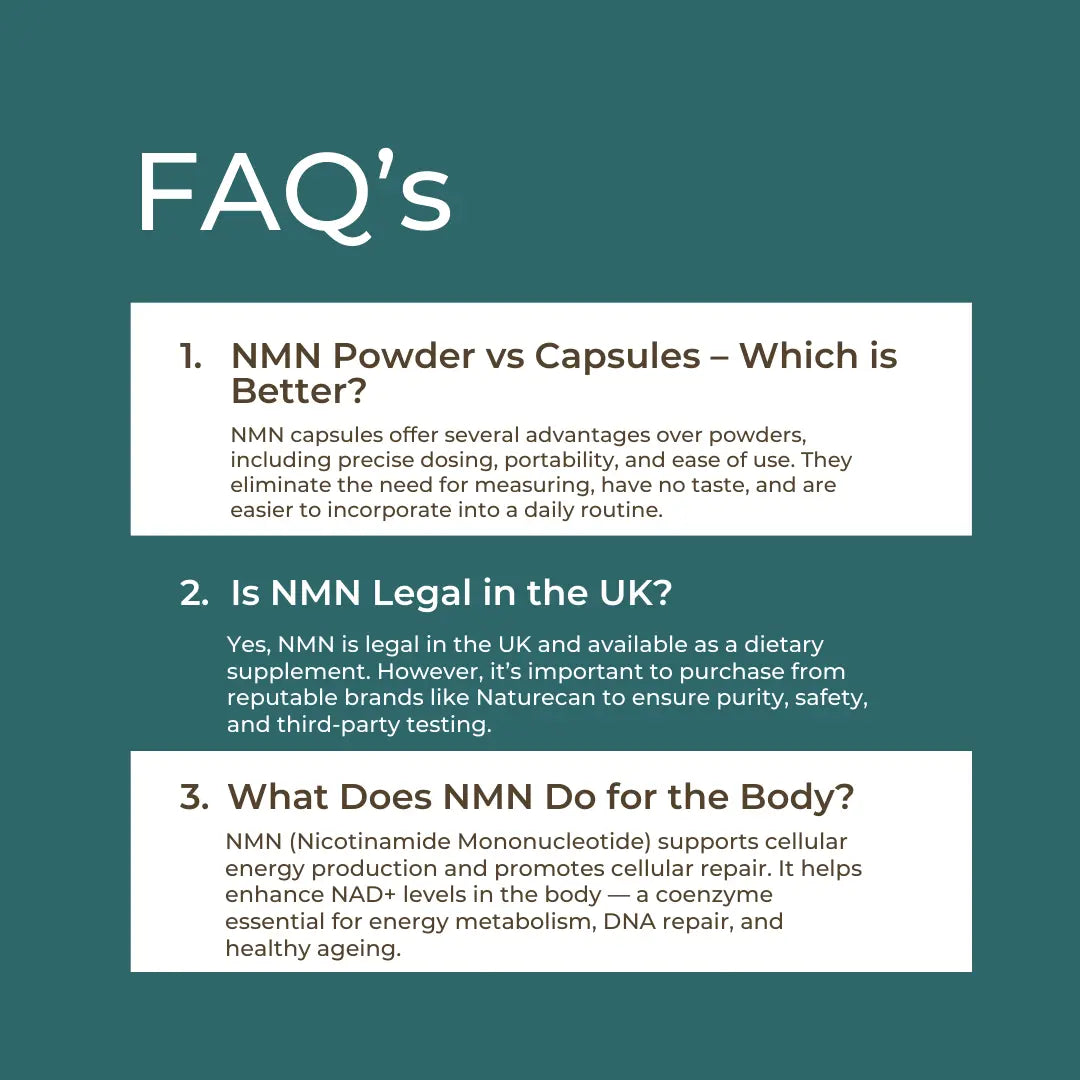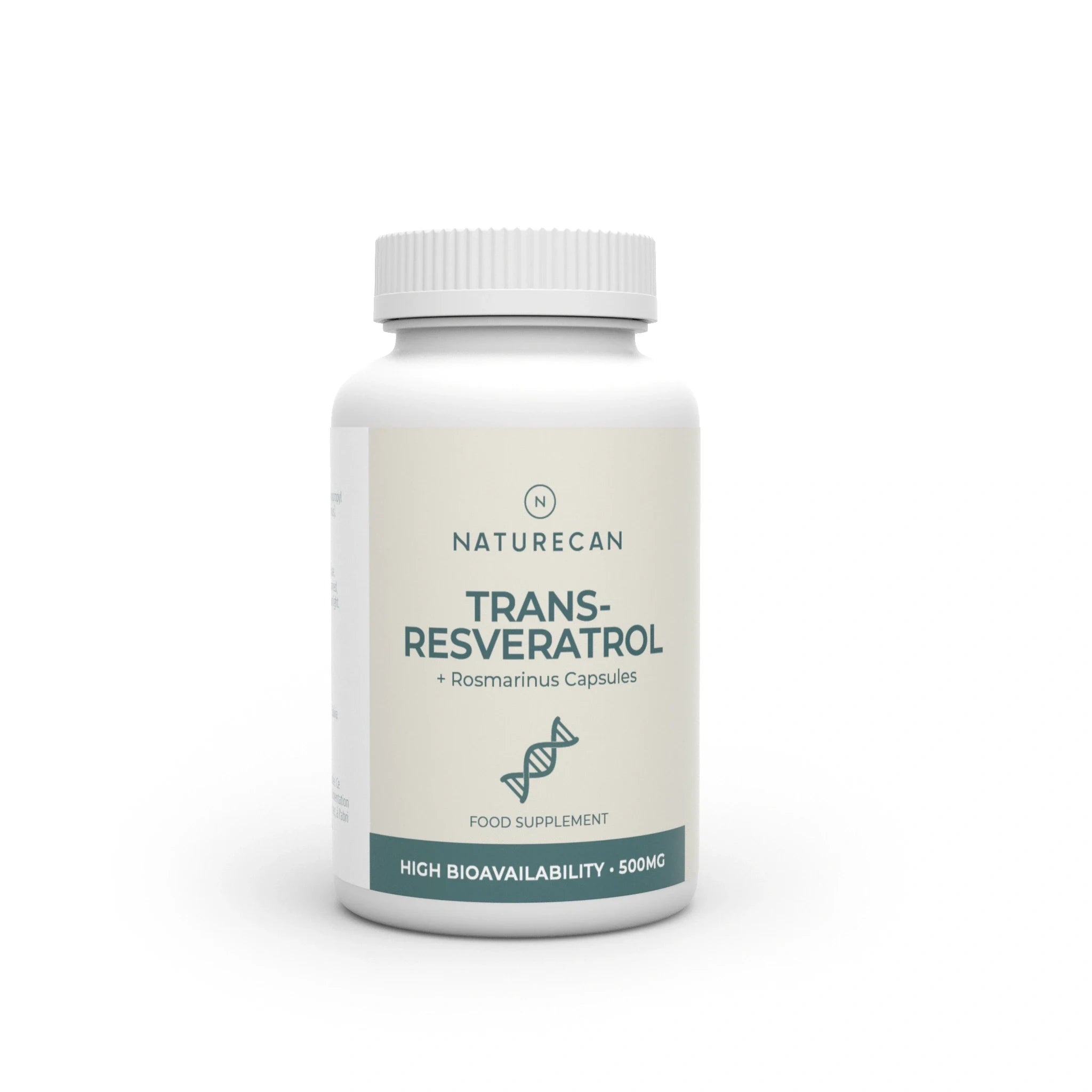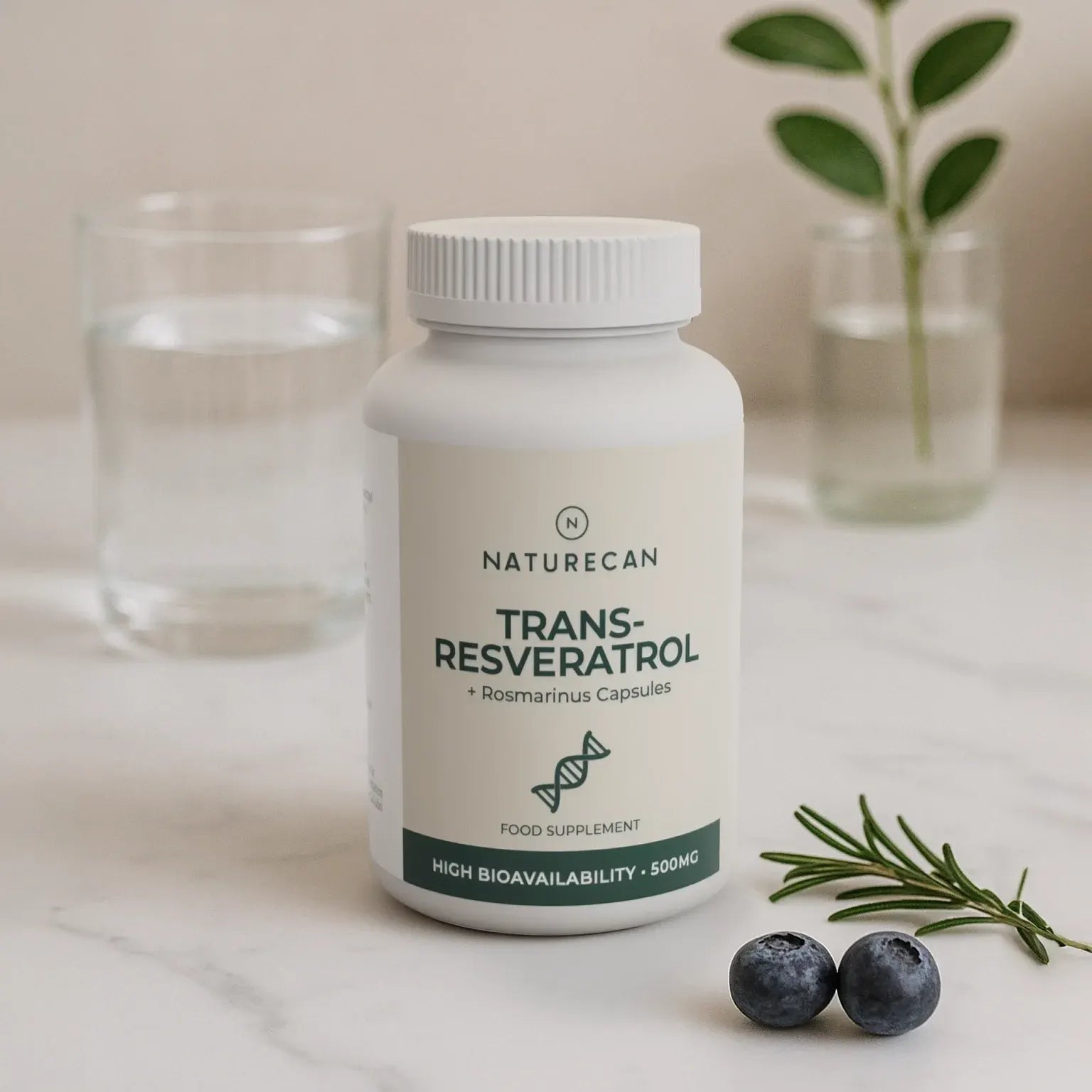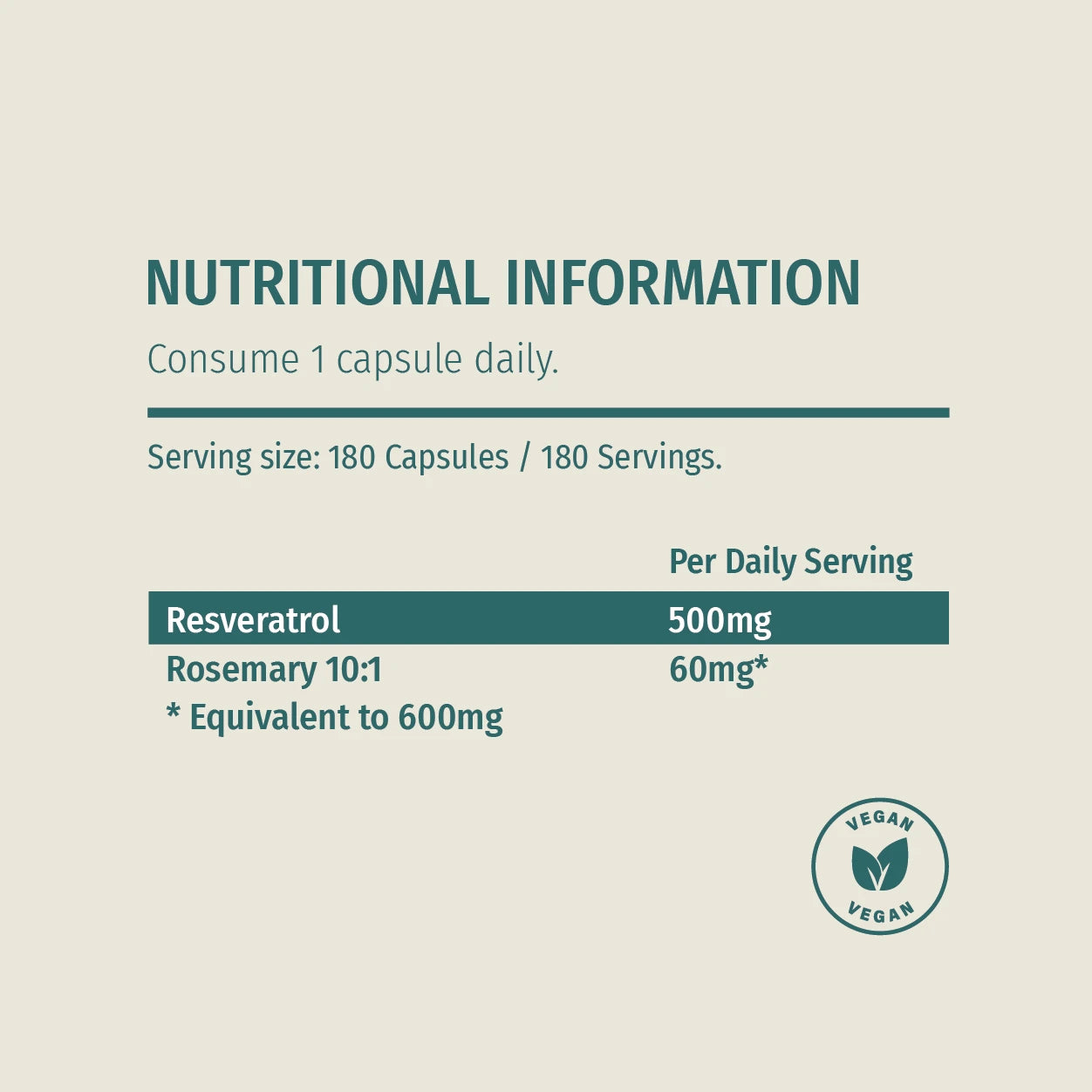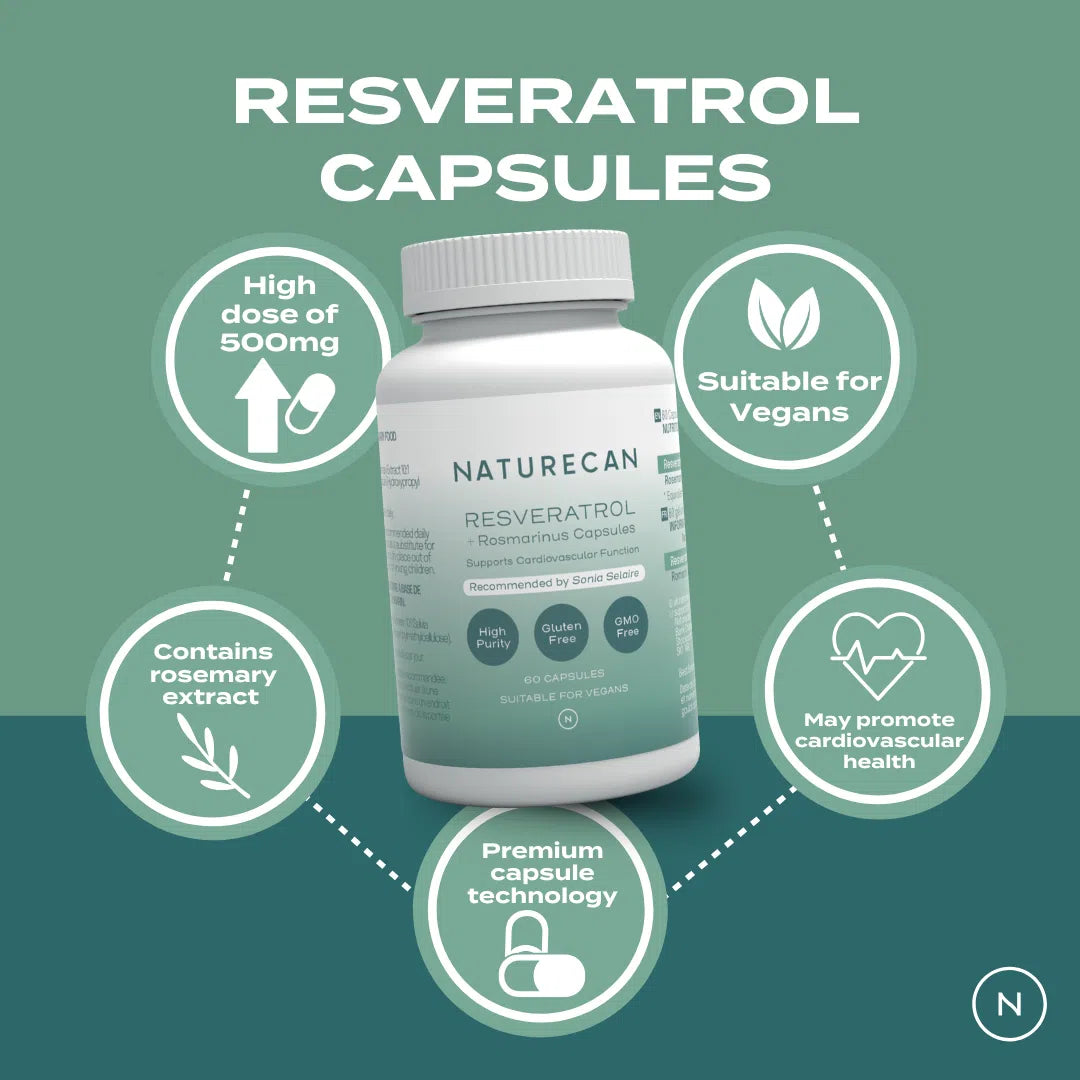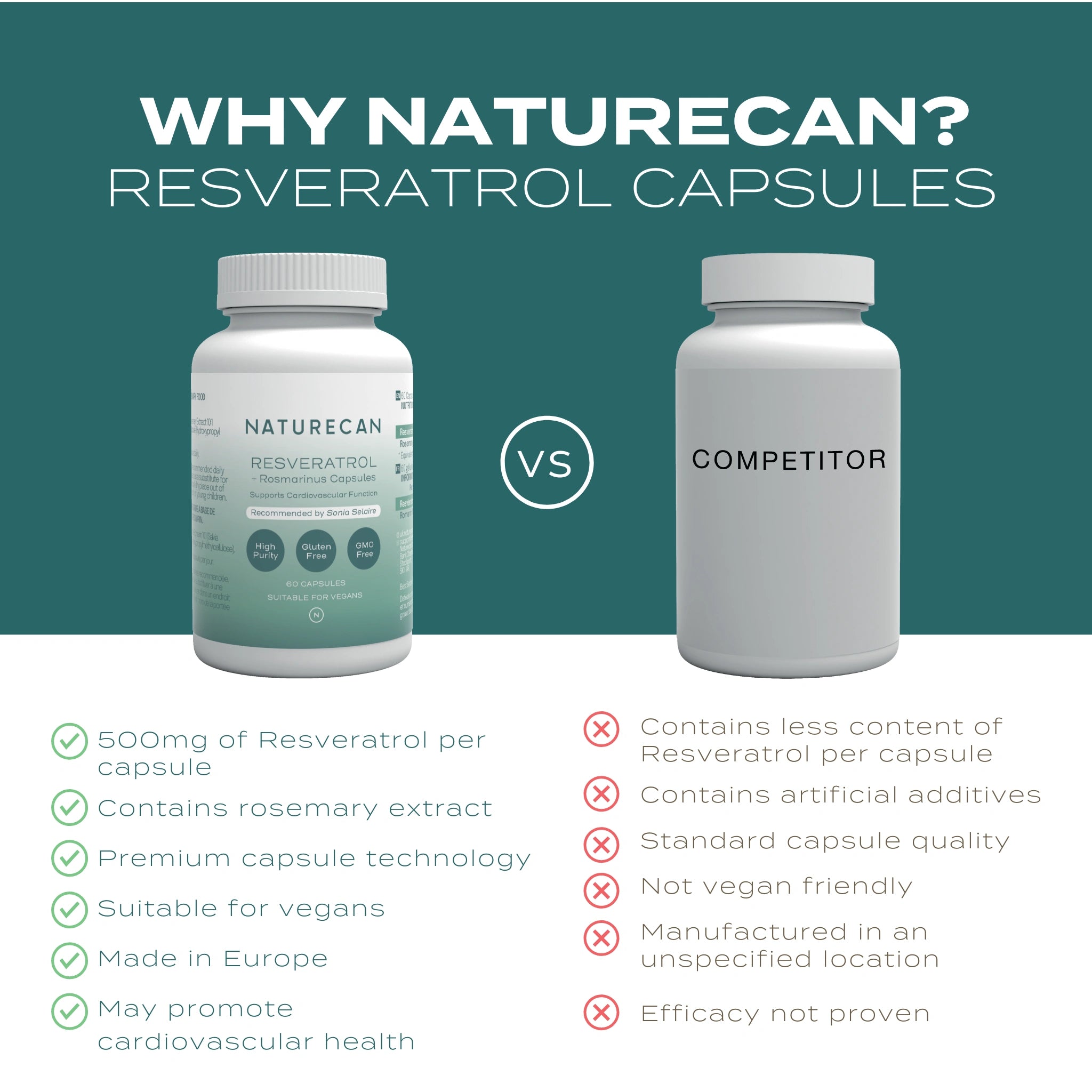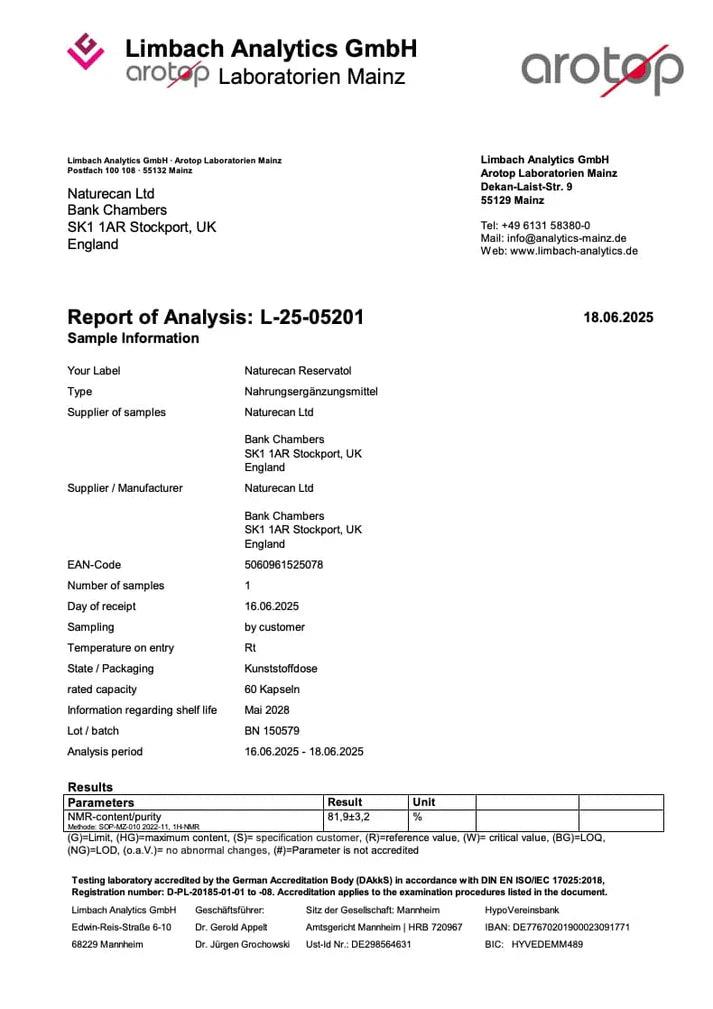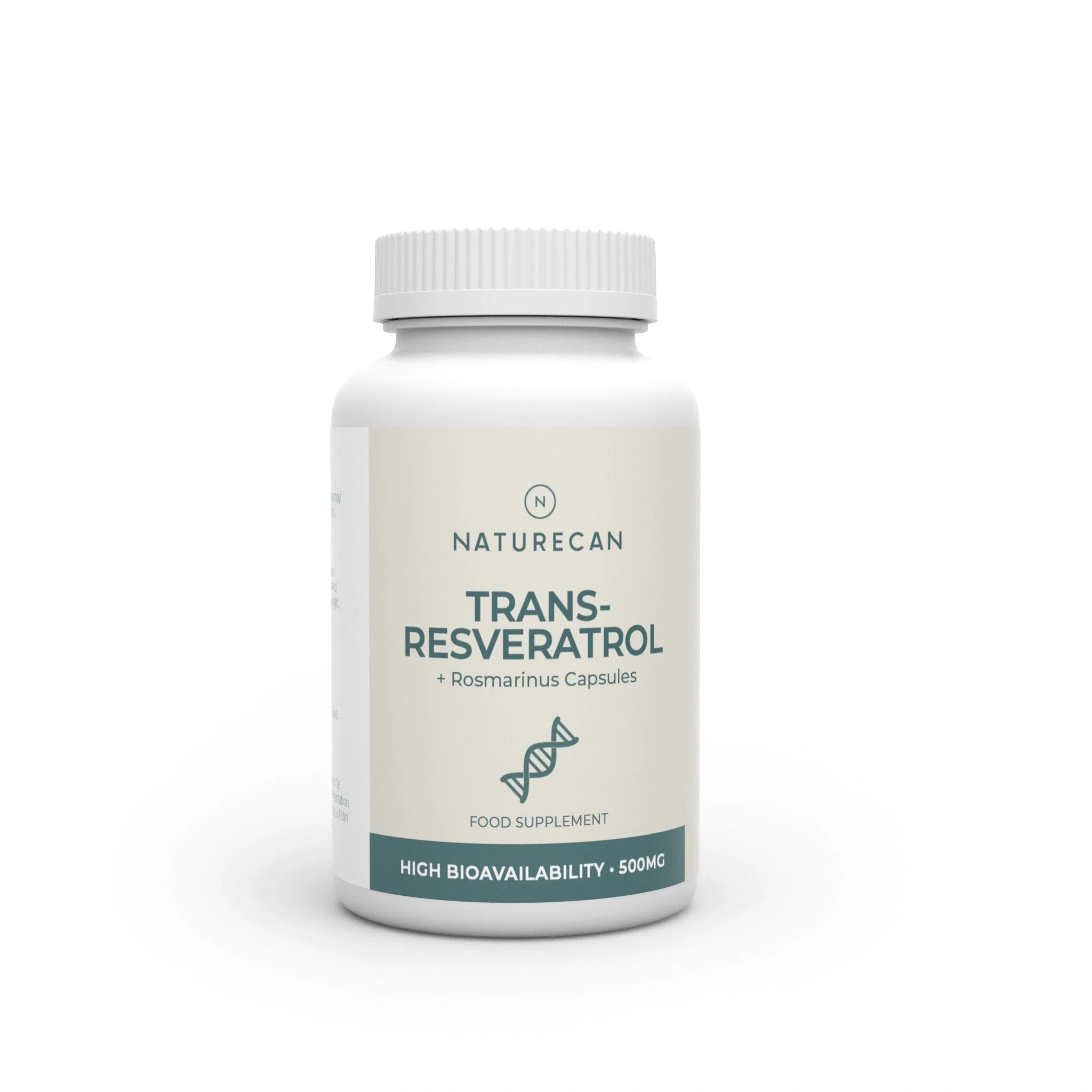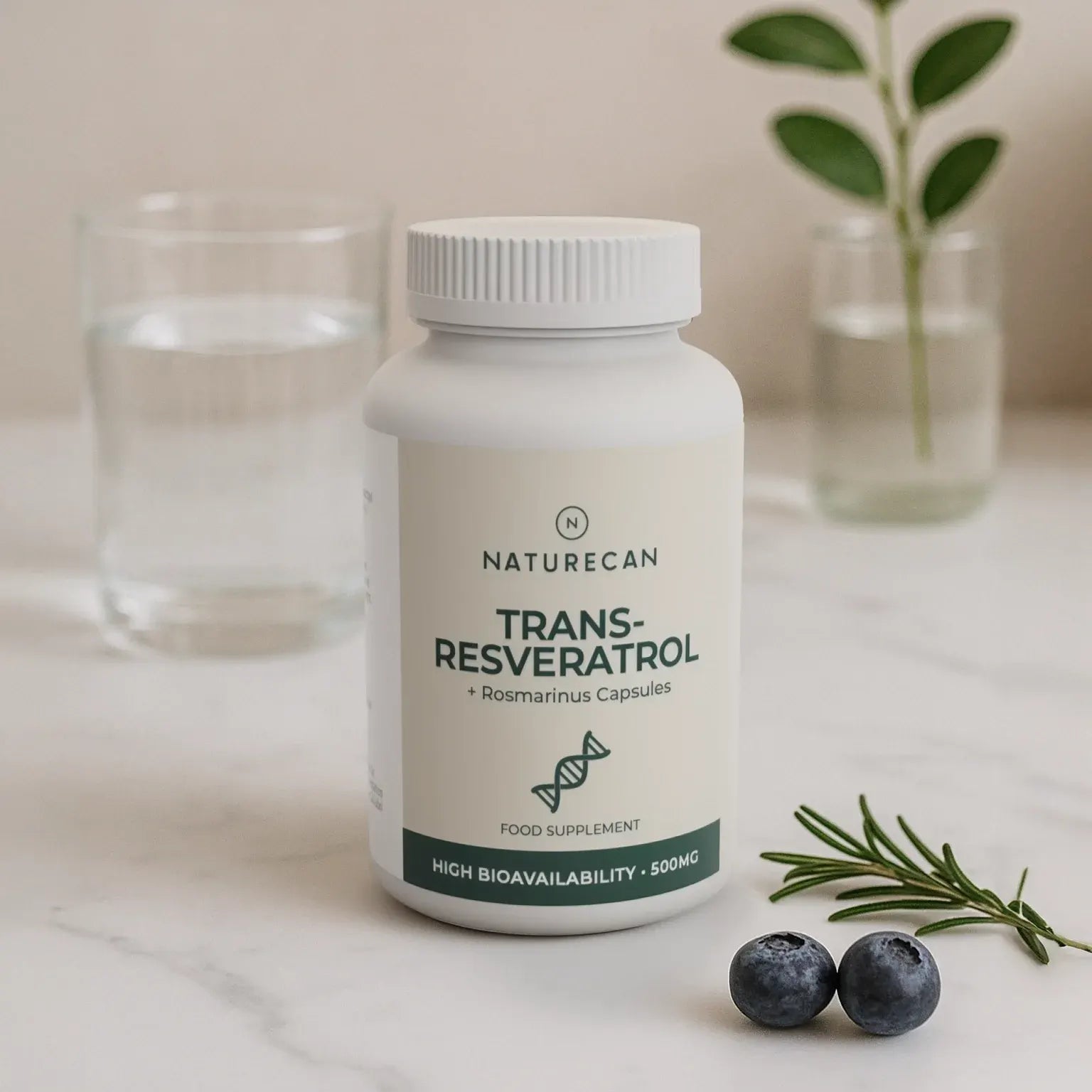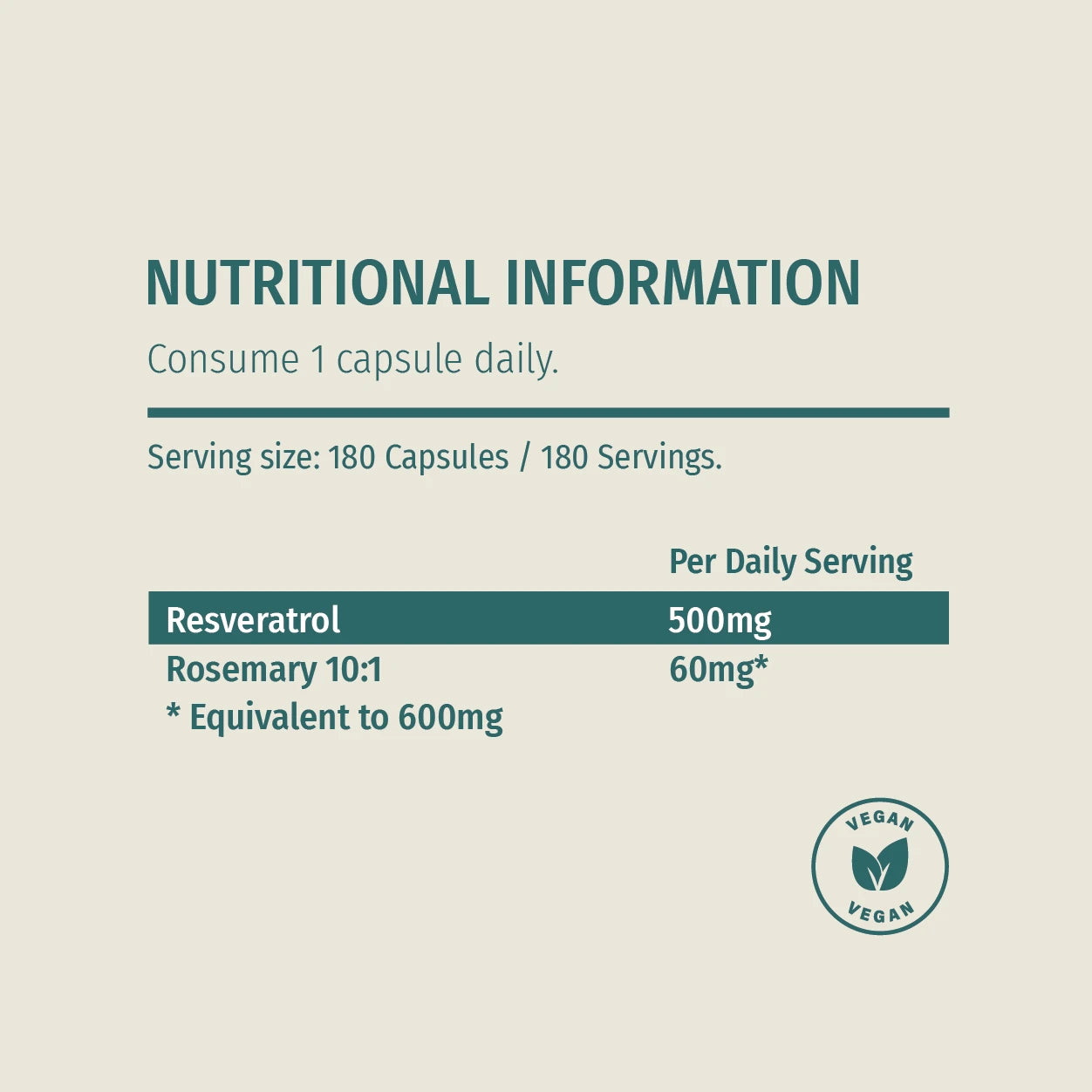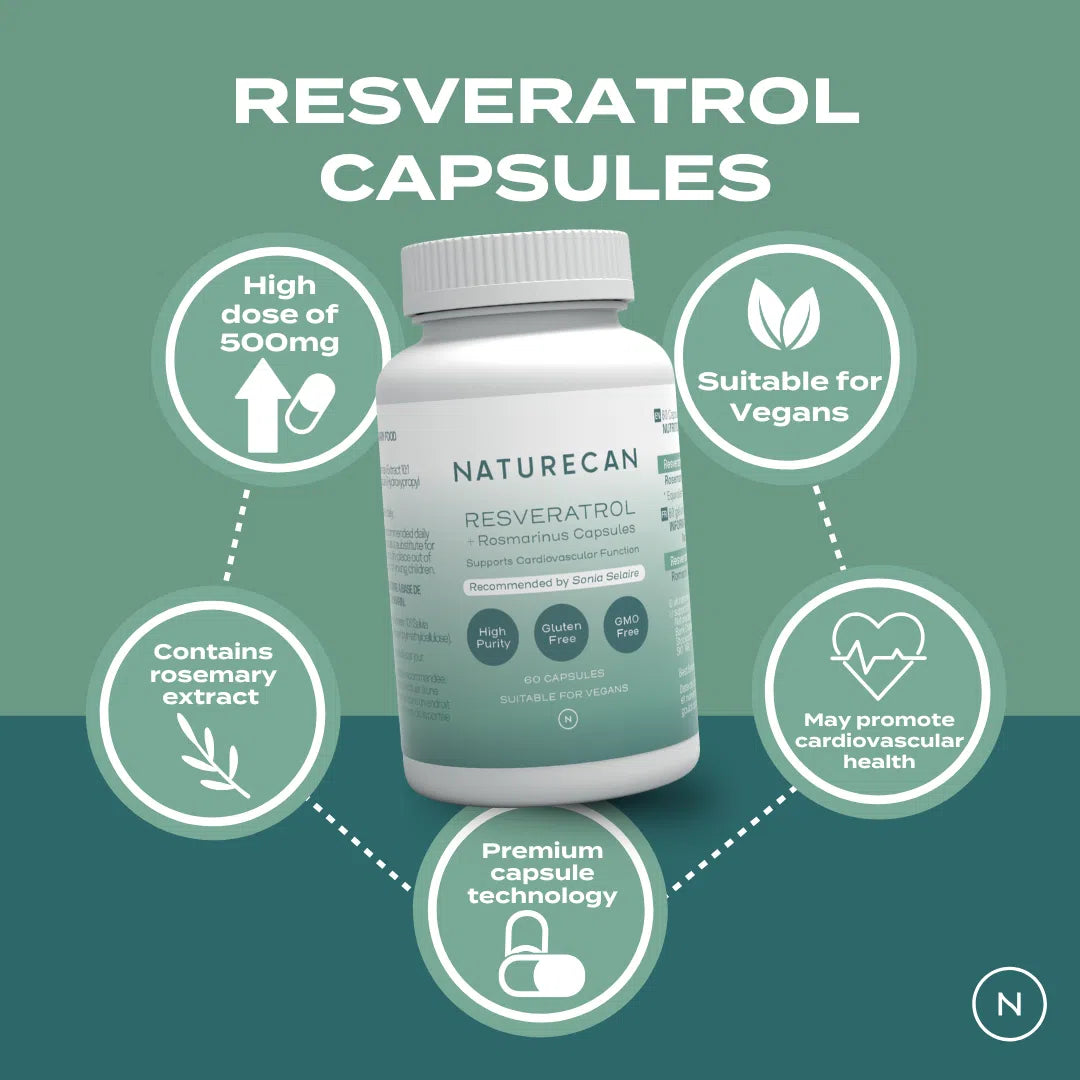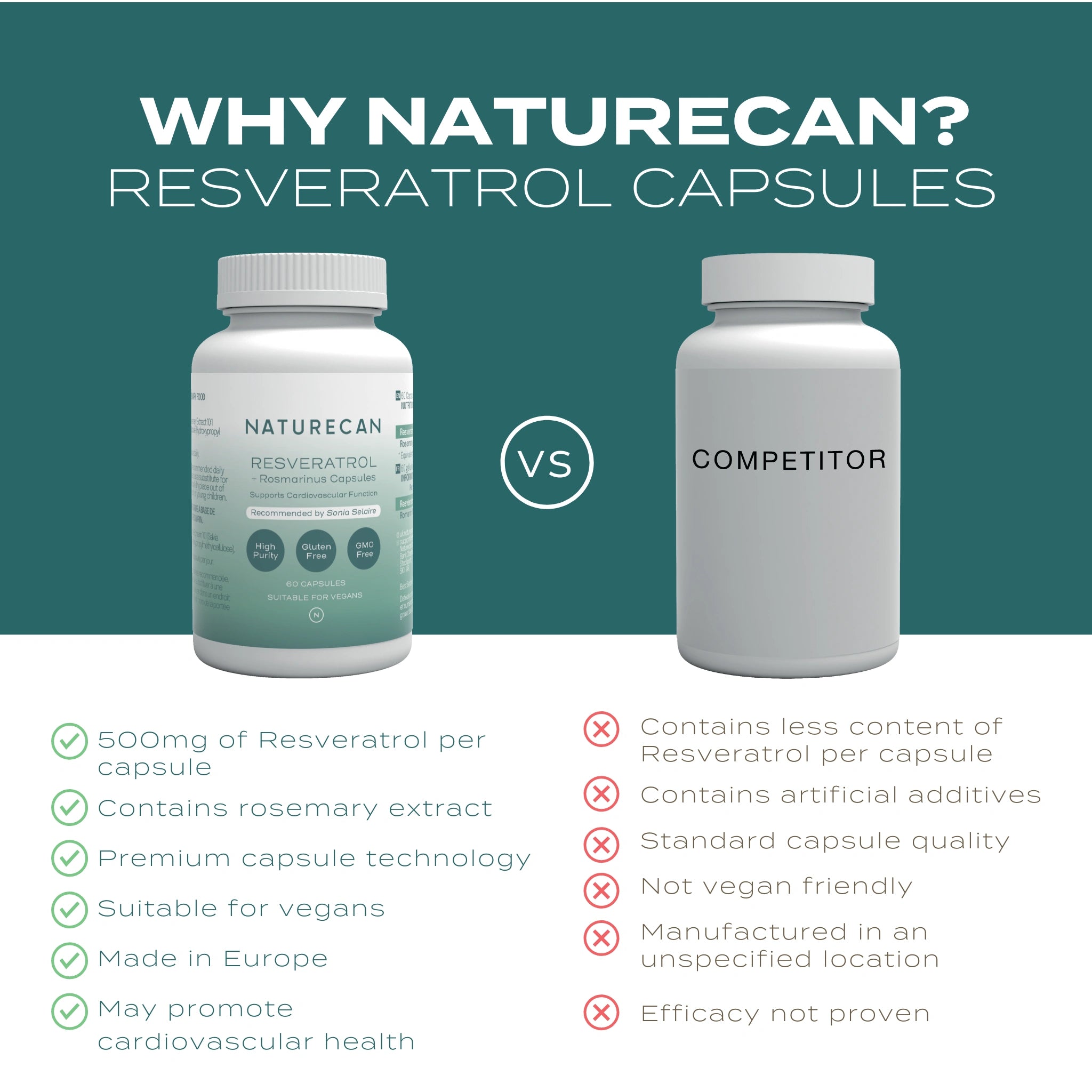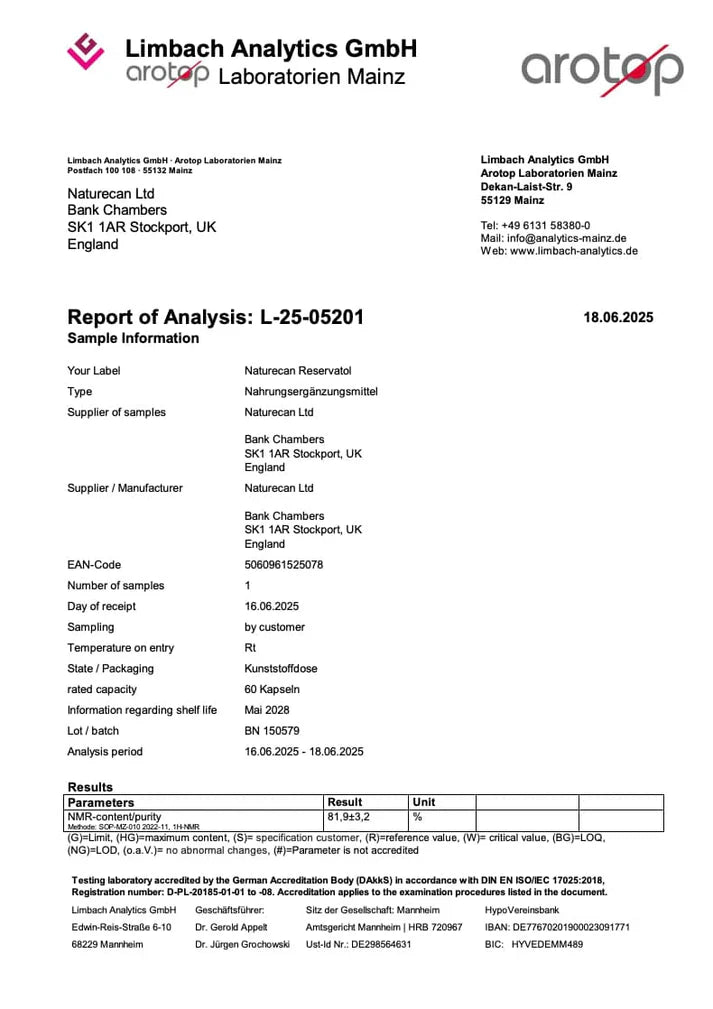Longevity Glossary
Explore our Longevity Glossary to understand key anti-ageing terms, supplements, and science—empowering you to live longer and feel better, naturally.
Longevity Glossary
Your Essential Guide to Living Longer, Healthier and Better
Welcome to the Longevity Glossary – your go-to resource for understanding the science and lifestyle strategies behind a longer, healthier life.
Whether you're just starting your wellness journey or you're a seasoned biohacker, this glossary is designed to help you make sense of the latest longevity research, supplements, and lifestyle trends – all in clear, accessible language.
Face Age Calculator –
How Young Do You Really Look?
Ever wondered, “How old do I look?” or “What age do I look?” With our AI-powered Face Age Calculator, you can find out instantly!
This advanced tool uses facial scan technology to estimate your face age based on skin texture, fine lines, and other ageing markers.
Longevity Glossary
Your Essential Guide to Living Longer, Healthier and BetterWelcome to the Longevity Glossary – your go-to resource for understanding the science and lifestyle strategies behind a longer, healthier life.
Whether you're just starting your wellness journey or you're a seasoned biohacker, this glossary is designed to help you make sense of the latest longevity research, supplements, and lifestyle trends – all in clear, accessible language.
What Is Longevity?
Longevity isn’t just about living longer – it’s about living better for longer. From cellular health to nutrition, sleep, stress, and exercise, longevity science focuses on extending your healthspan – the number of years you live in good health – not just your lifespan.
At Naturecan, we're passionate about empowering you with the tools and knowledge to support your body and mind for the long run. This glossary brings clarity to the most important concepts, terms, and compounds in the world of longevity and anti-ageing.
How to Use This Glossary
- Explore key terms – Understand the science behind longevity in plain English.
- Discover functional ingredients – Learn about natural compounds like NMN, Berberine, and Shilajit.
- Facial symmetry and structure
- Empower your choices – Make informed decisions about the supplements and habits that support a longer life.
Glossary:
A
Featured Supplement:
Apple Cider Vinegar (ACV) Gummies
ACV gummies continue to be a trendsetter for their versatility in promoting health.
Known for their tangy flavour and potential digestive support properties, they’re a popular choice for health-conscious individuals.
Potential Benefits:
- May support weight management (7).
- Improve digestion (8).
- Could promote healthy skin (9).
B
Featured Supplement:
Berberine
Discover Naturecan’s brand-new Berberine Capsules! Formulated with improved wellness in mind, these high-quality supplements can help with maintaining normal cholesterol levels, and may promote longevity.
Potential Benefits:
- Supports healthy blood sugar levels
- May improve cholesterol levels
- Vegan
- 500mg per capsule
- 2 month supply
C
Featured Supplement:
Collagen
Now available in 2 new collagen flavours; Apple and Strawberry - Don’t forget to try Limited Edition Flavours: Caramel, Chocolate, and Vanilla. Available in Sachets, crafted for convenience!
Potential Benefits:
- 300g, 600g & 900g premium collagen peptides in multiple flavours or unflavoured
- 2 New 2025 Flavours - Apple and Strawberry
- Scientifically supportive ingredients
- Also contains Vitamin C, Zinc and Copper
D
E
The Longevity Guide: Everything You Need to Know About Longevity


This is our complete beginner's guide to Longevity. We explain what it is, what studies are available, where it comes from, what it is used for, and a few other facts you may not know.
F
G
H
L
Featured Supplement:
NMN
We are excited to announce the addition of our high purity NMN Supplement (nicotinamide mononucleotide) to our Naturecan range! Designed to support overall health and well-being, incorporating our pure NMN supplement into your daily regimen is an excellent choice for anyone looking to enhance their wellness and longevity journey.
Potential Benefits:
- 500mg of NMN (Nicotinamide mononucleotide) per capsule
- Premium capsule technology
- May increase lifespan
- NAD+ Booster
O
P
Q
R
Featured Supplement:
Resveratrol
Quercetin is one of the keys to longevity, as it acts as a powerful antioxidant and potential anti-inflammatory flavonoid that may support your immune system and overall well-being.
Quercetin supplements may help increase your daily dosage of required antioxidants, help neutralise free radicals, reduce oxidative stress, and promote a healthy inflammatory response.
Potential Benefits:
- 400mg Quercetin per serving
- Suitable for vegans
- May support longevity
- May support physical performance
- Made in Europe
- 60 servings of premium Quercetin
S
T
U
V
X
Y
Z

What is NMN and Its Potential Longevity Effects?
This article dives into the fundamentals of what NMN is, its implications for aging, and the burgeoning science behind its potential health benefits.
Read Article
17 ways on how to reduce Glucose in blood sugar levels
Are you seeking effective strategies to manage and reduce your blood sugar levels? This article provides 17 techniques for controlling glucose in the blood.
Read Article
Top Longevity Trends in 2025: What’s Worth Your Time?
Explore the top longevity trends for 2025, from NAD+ supplements and biohacking to wellness tourism and AI health tracking. Learn how to live a longer, healthier life.
Read Article